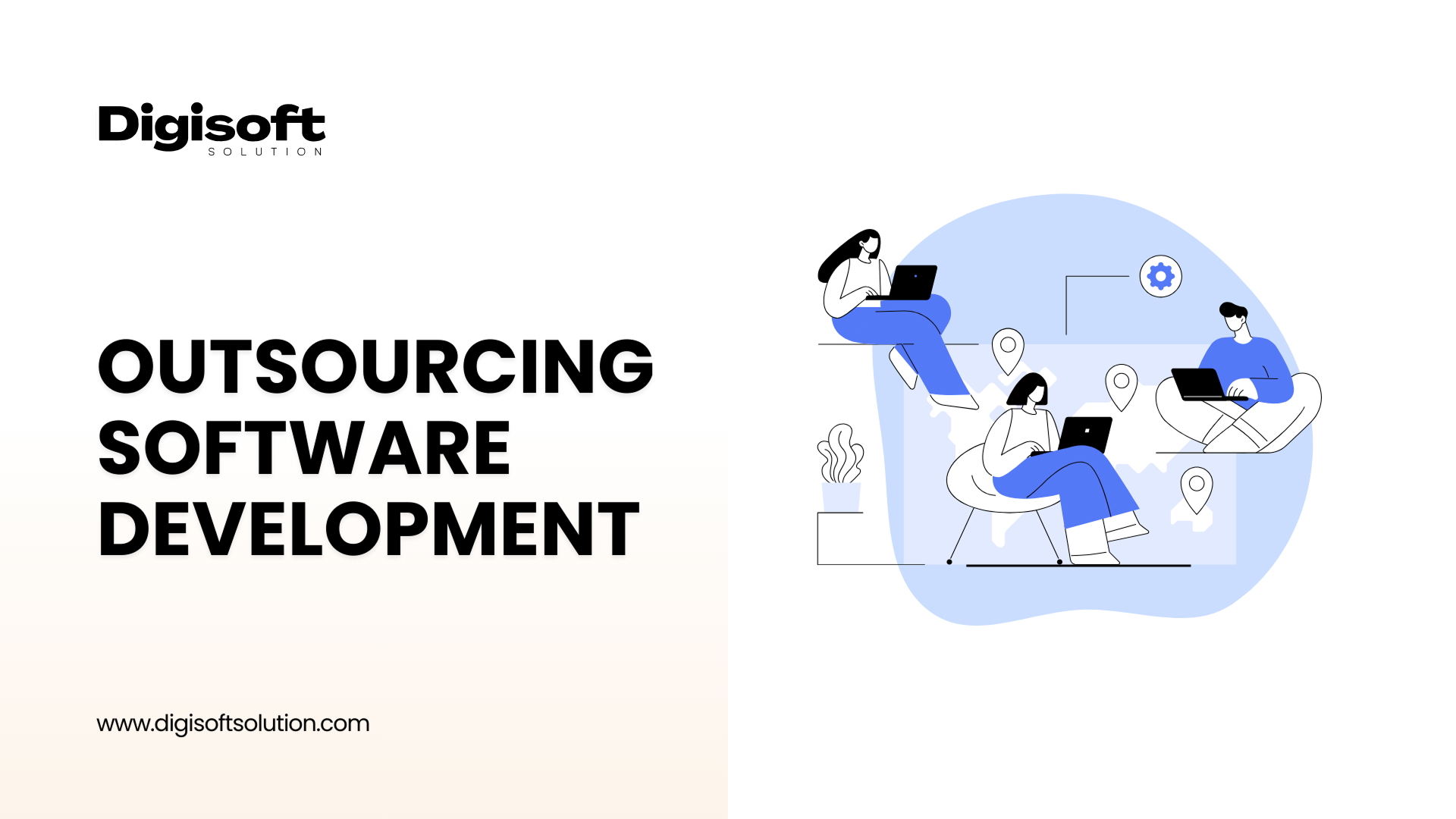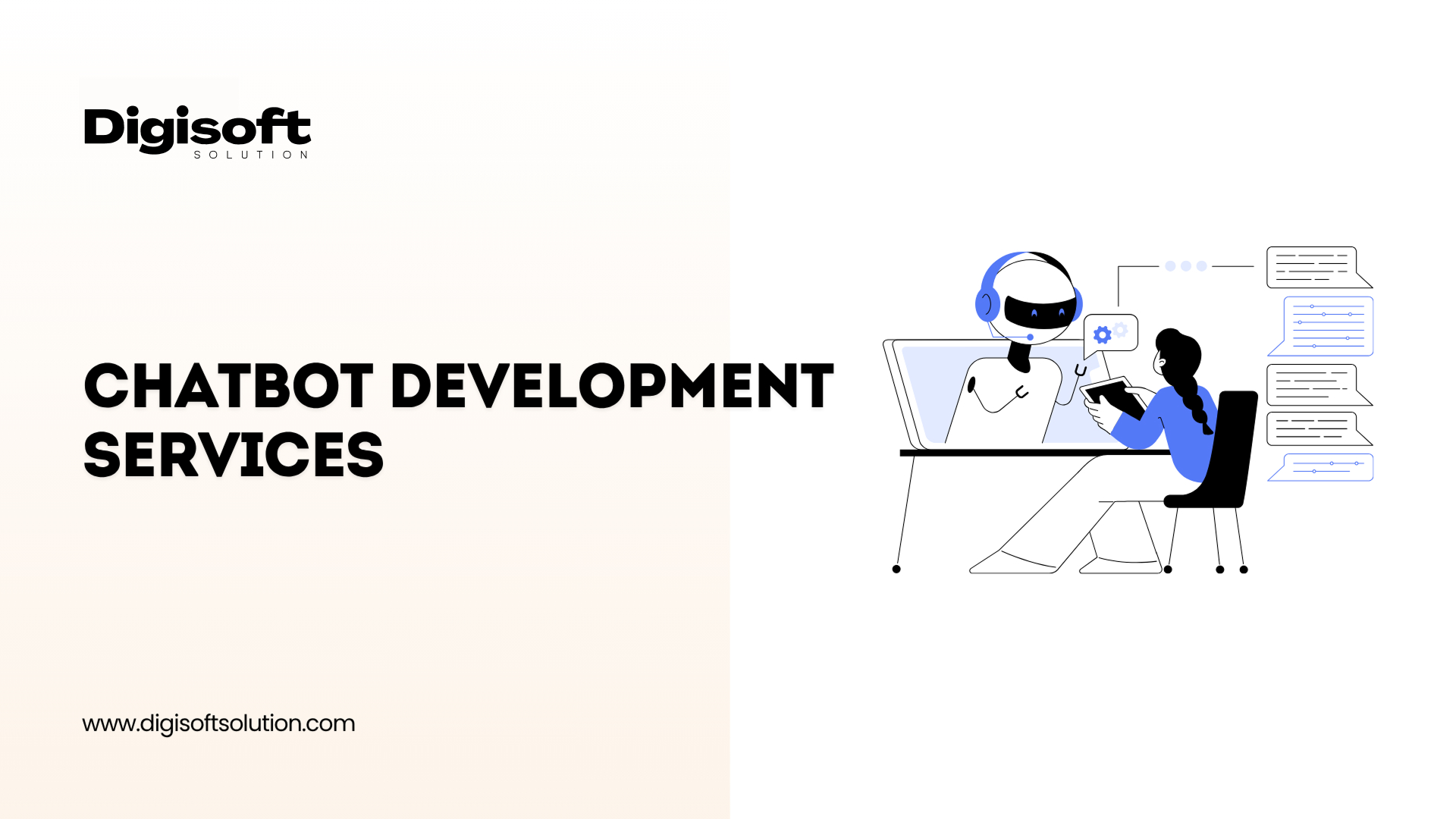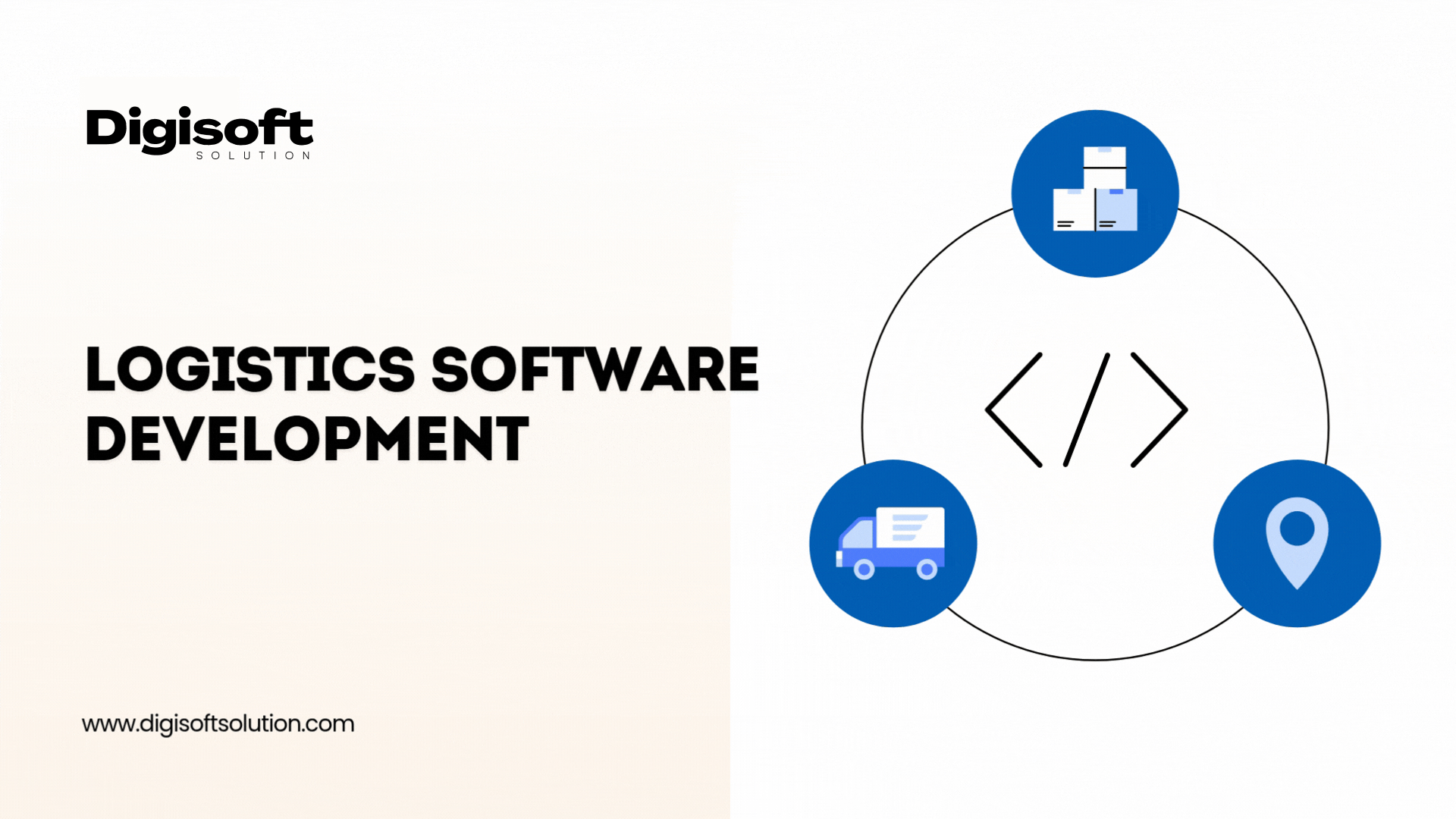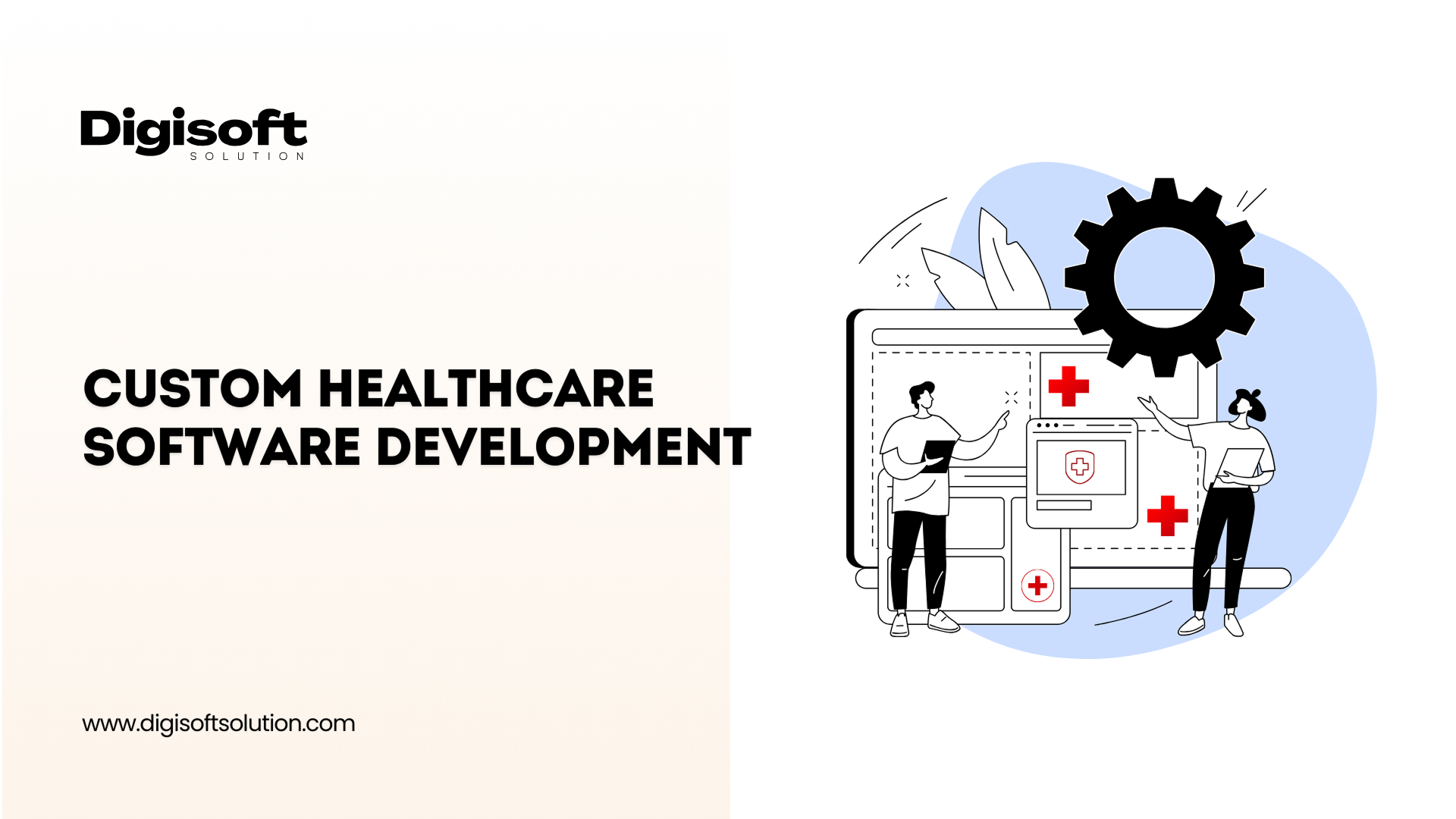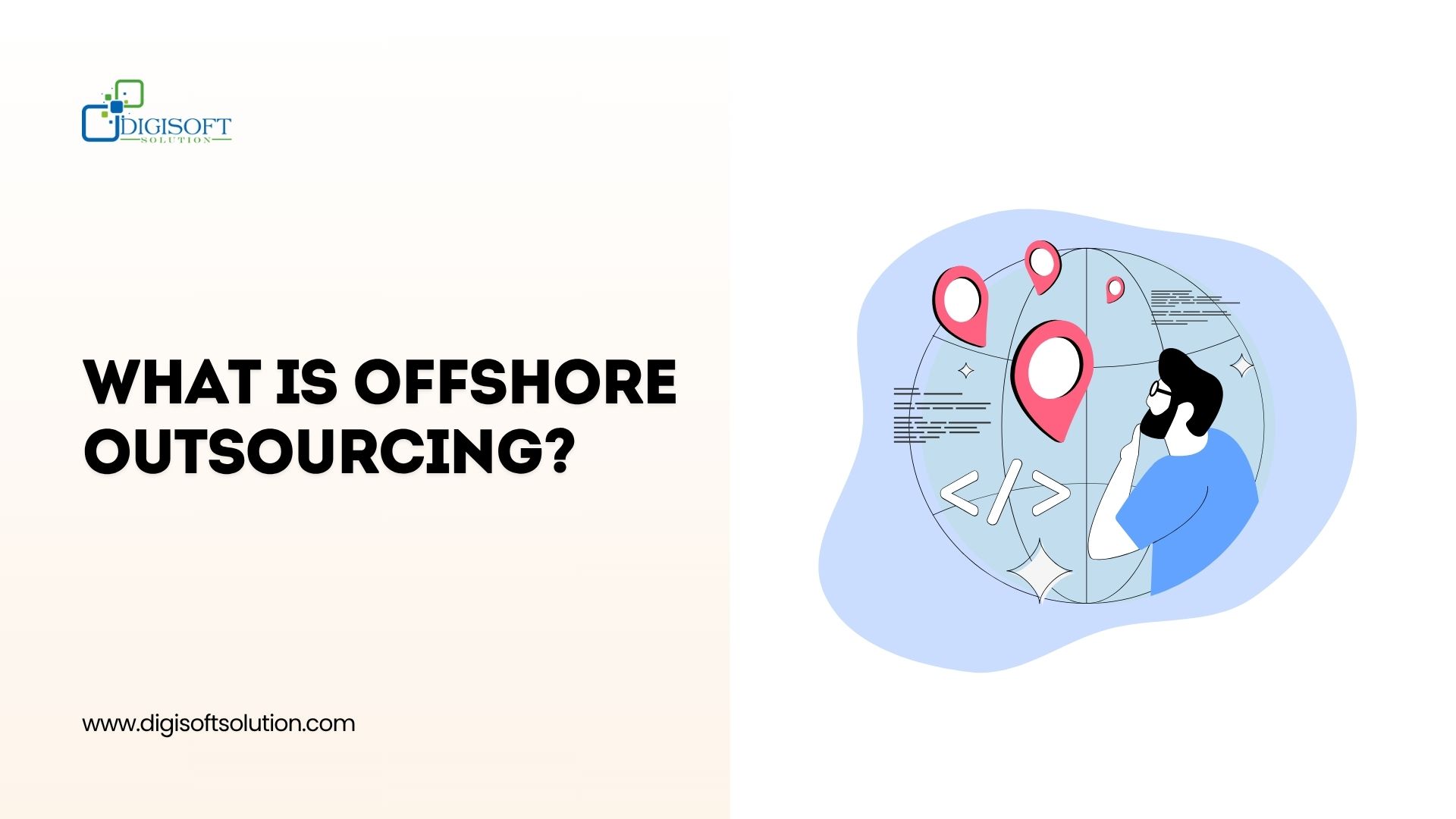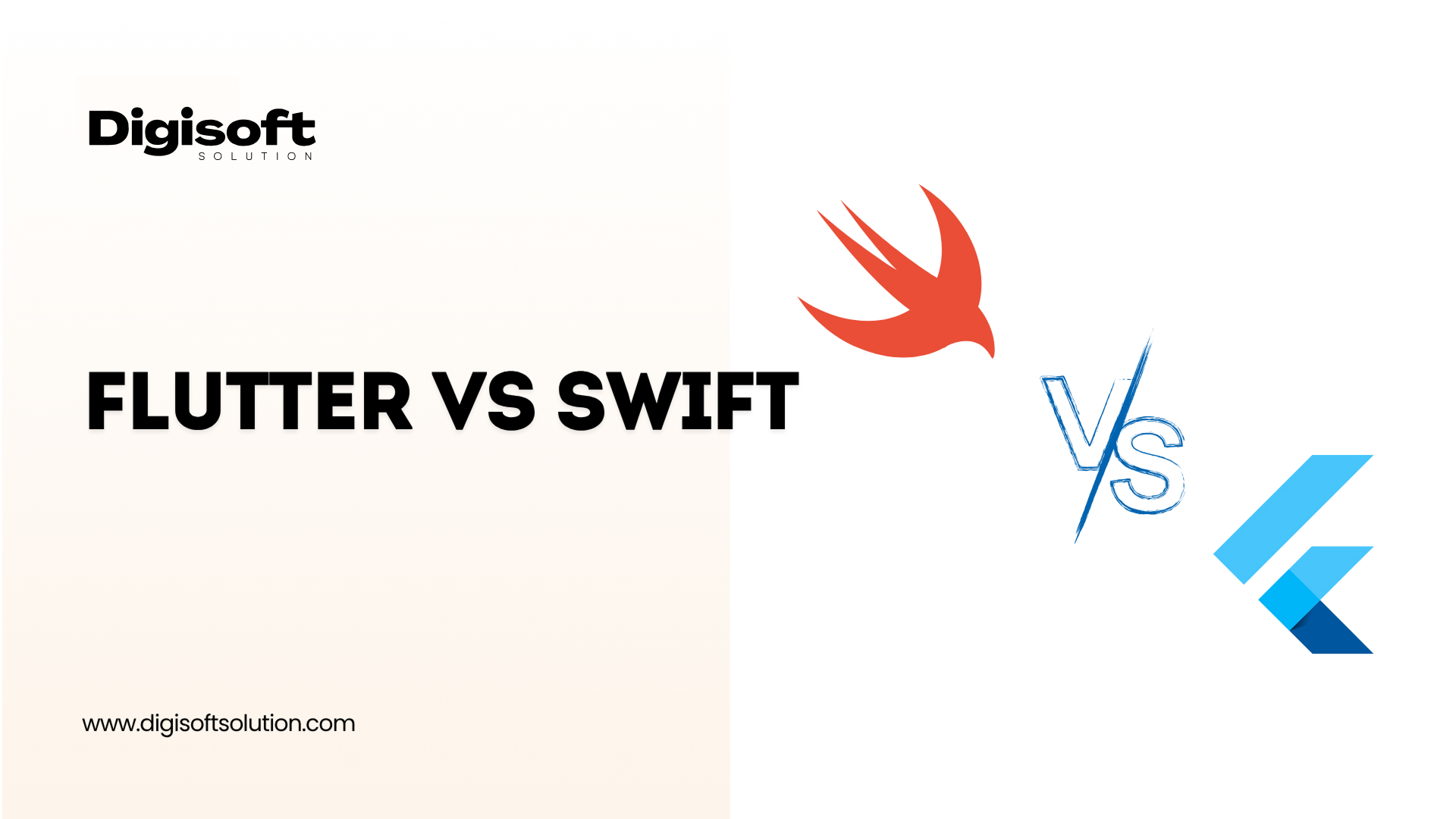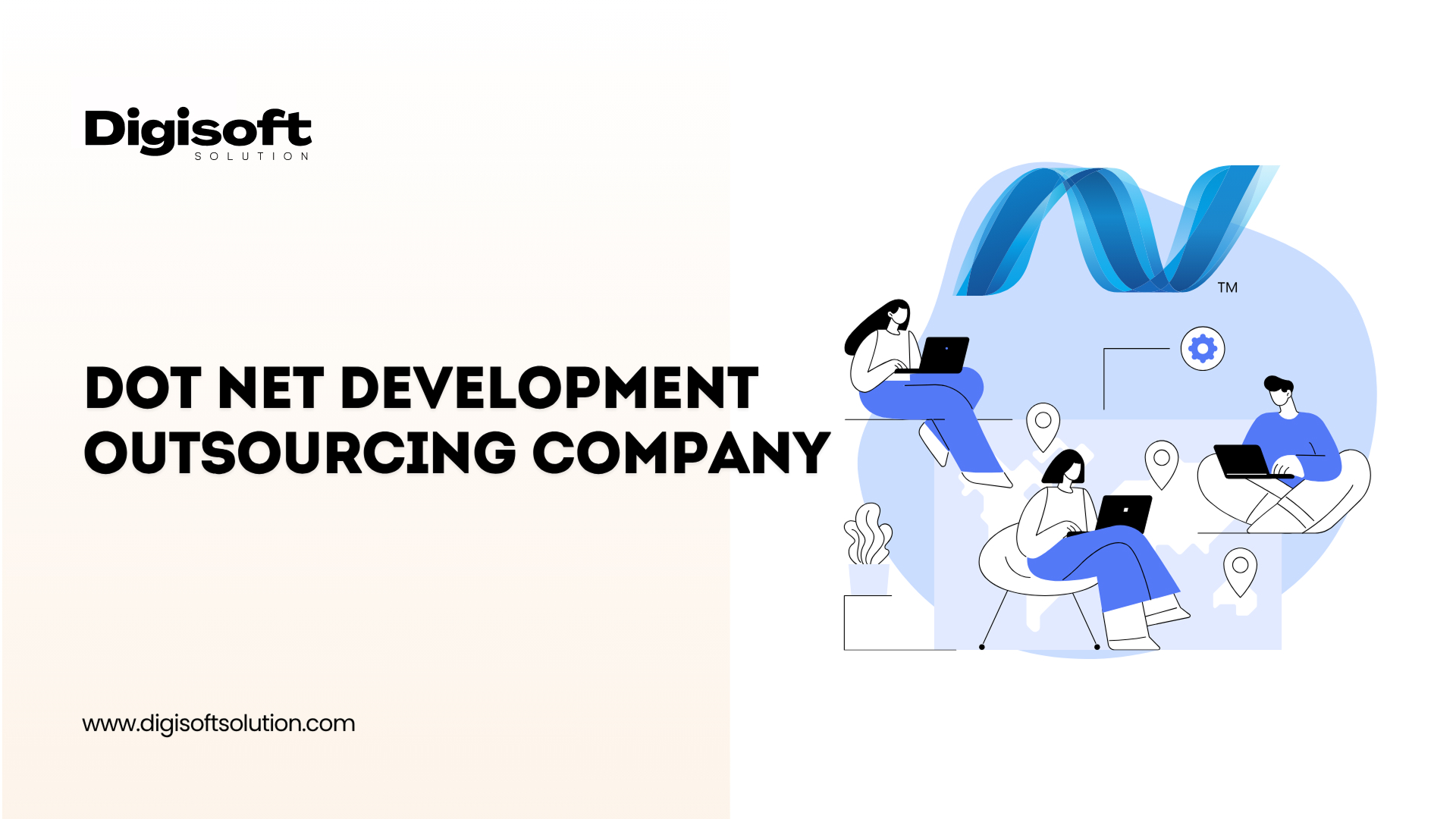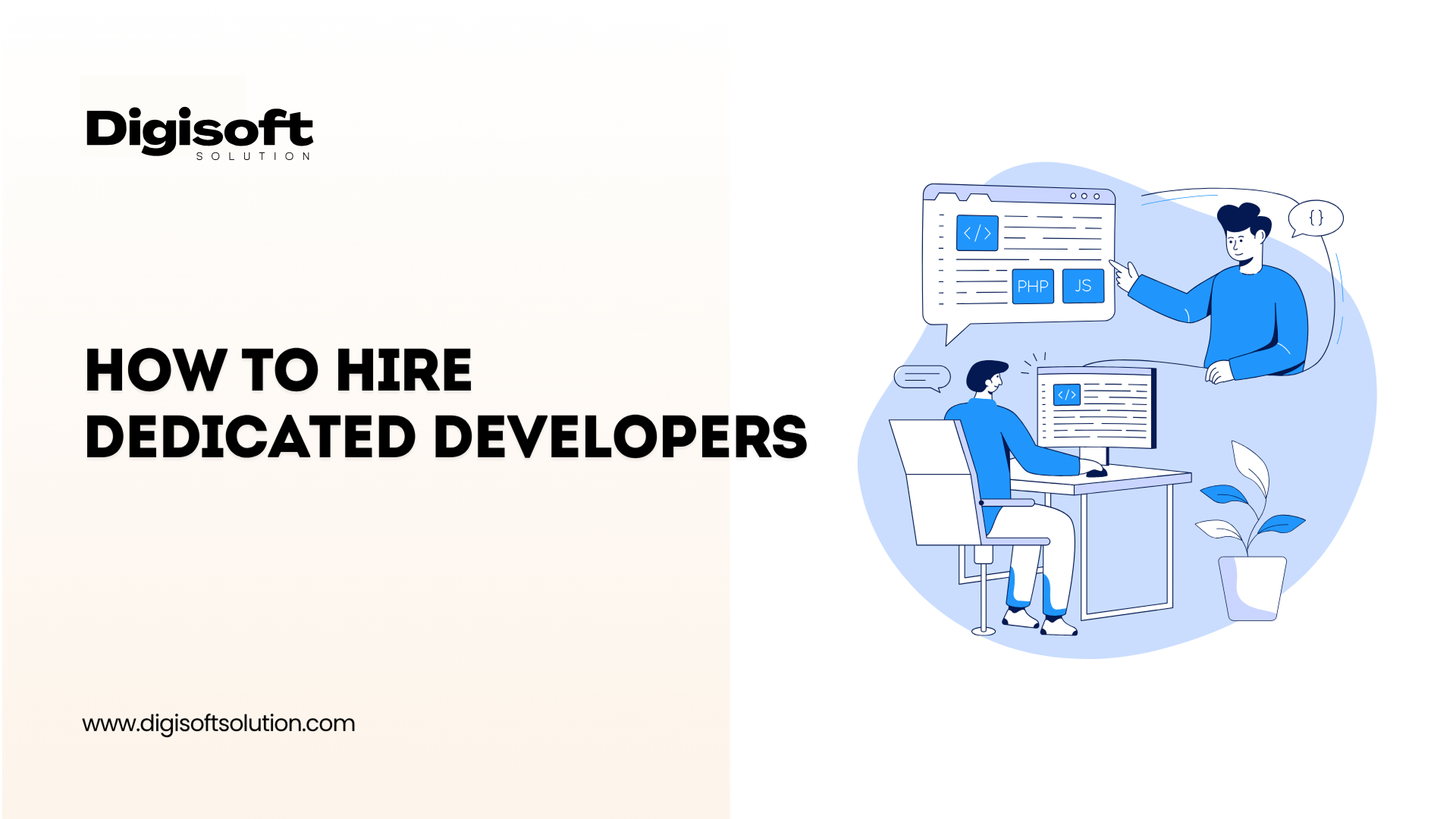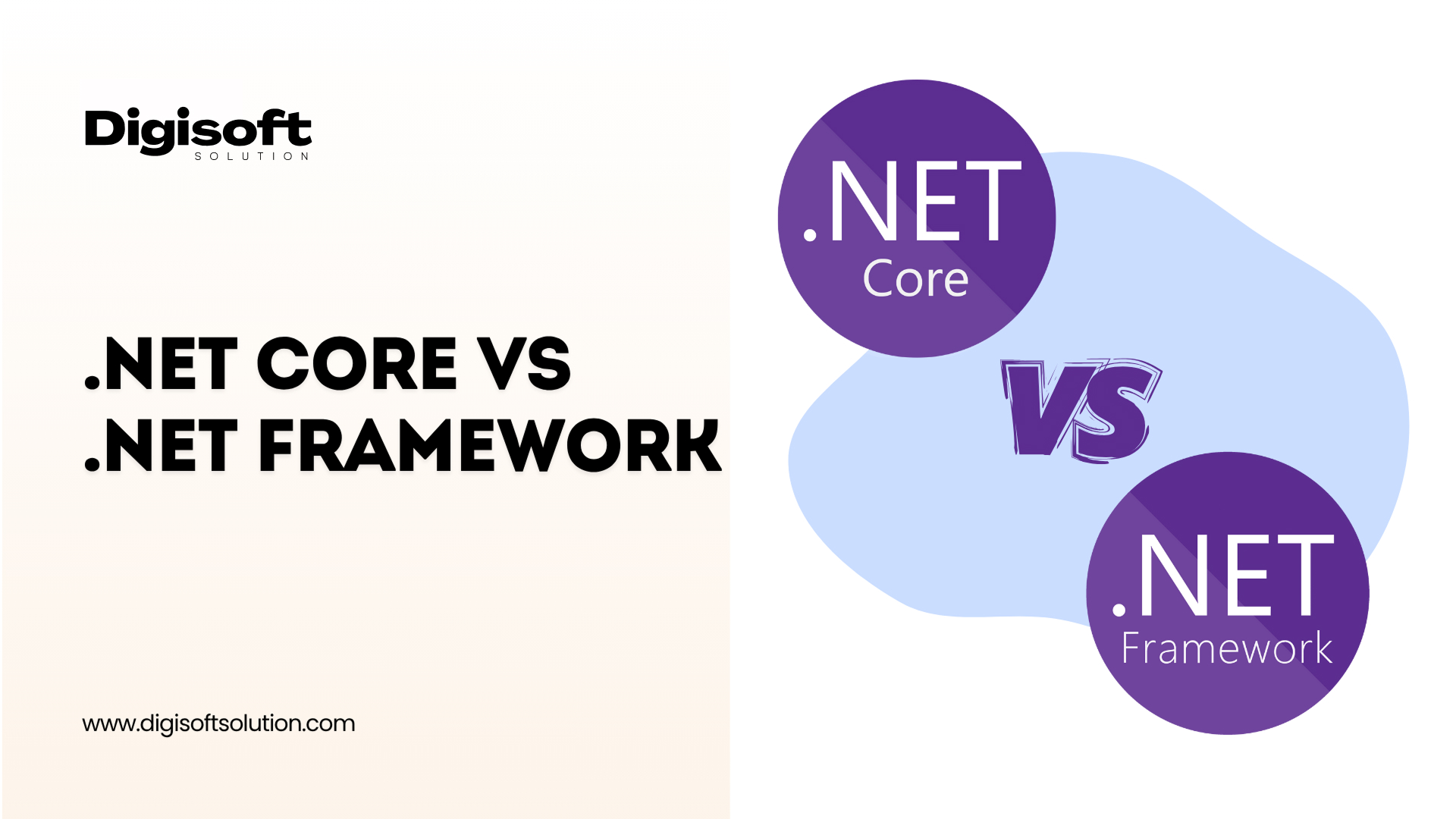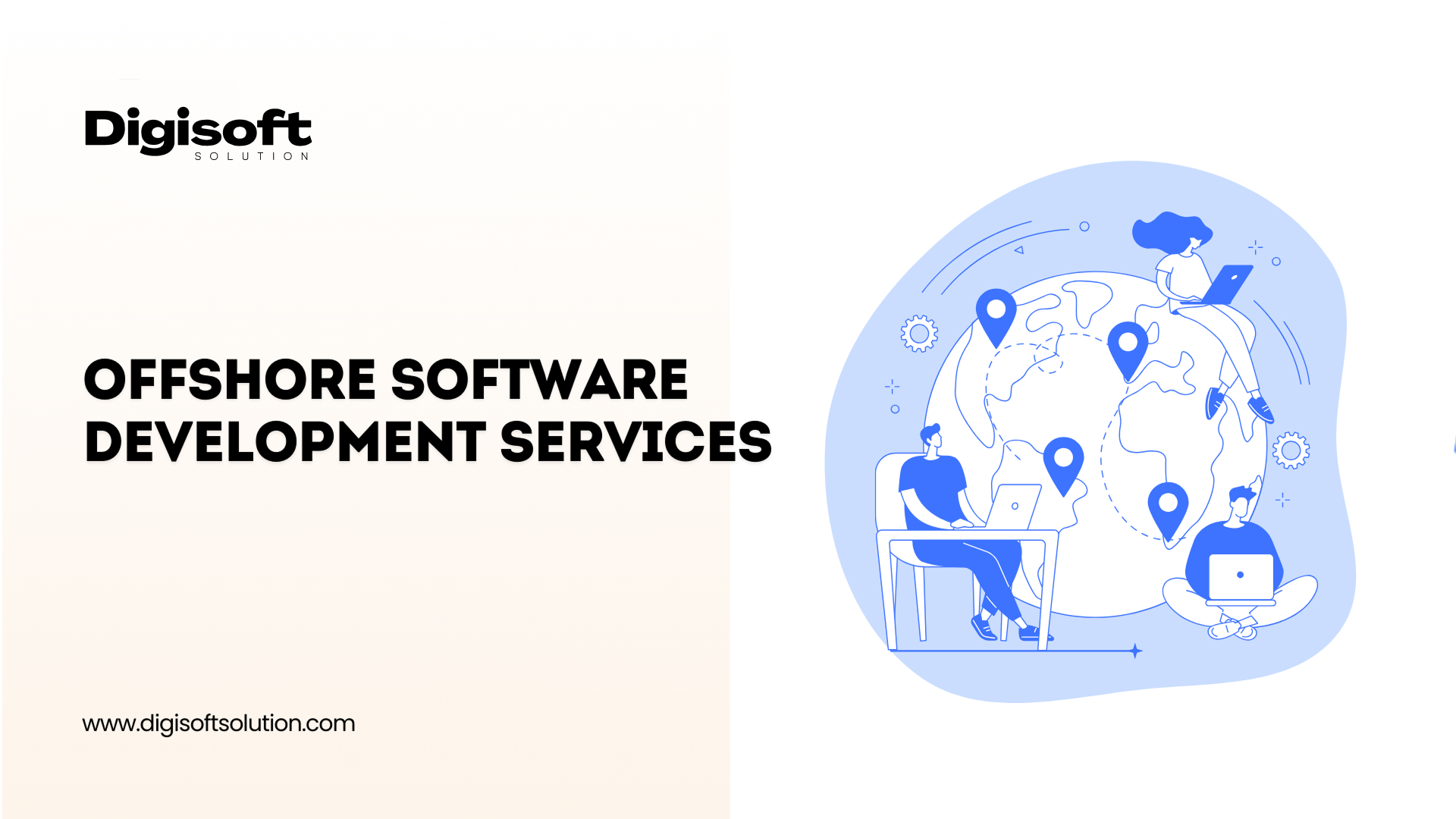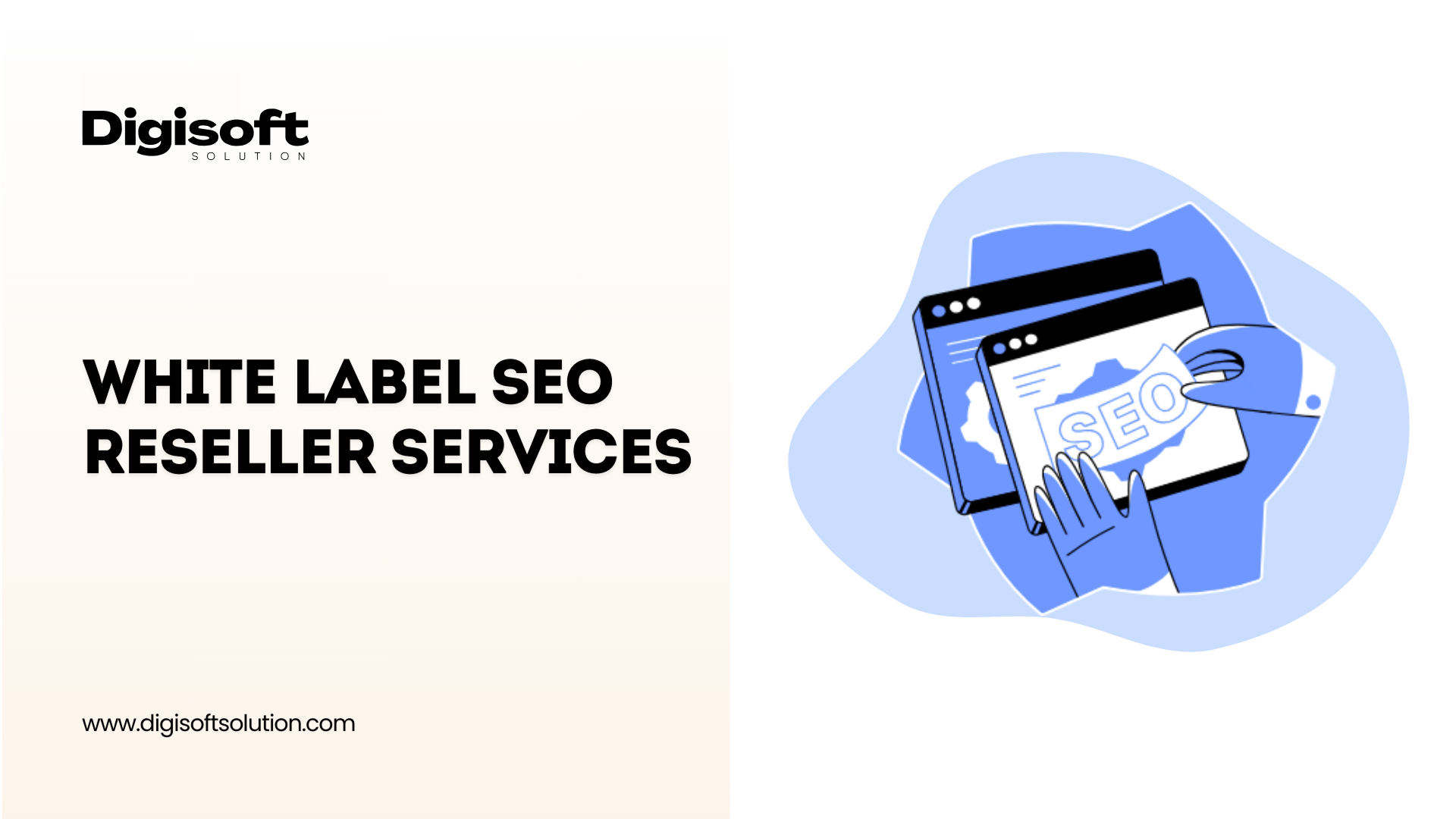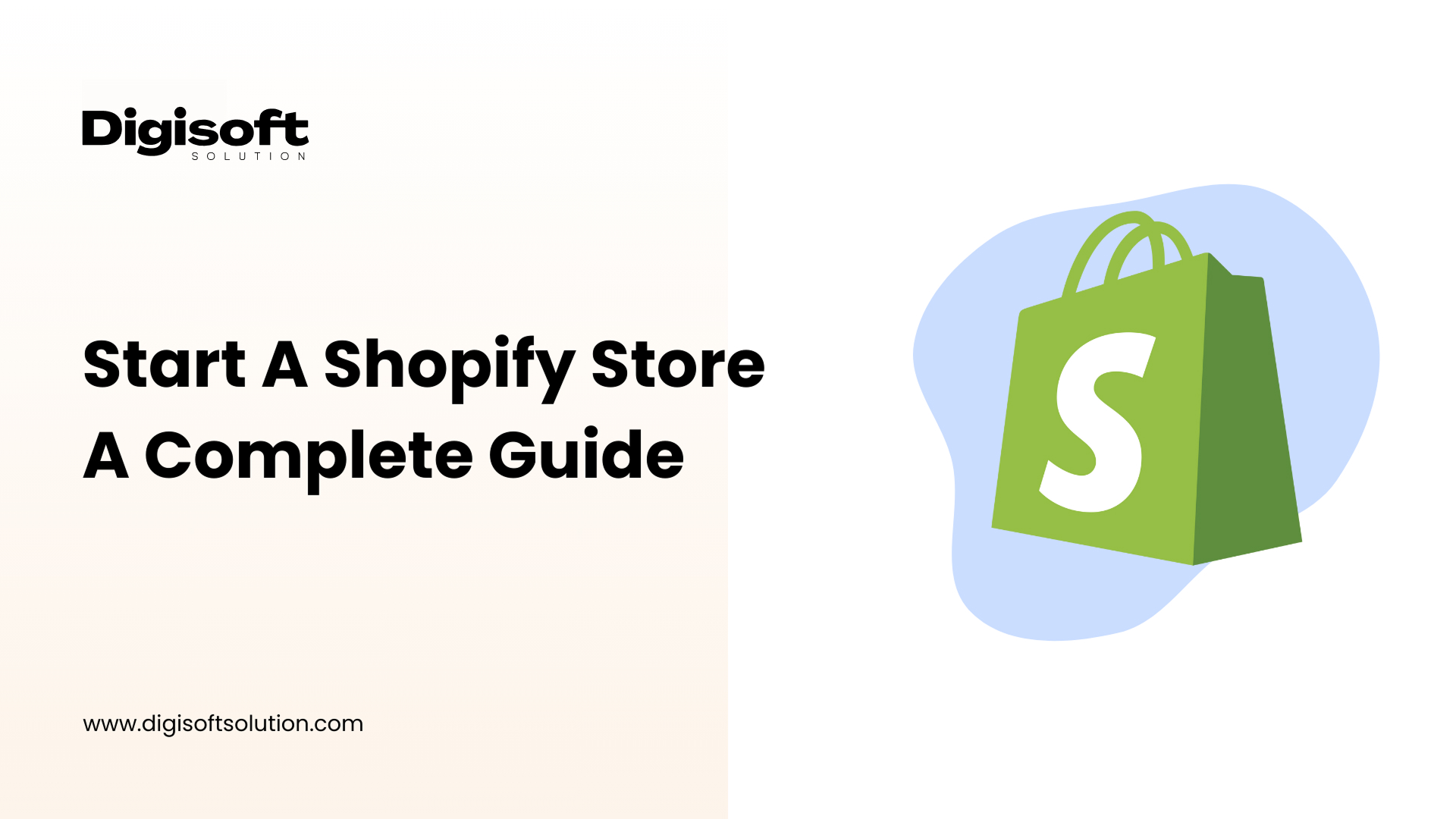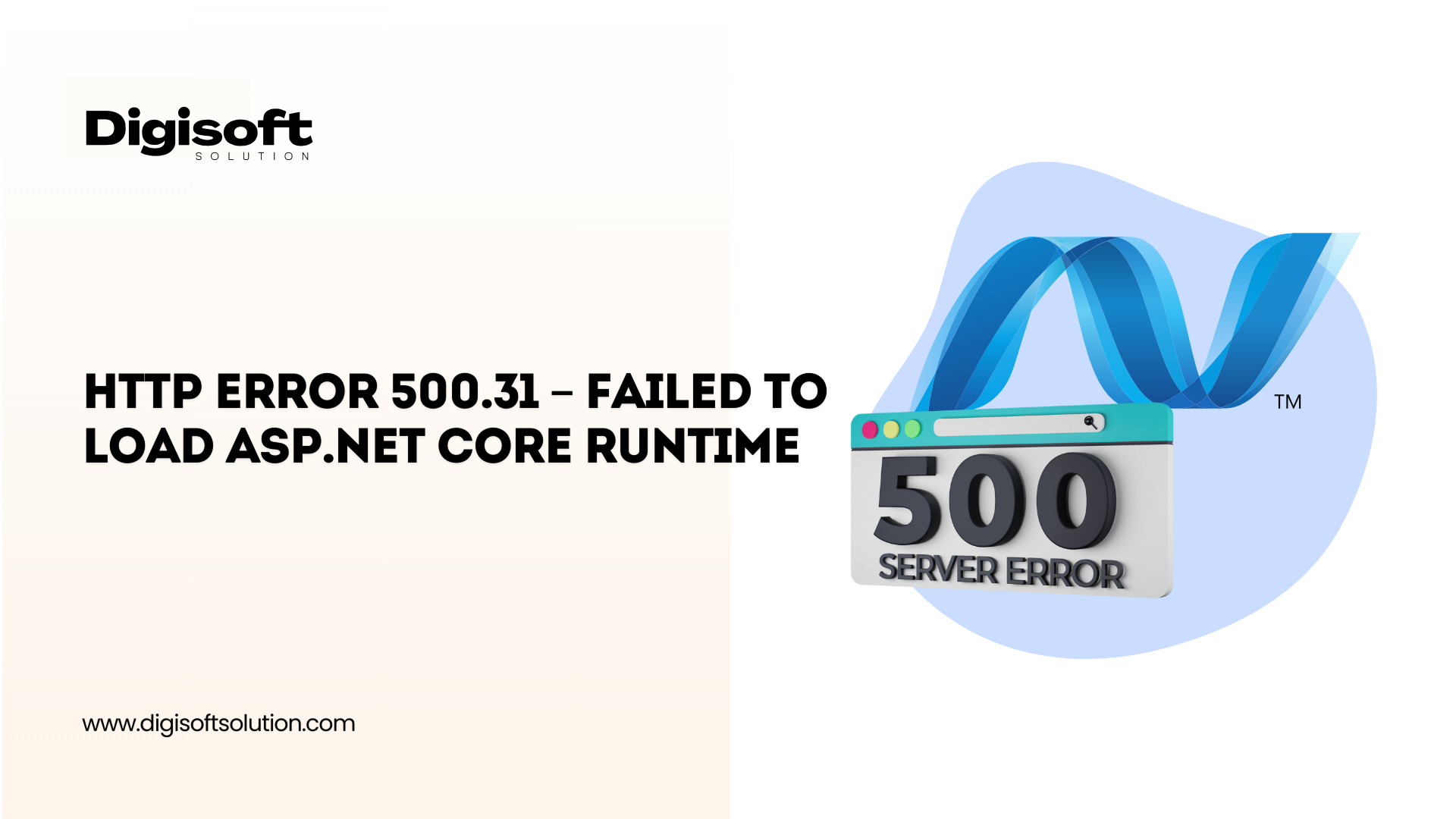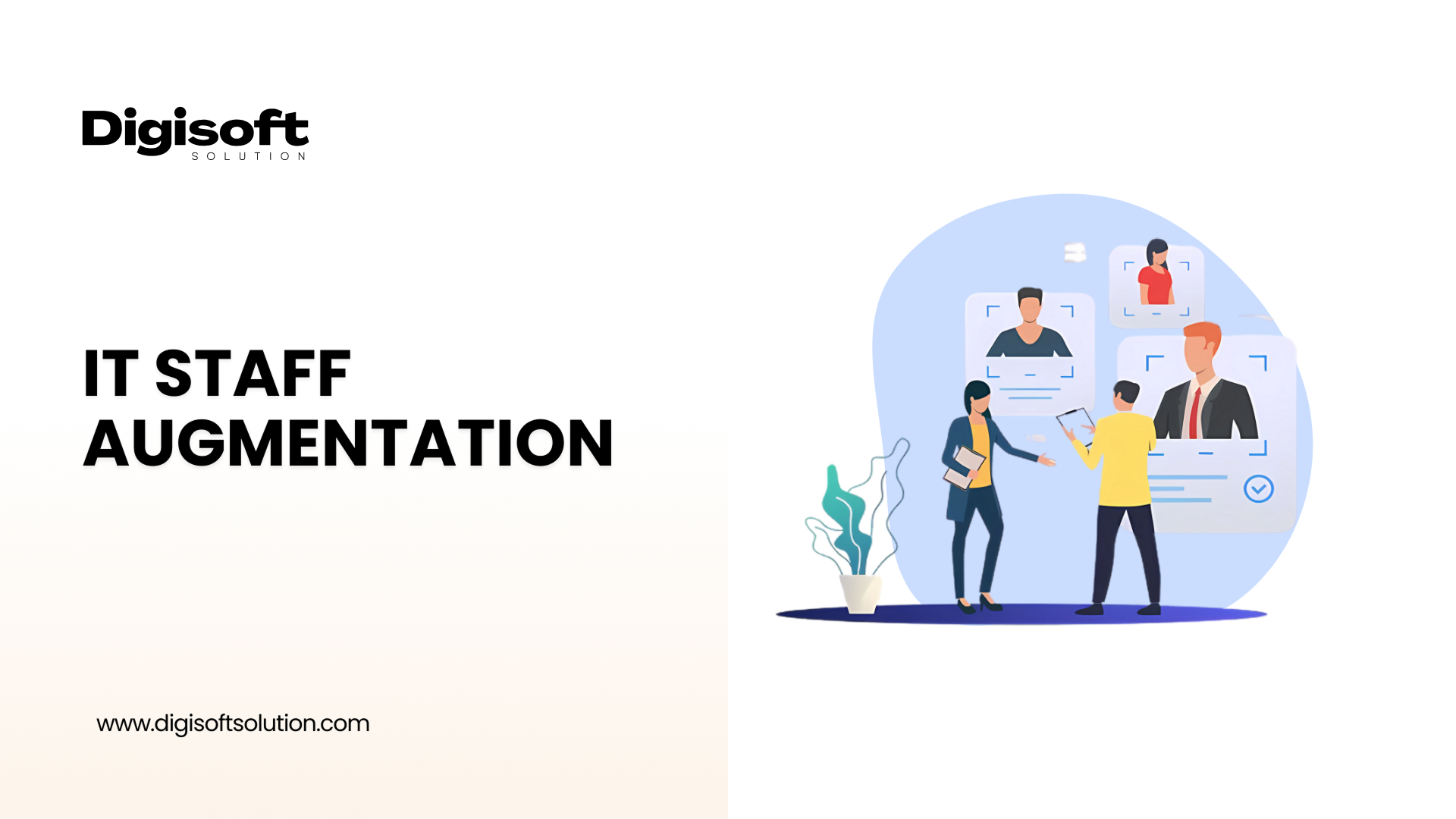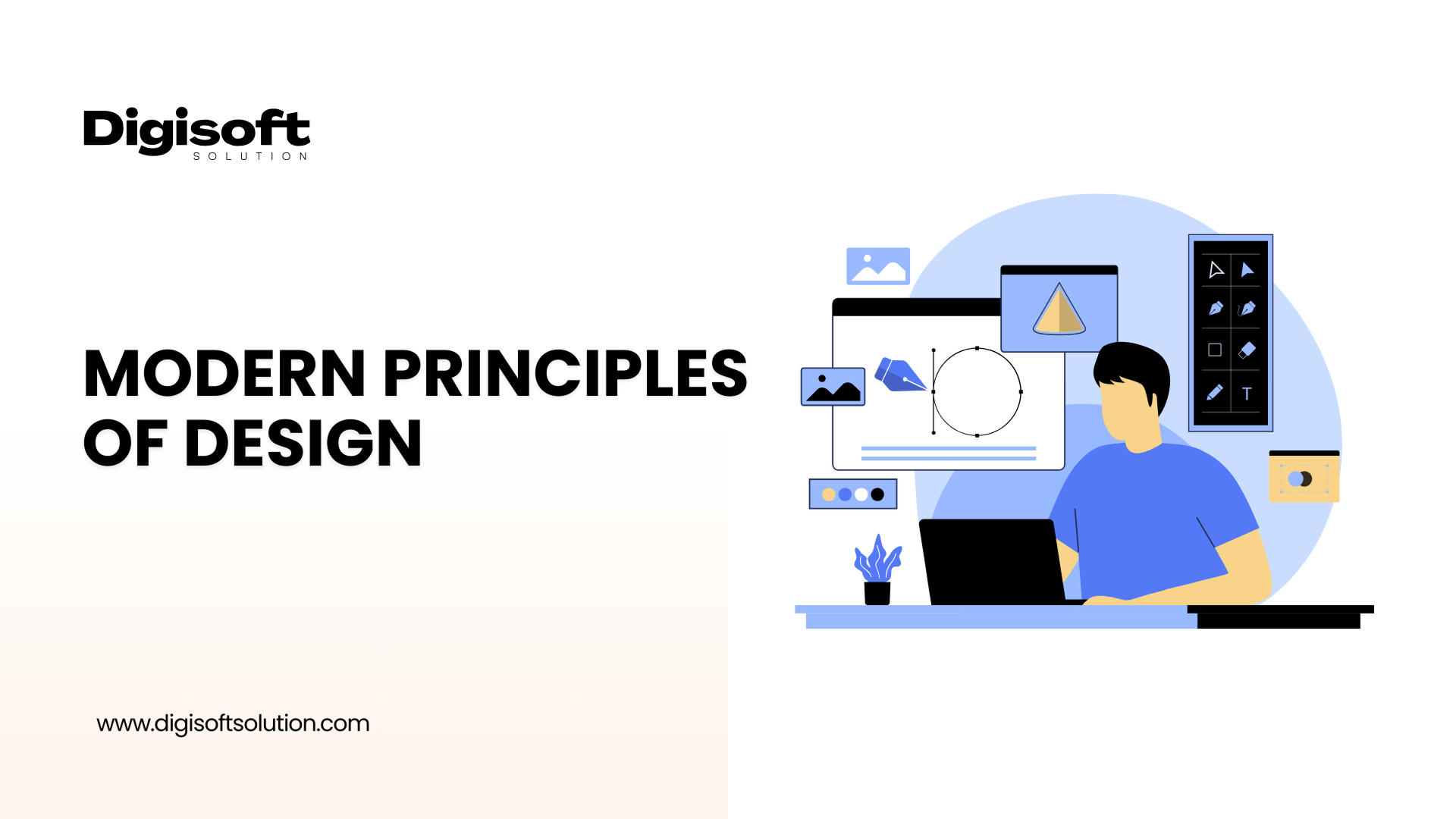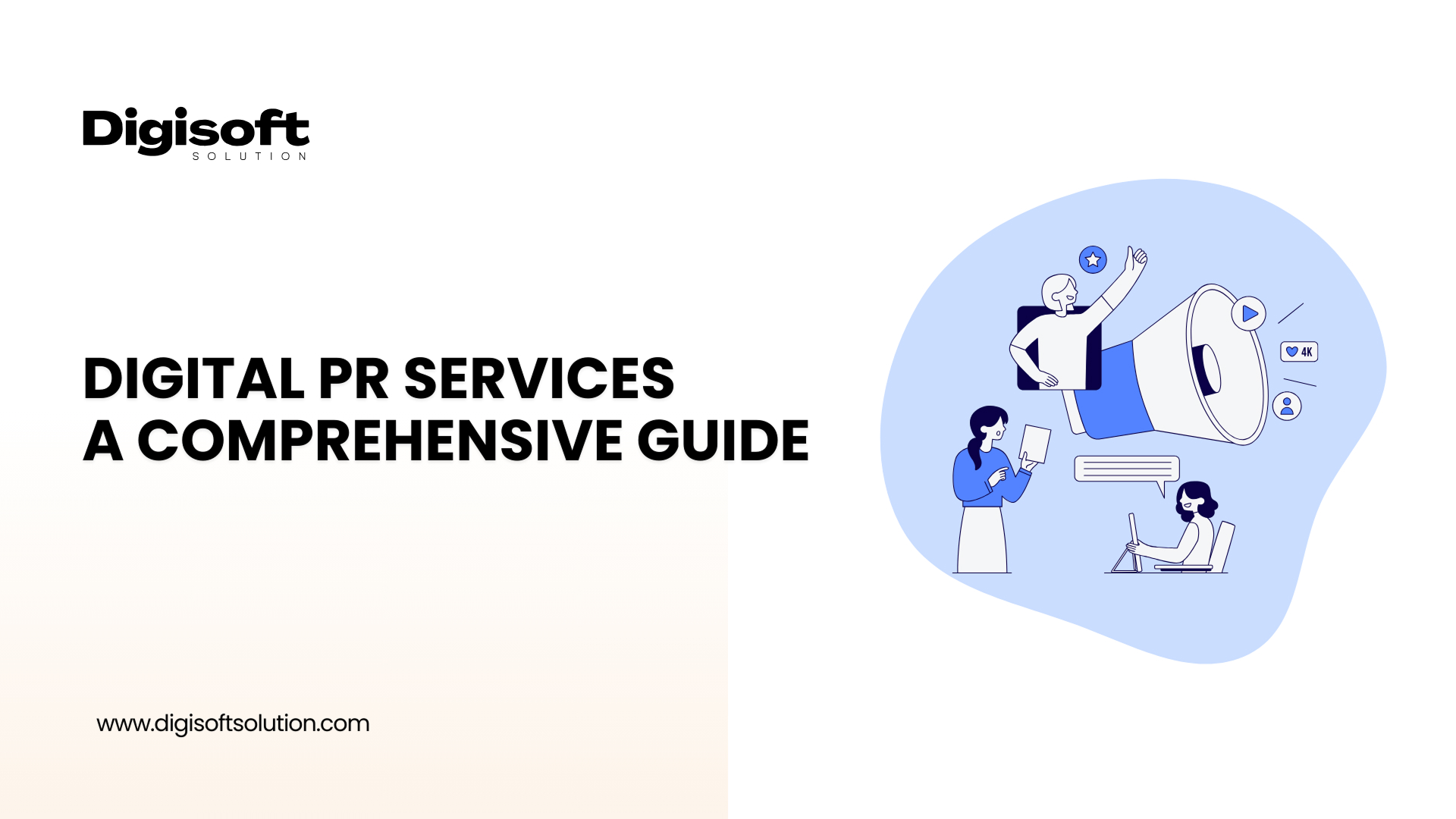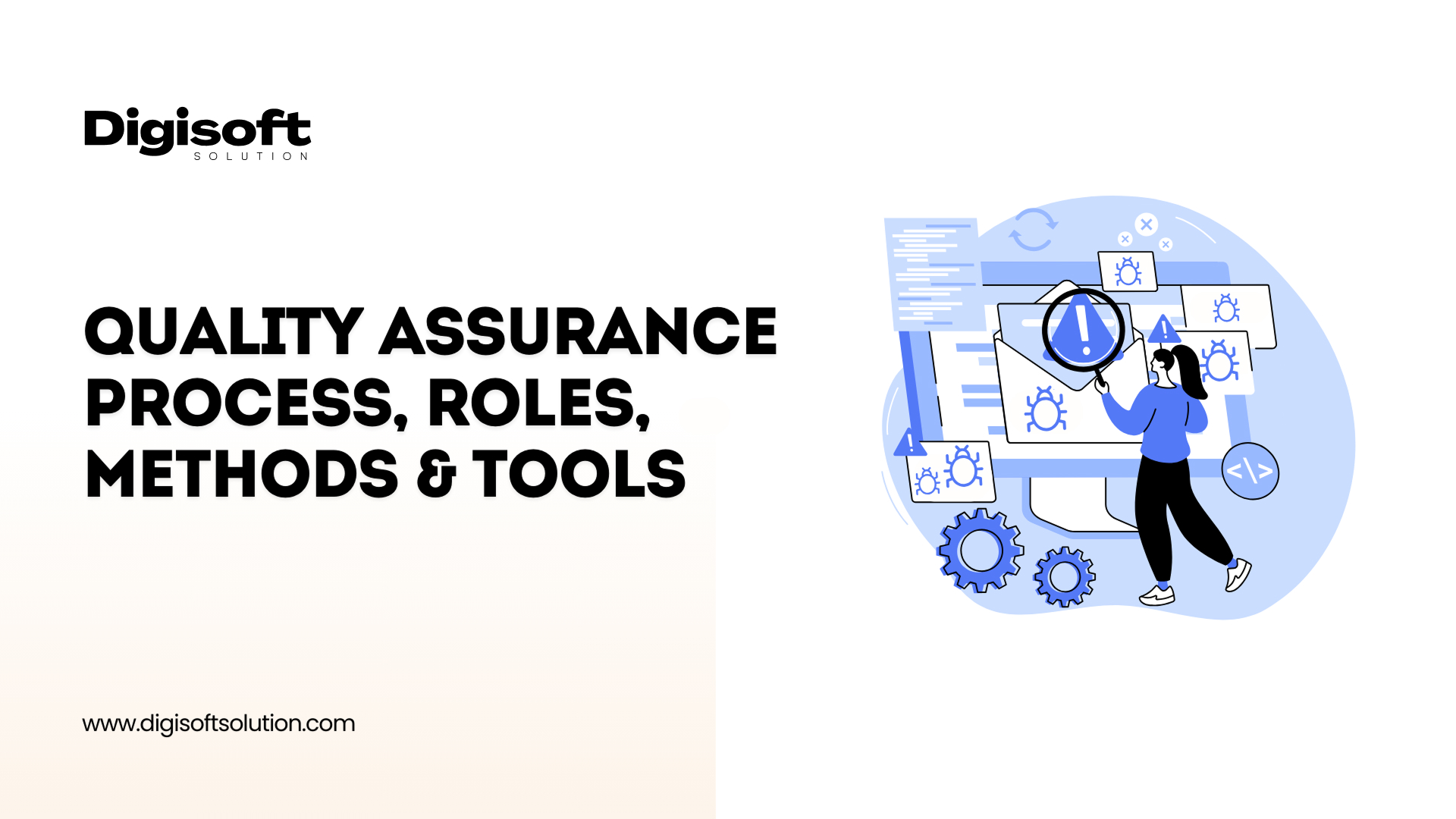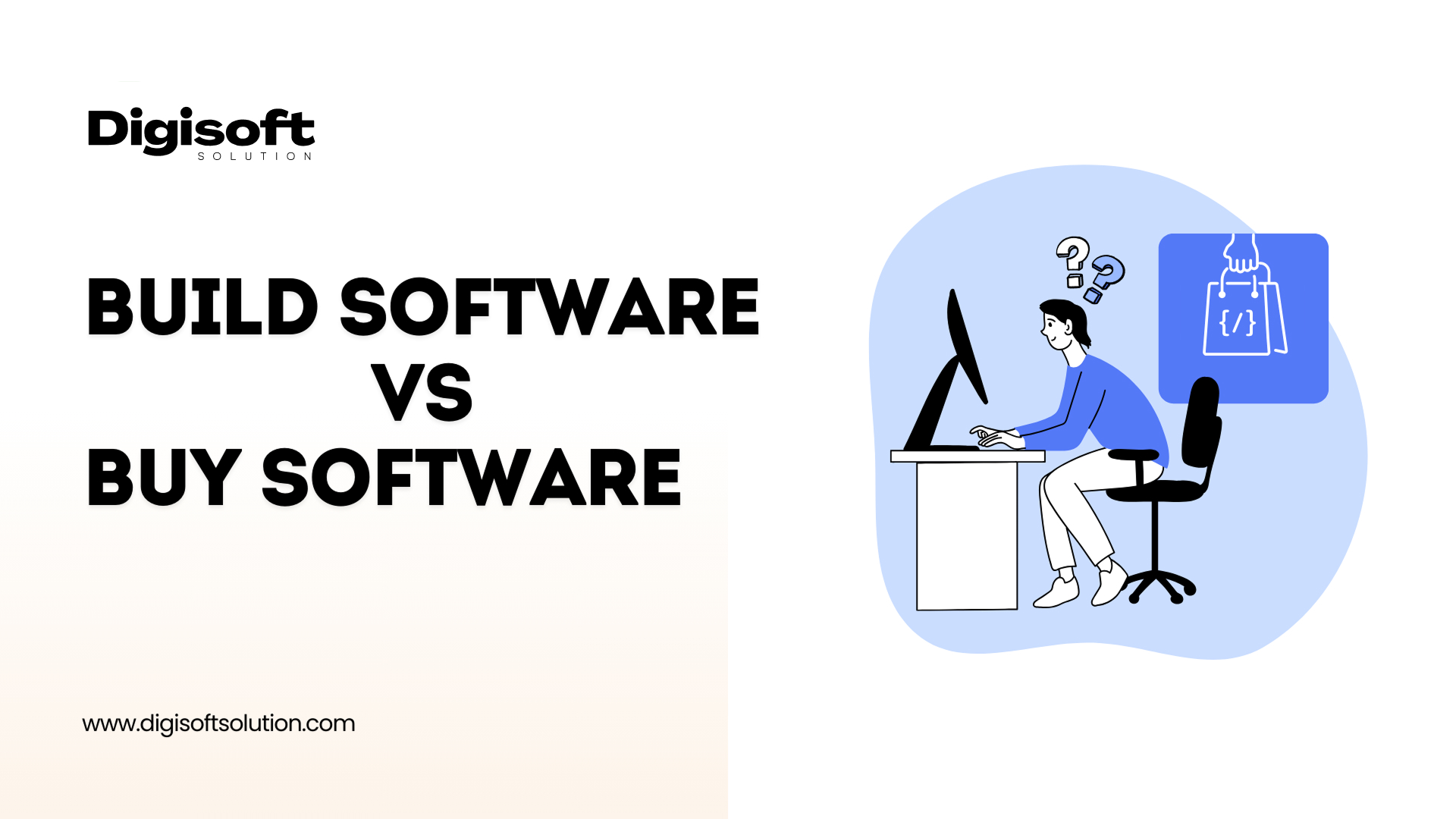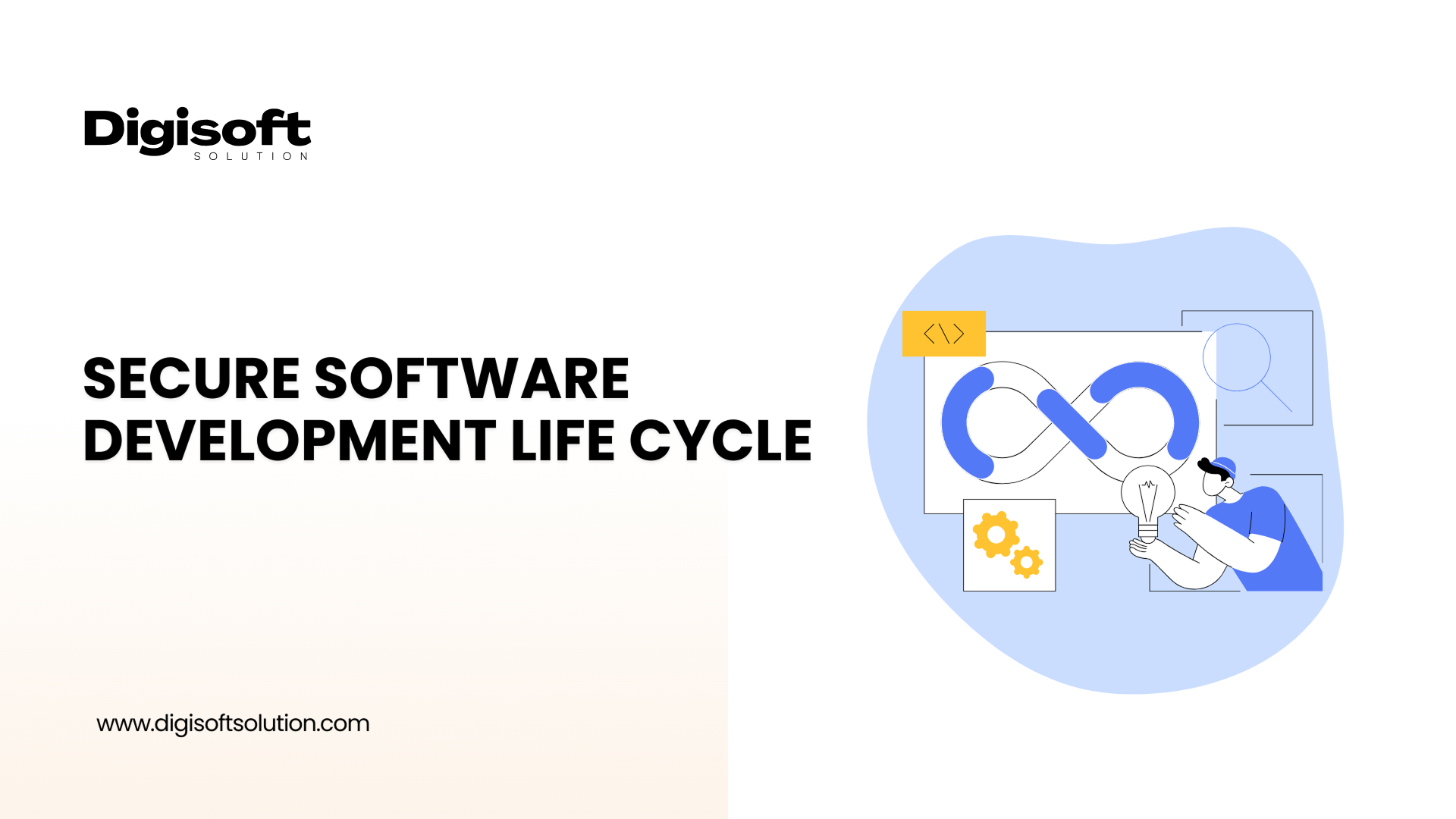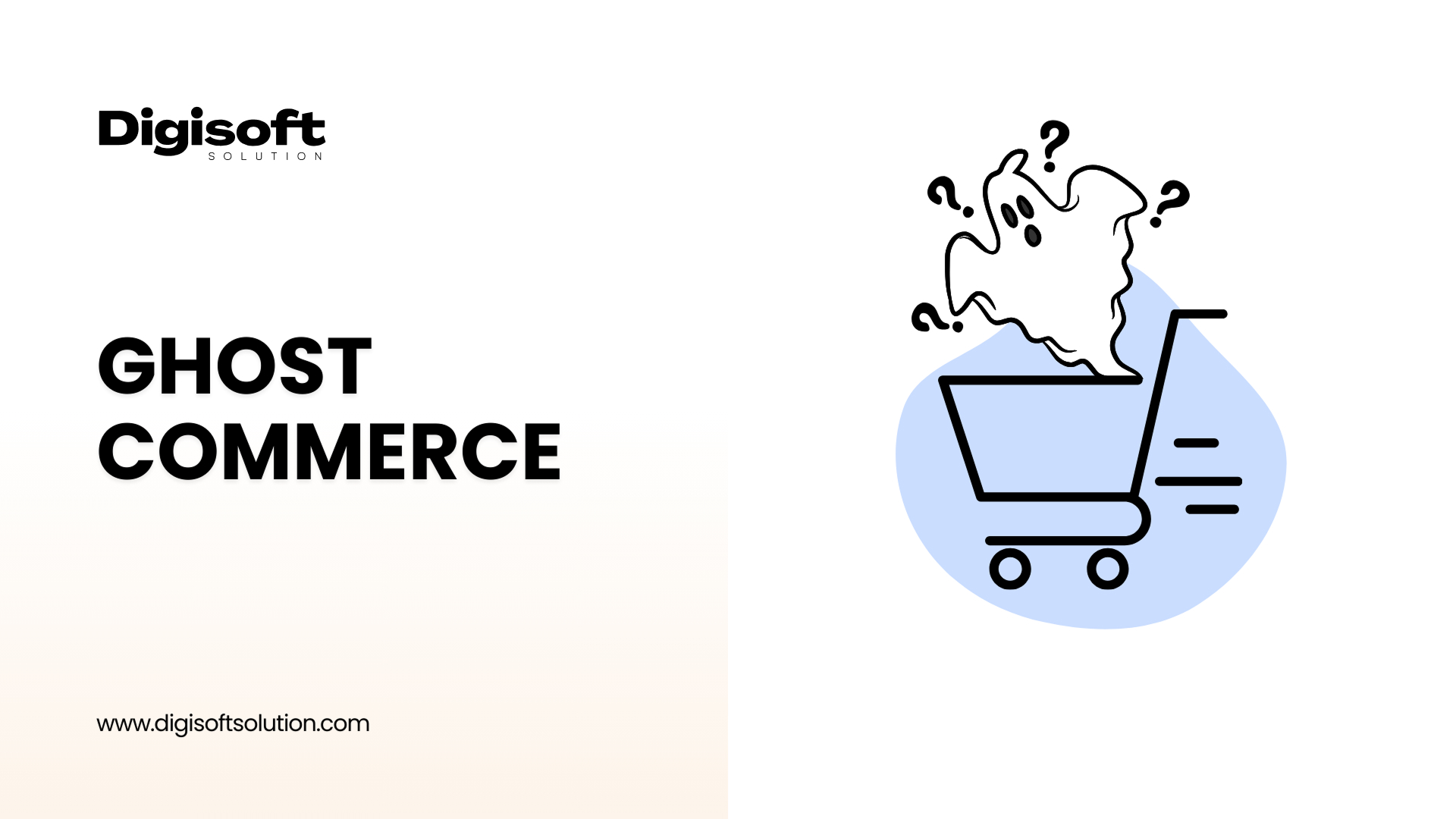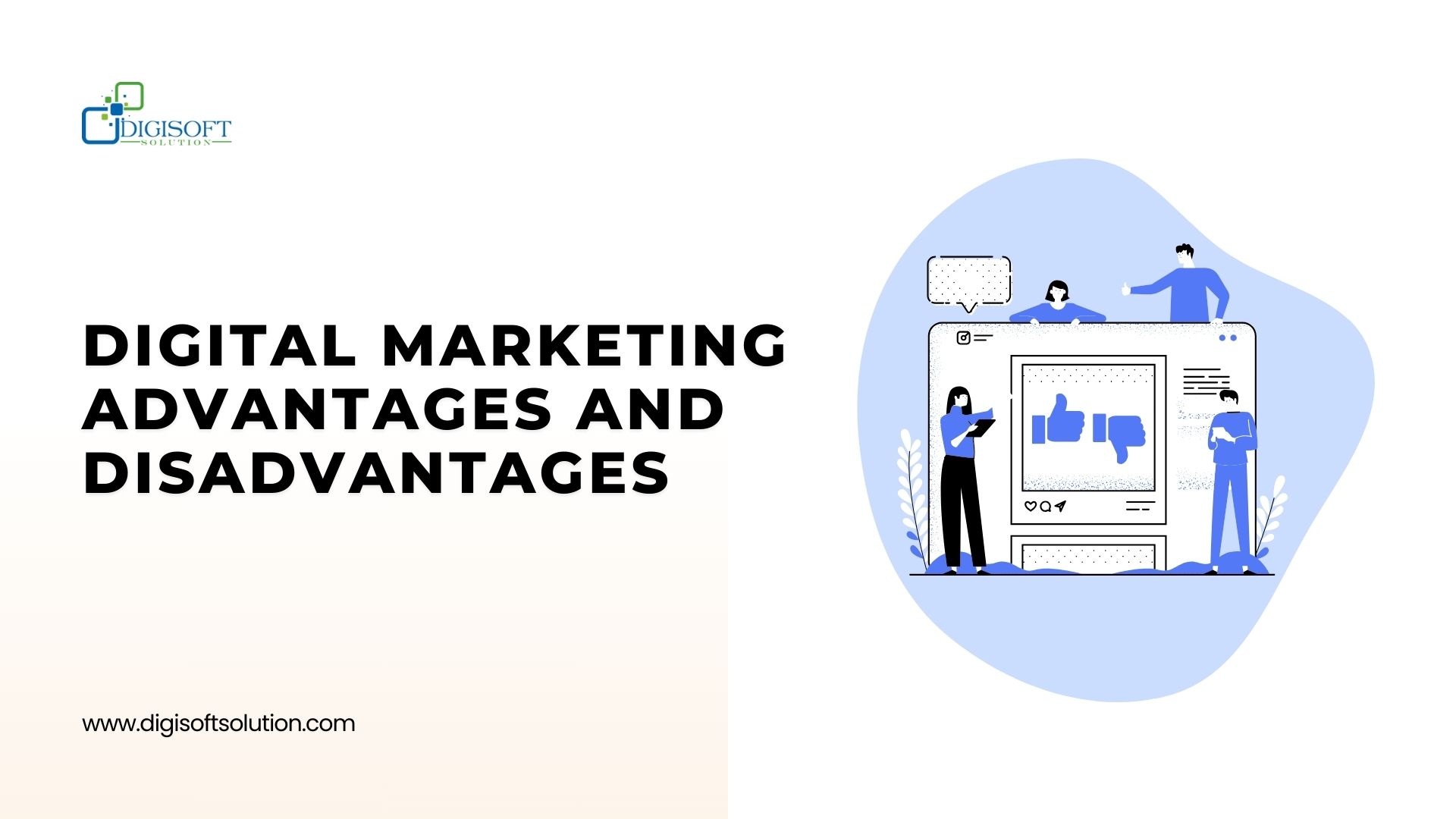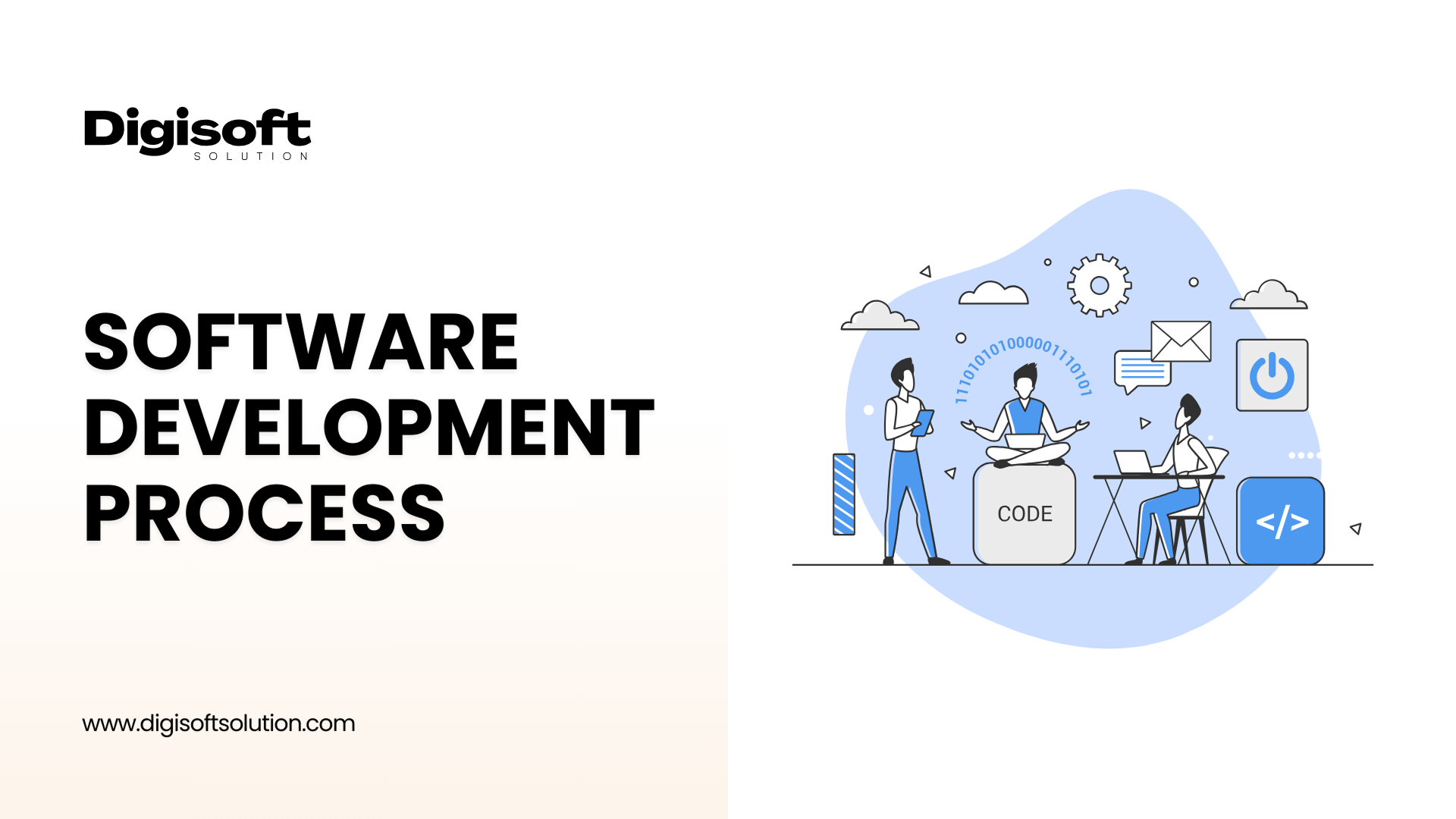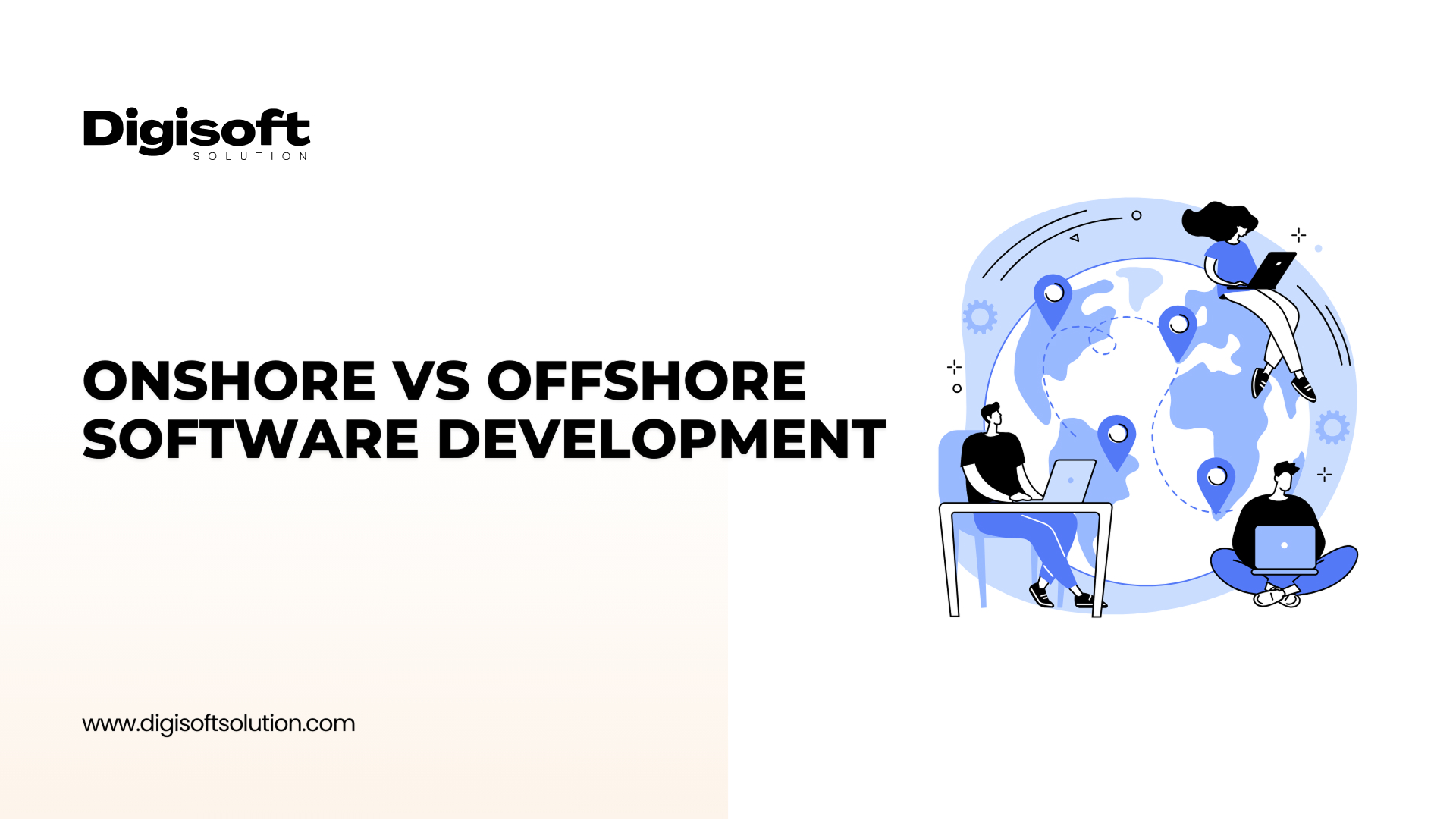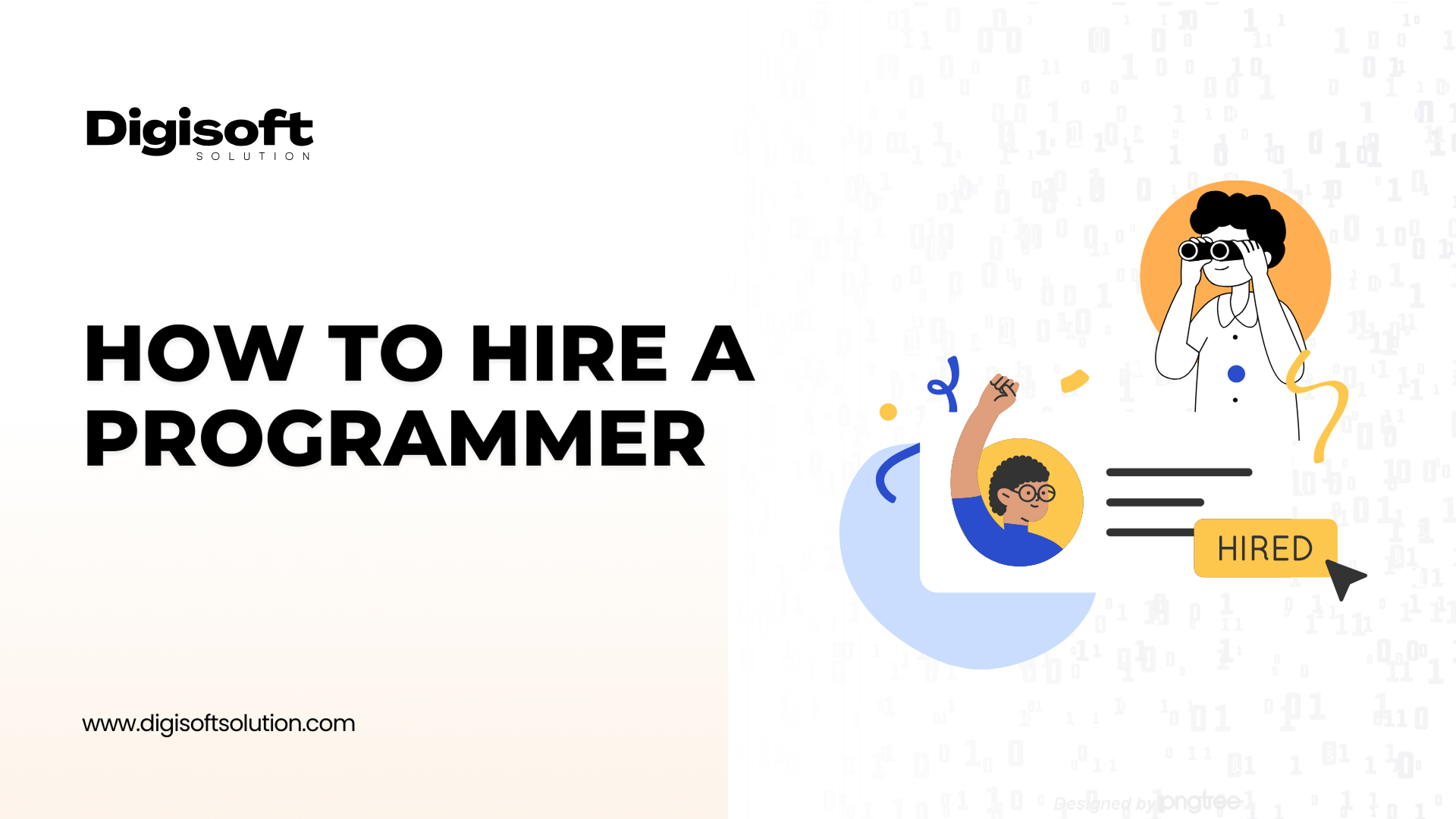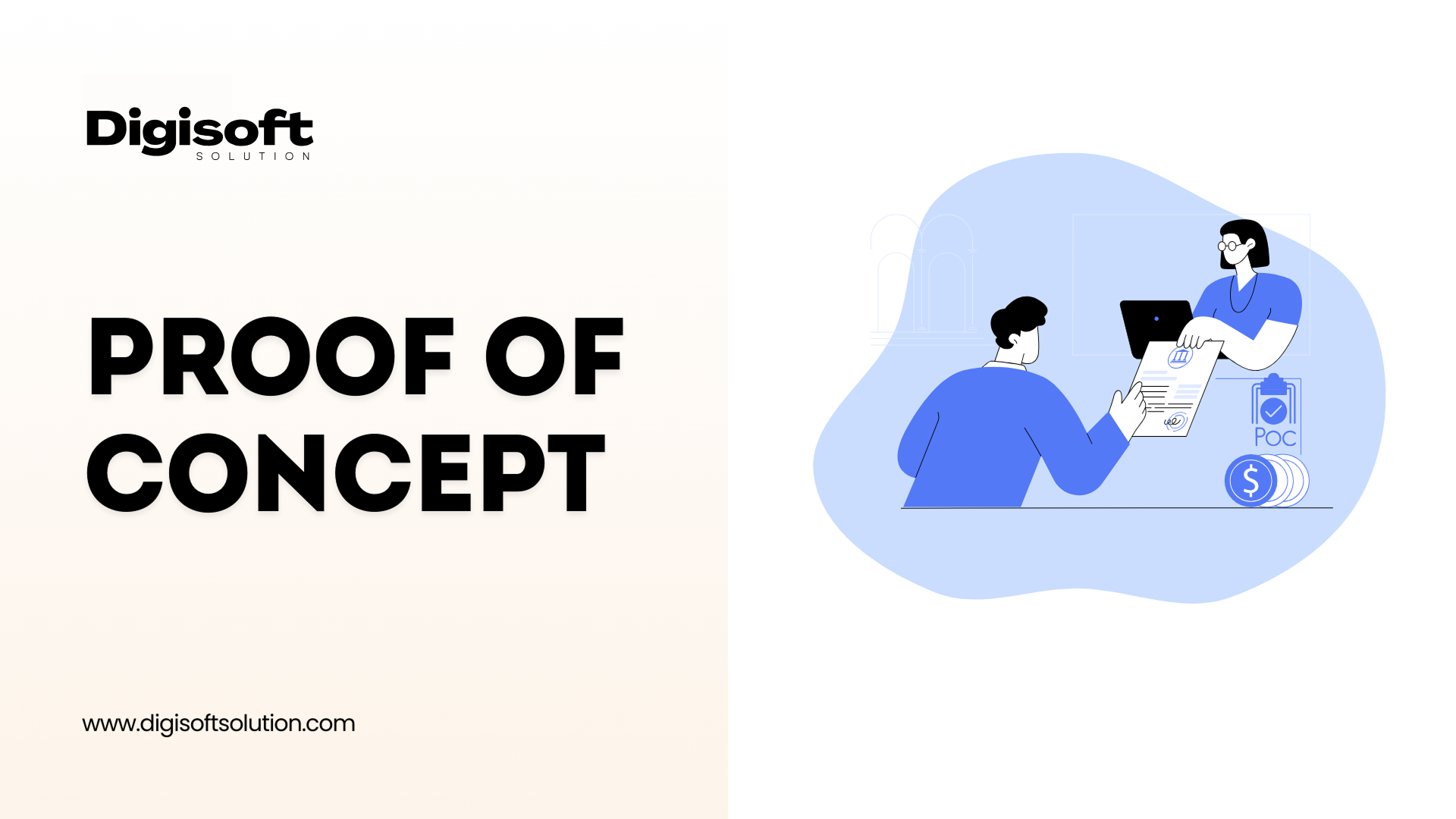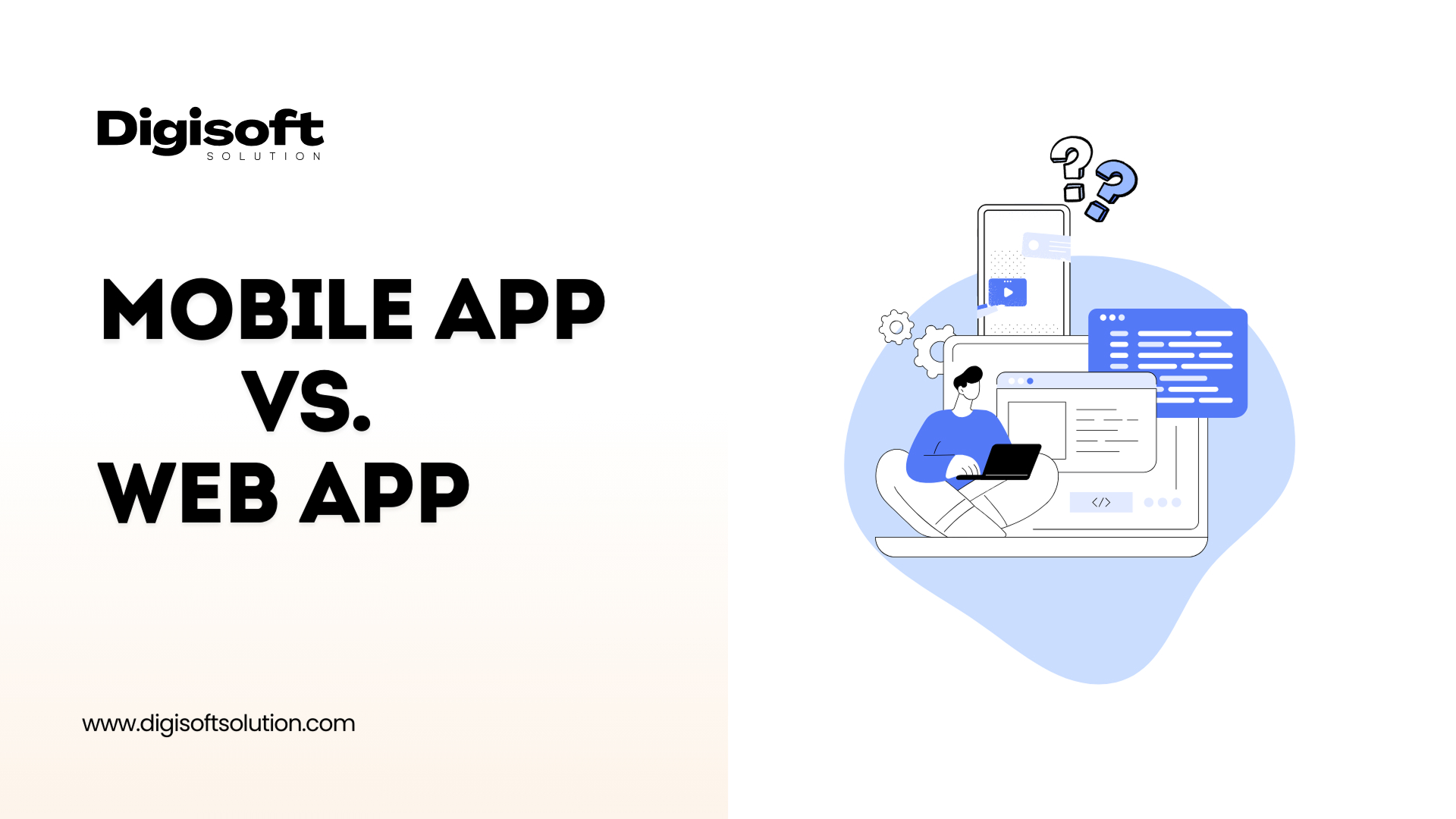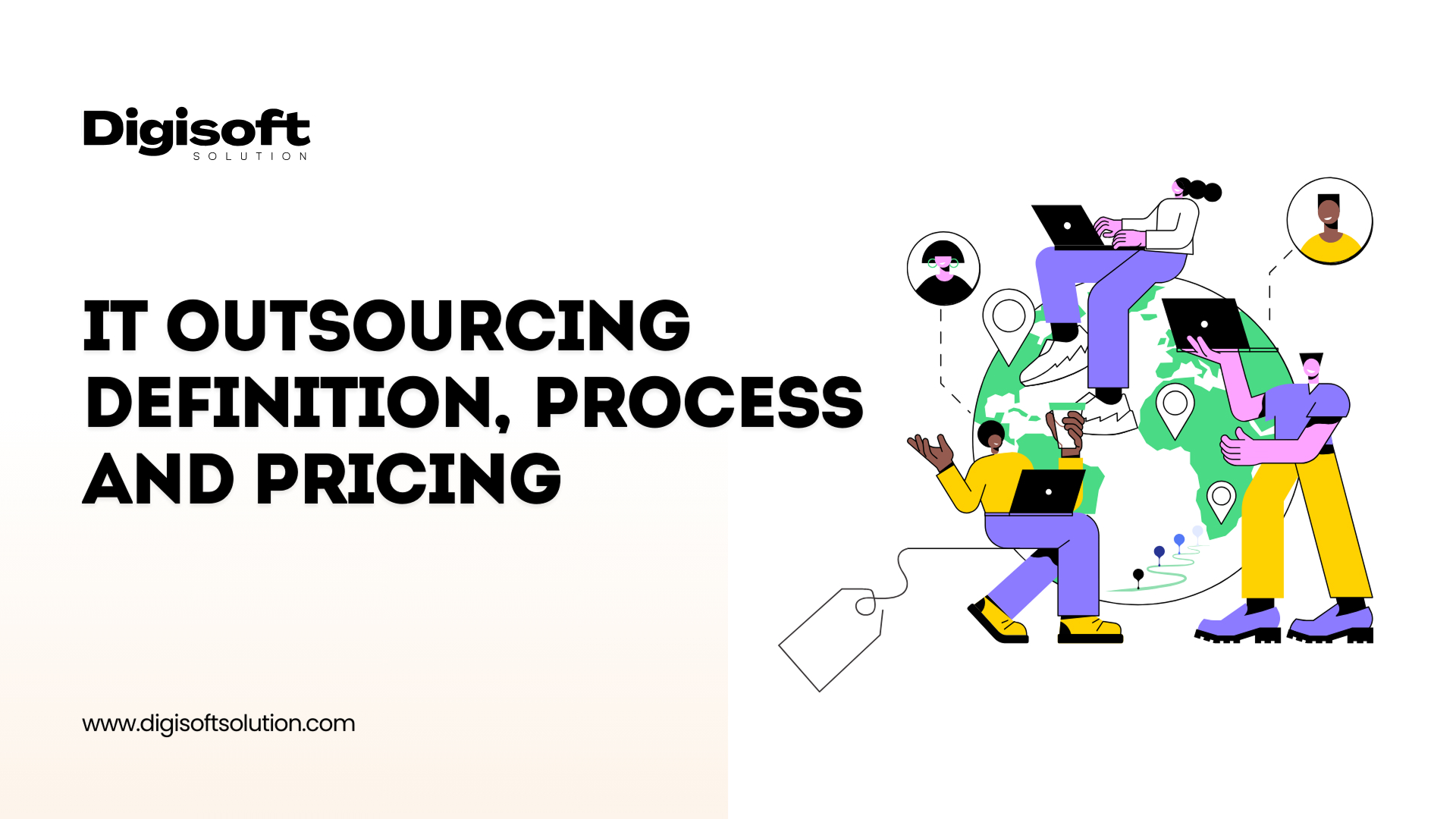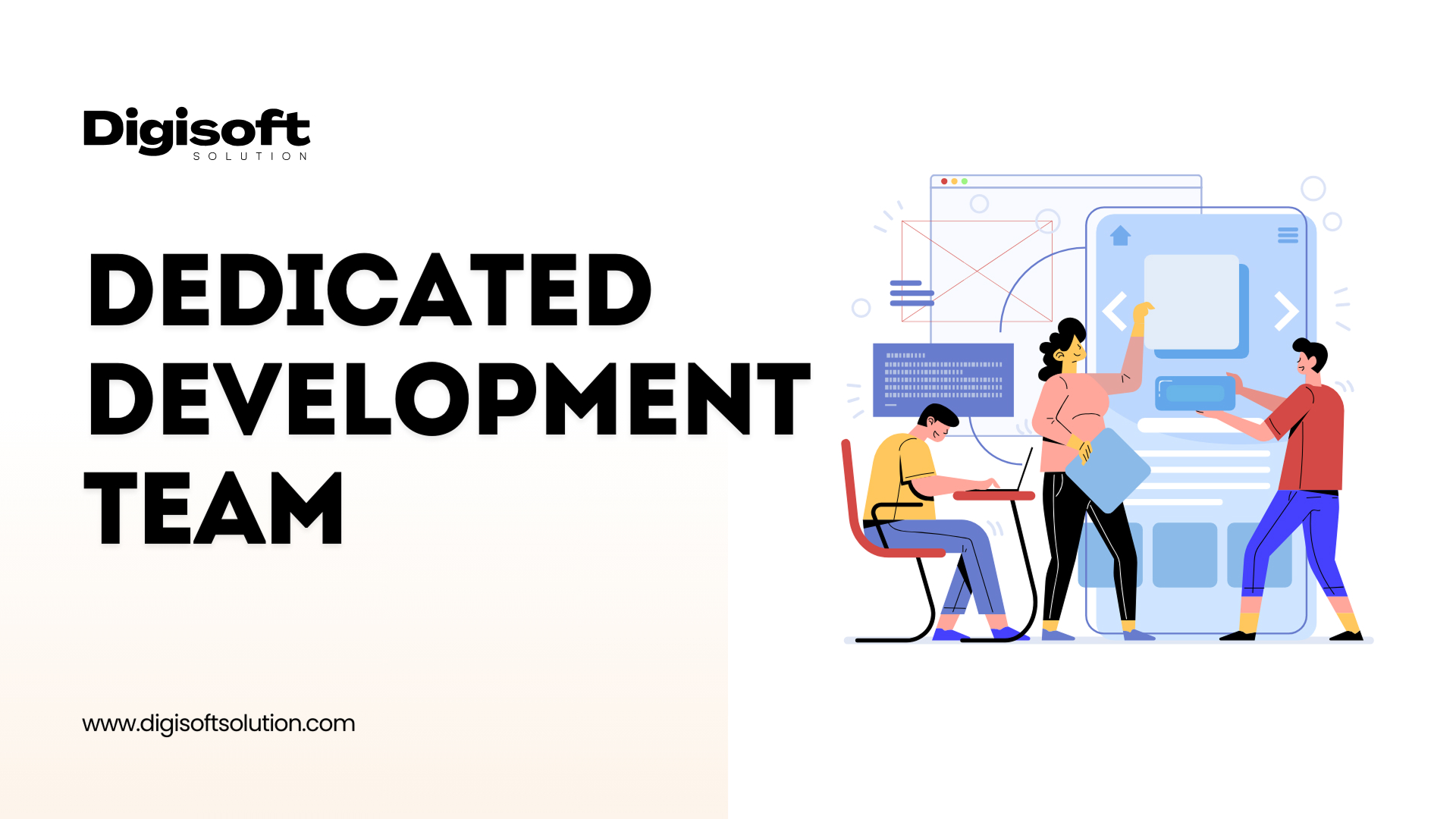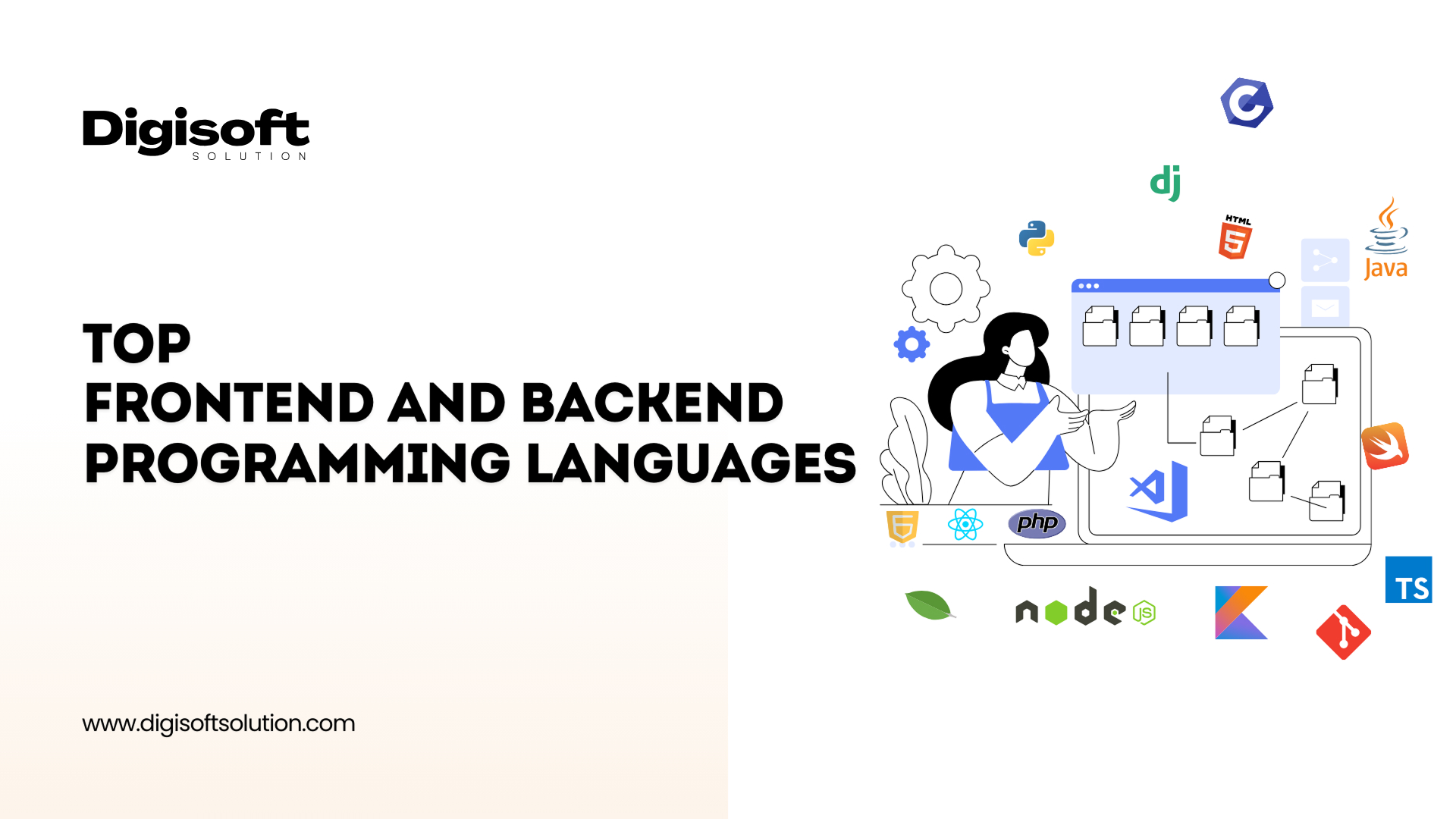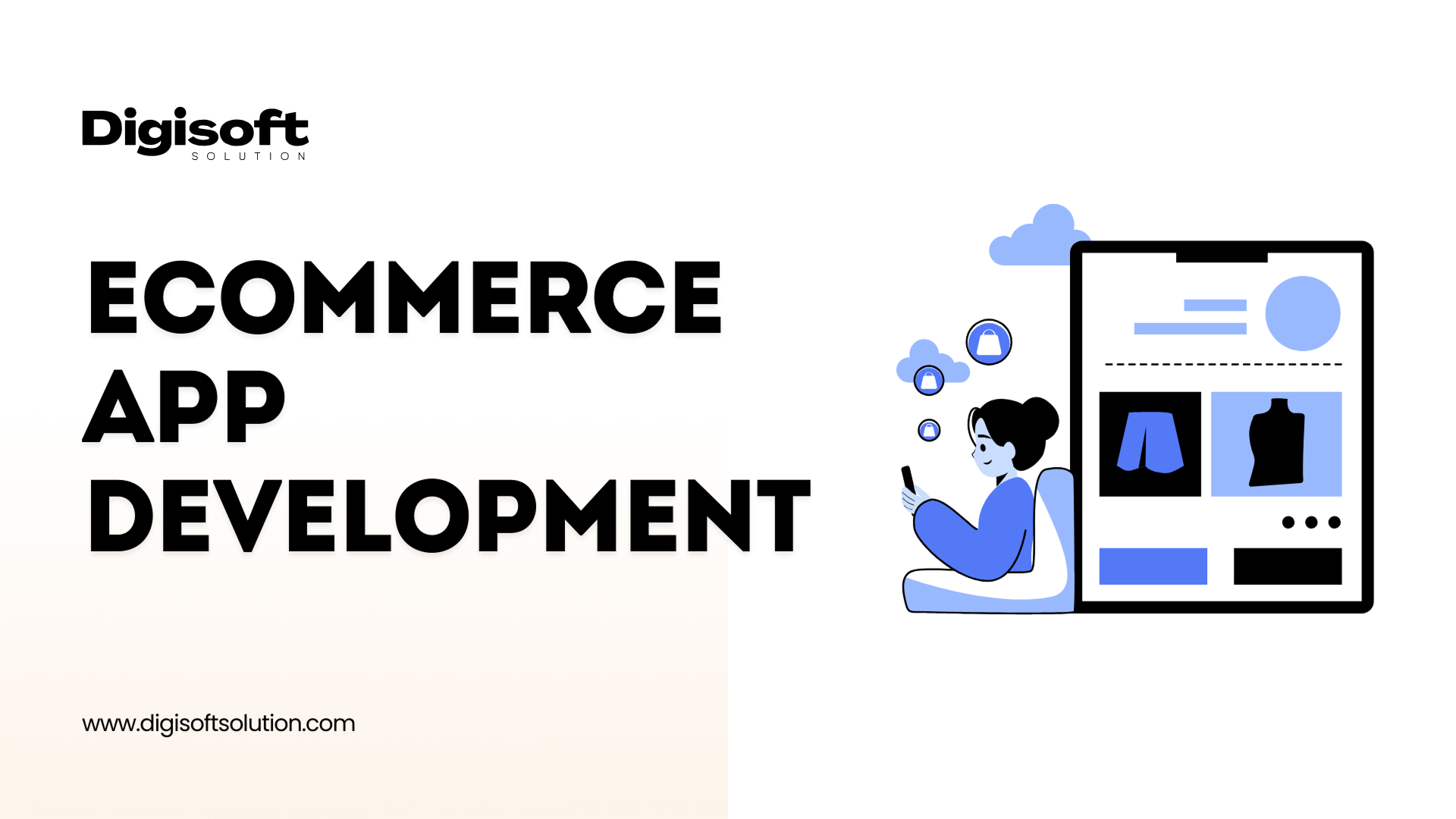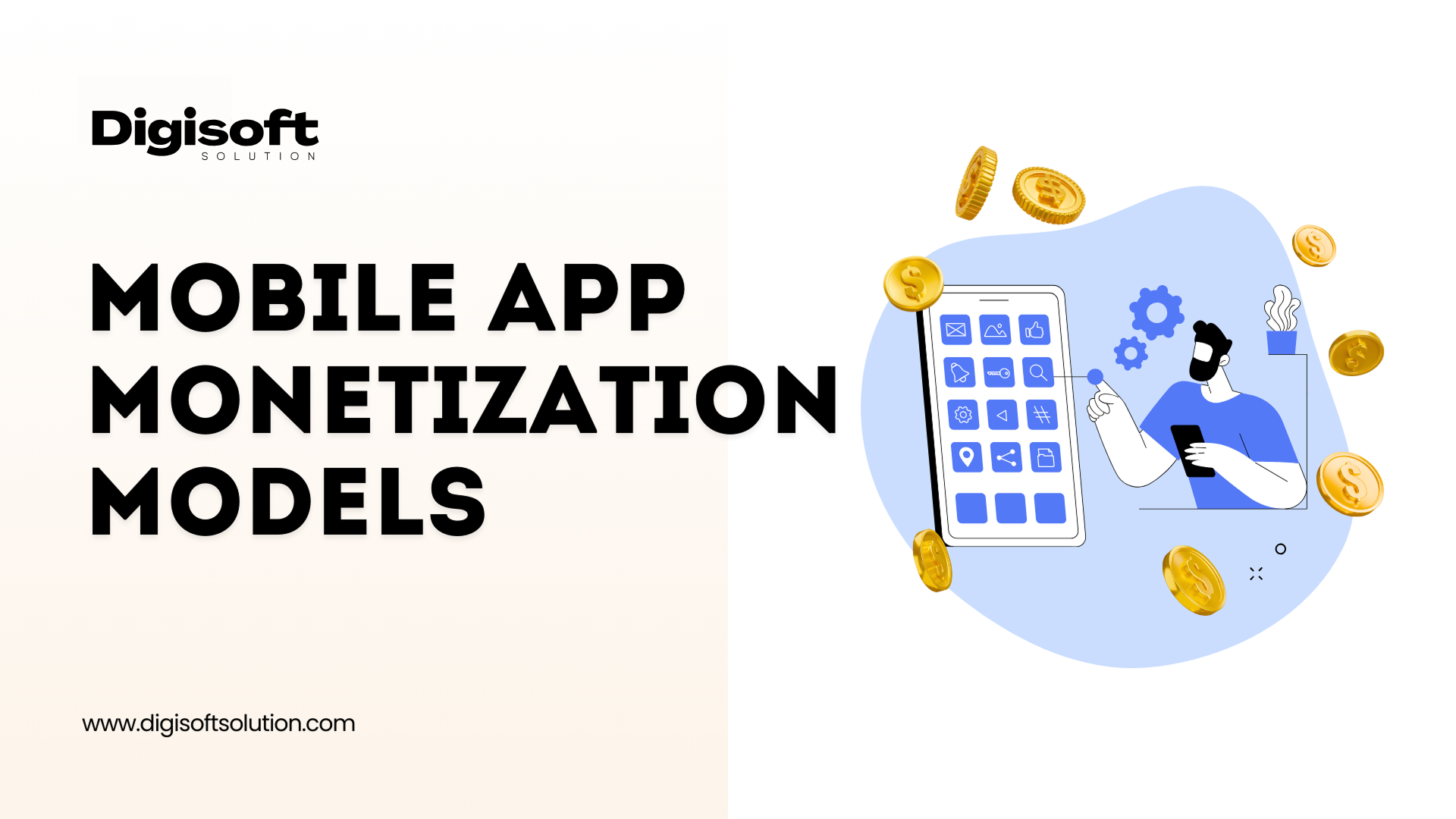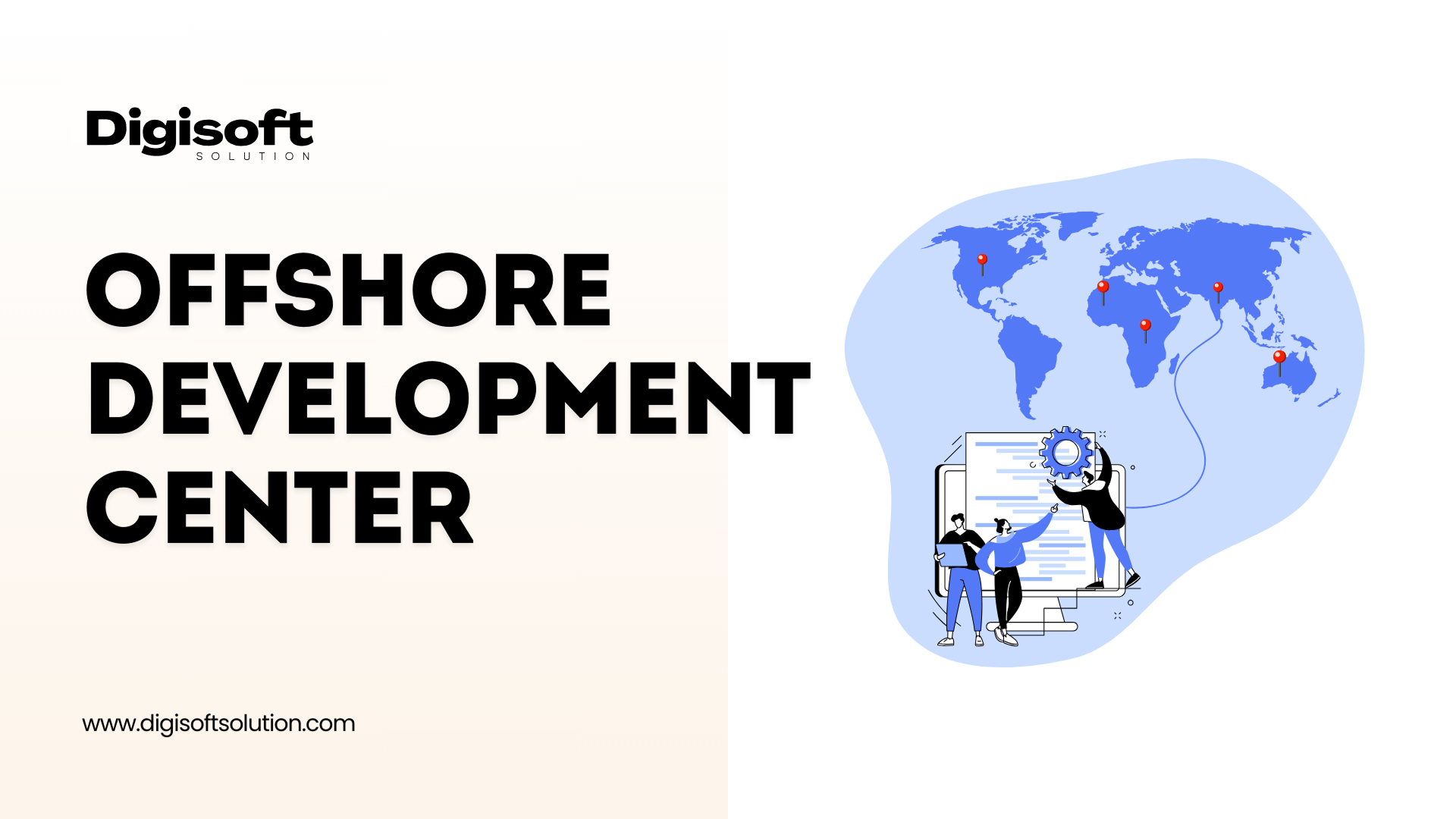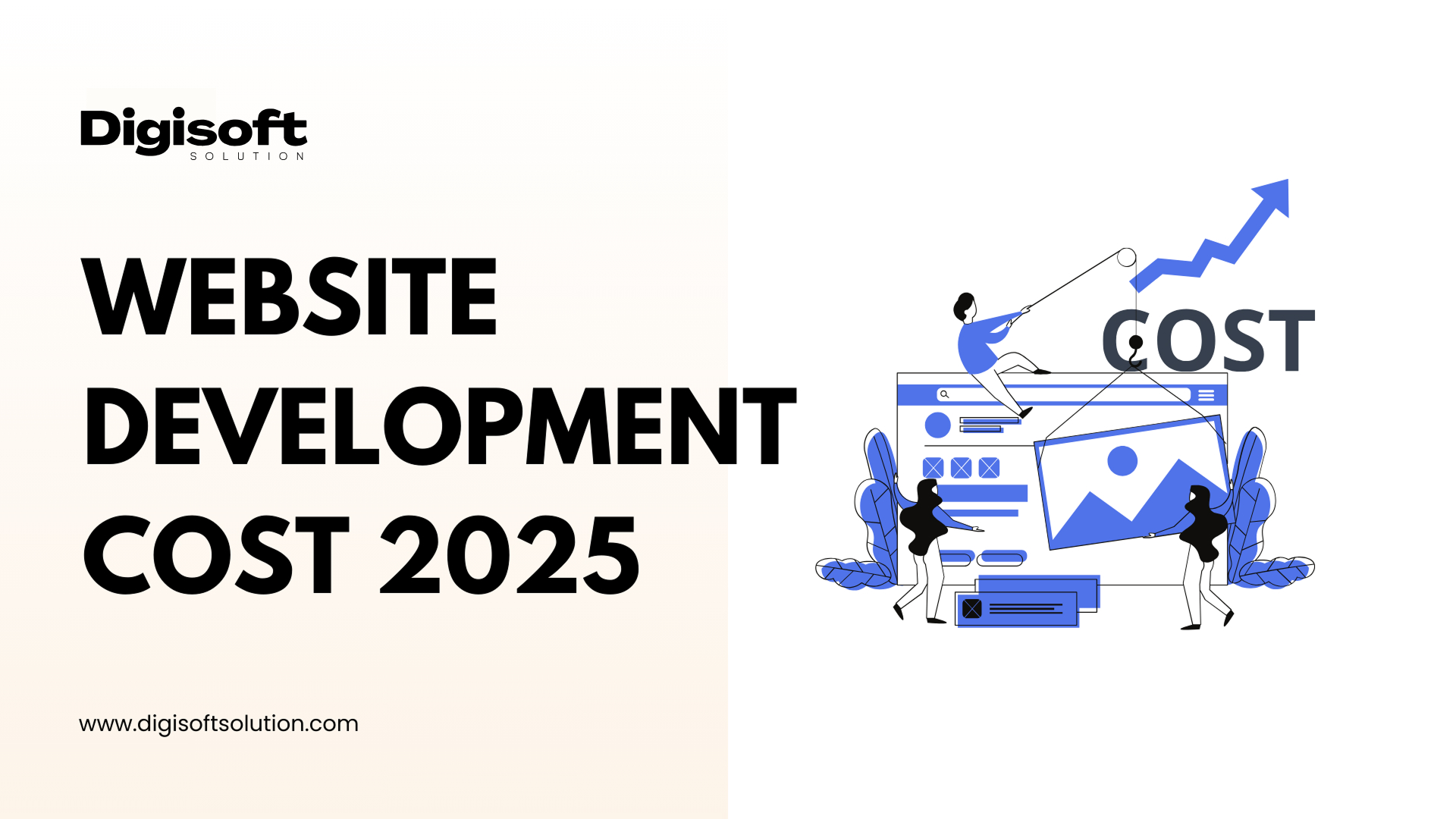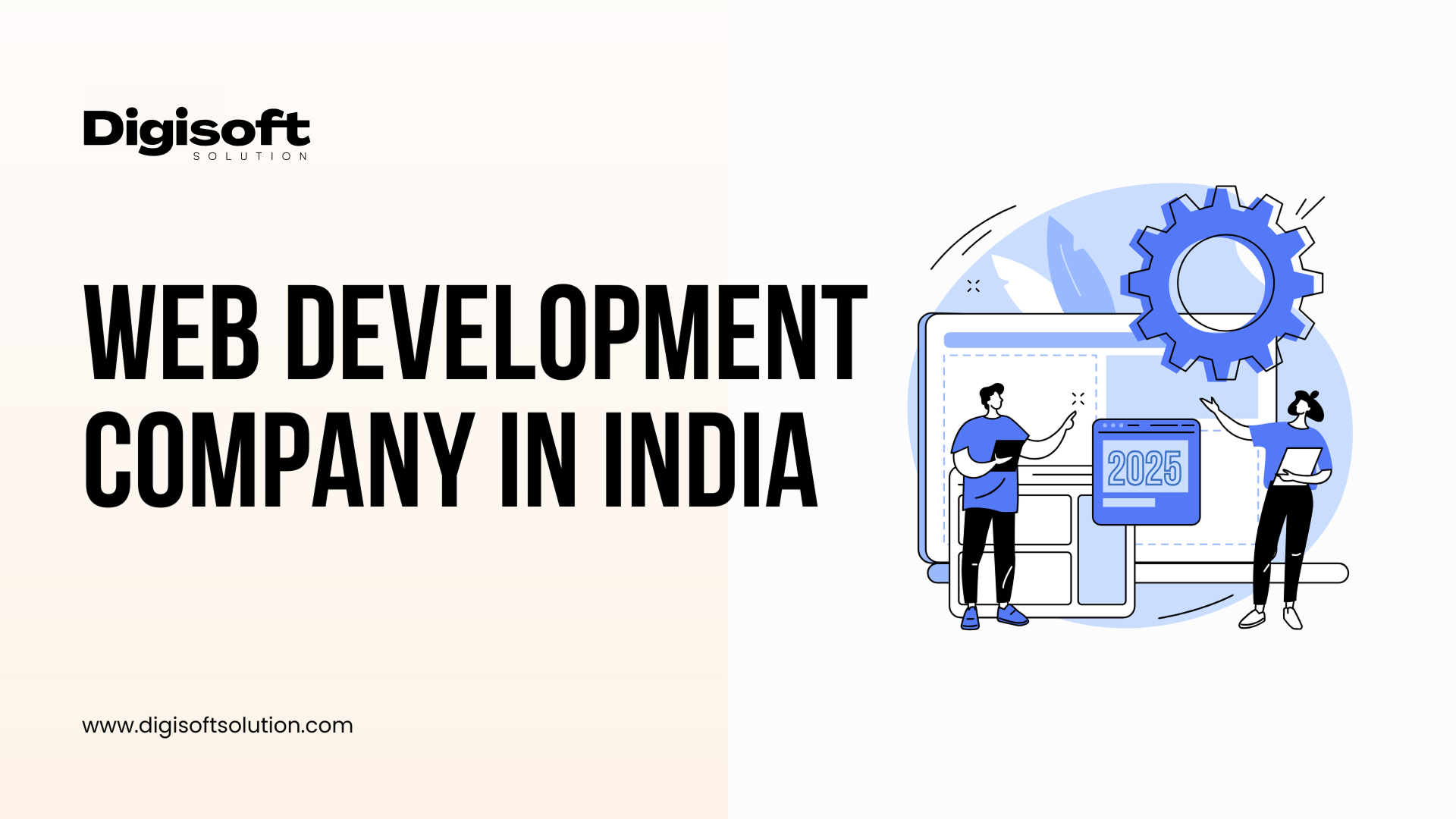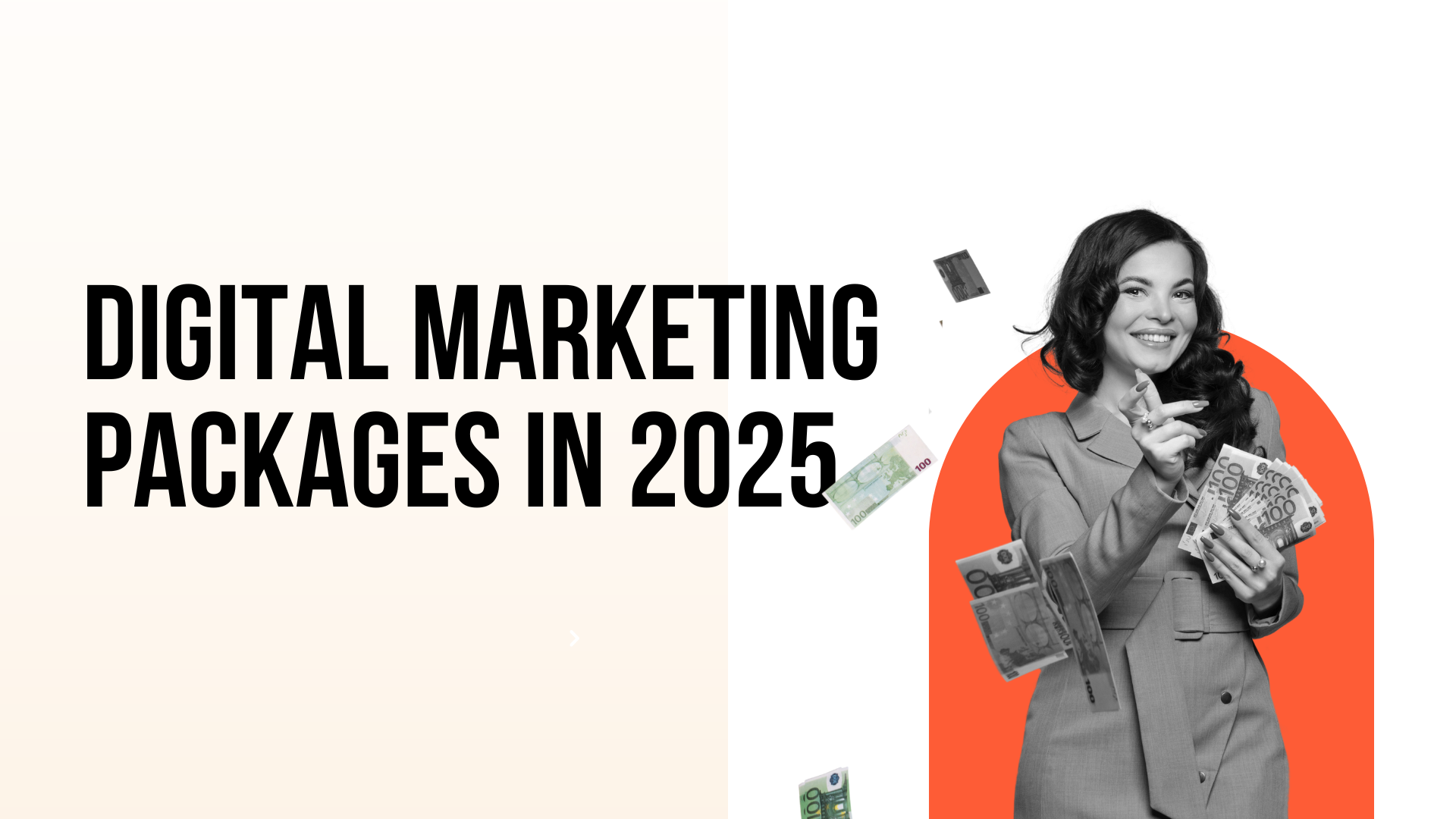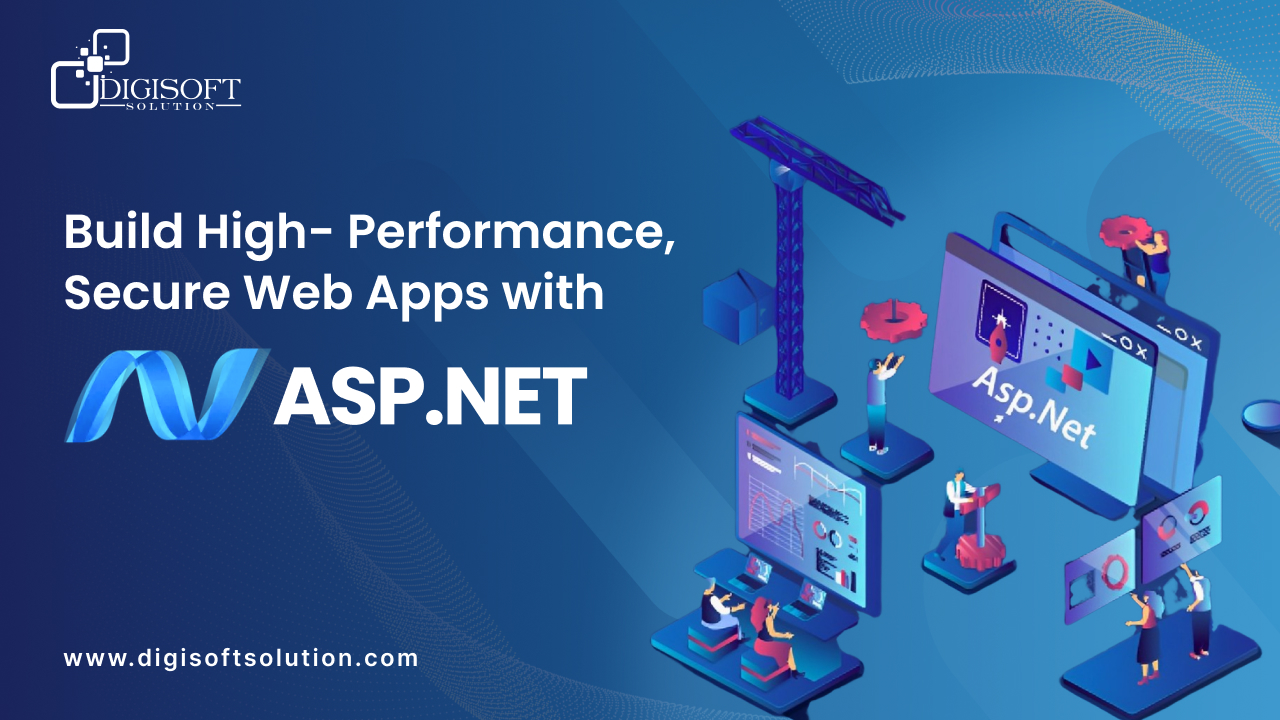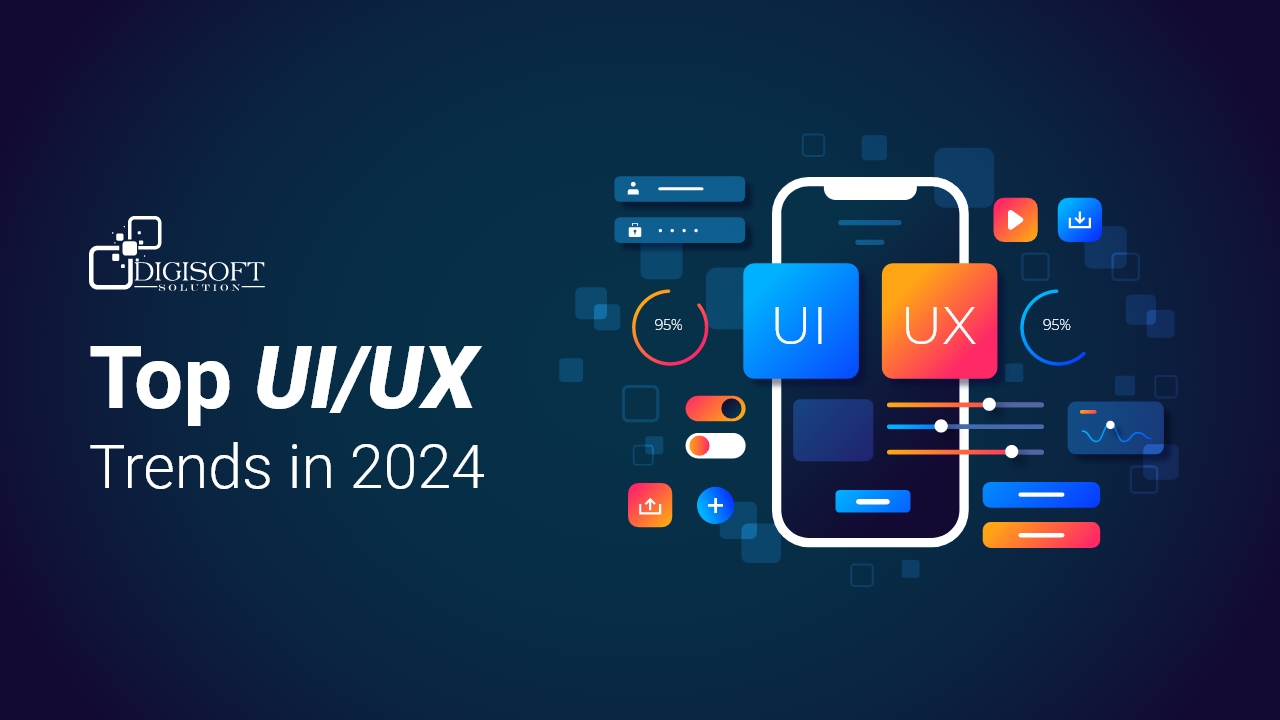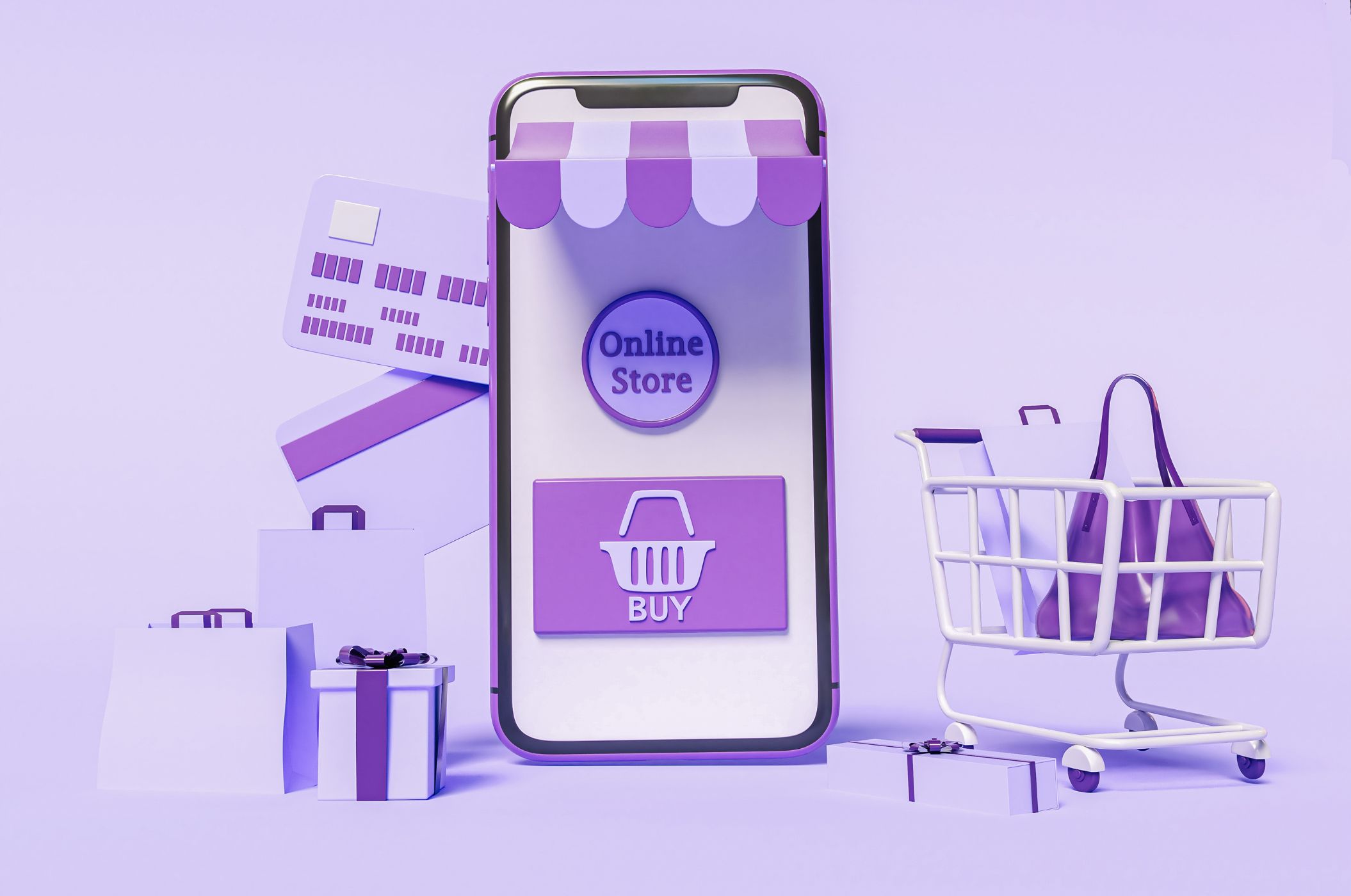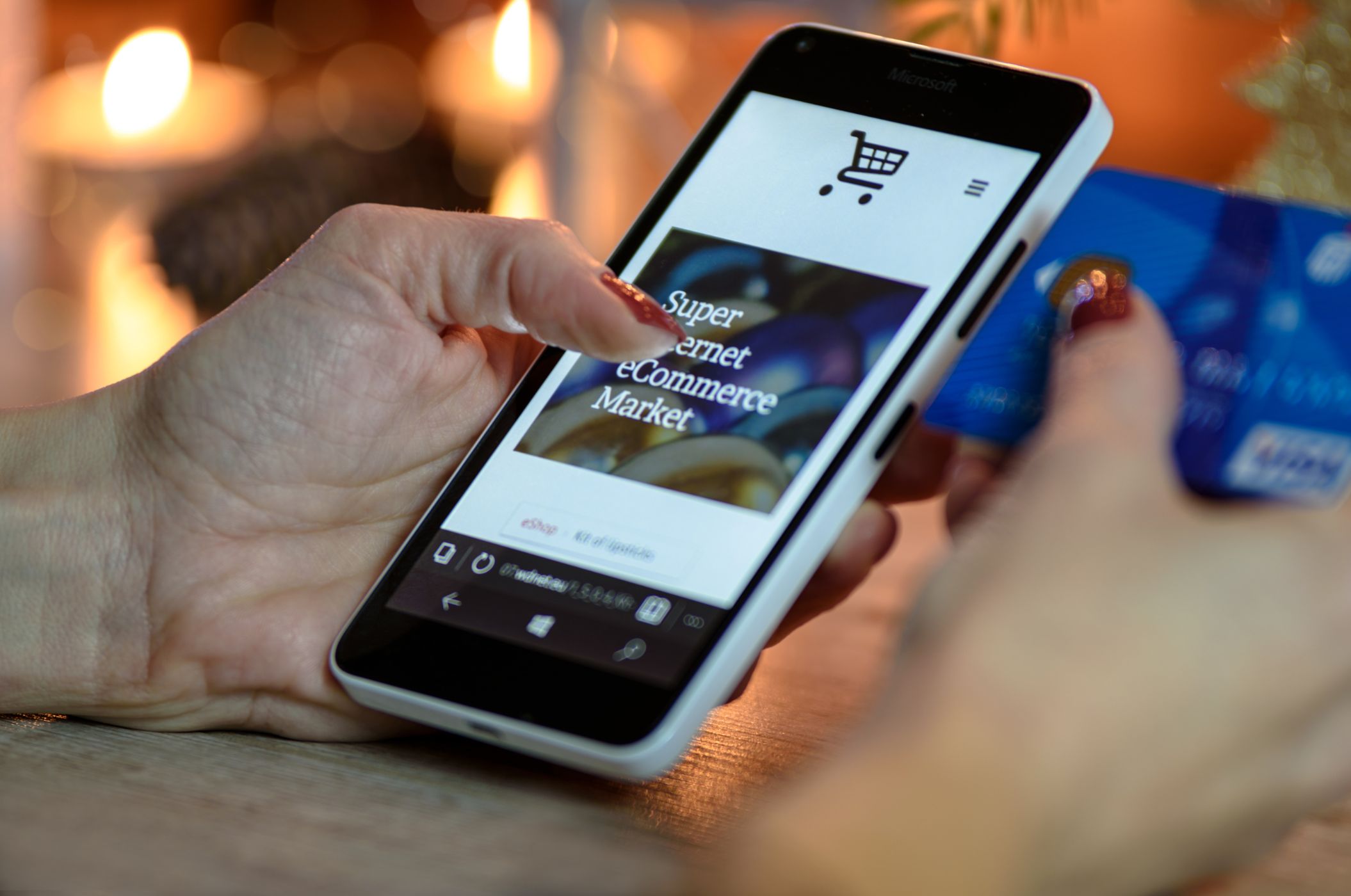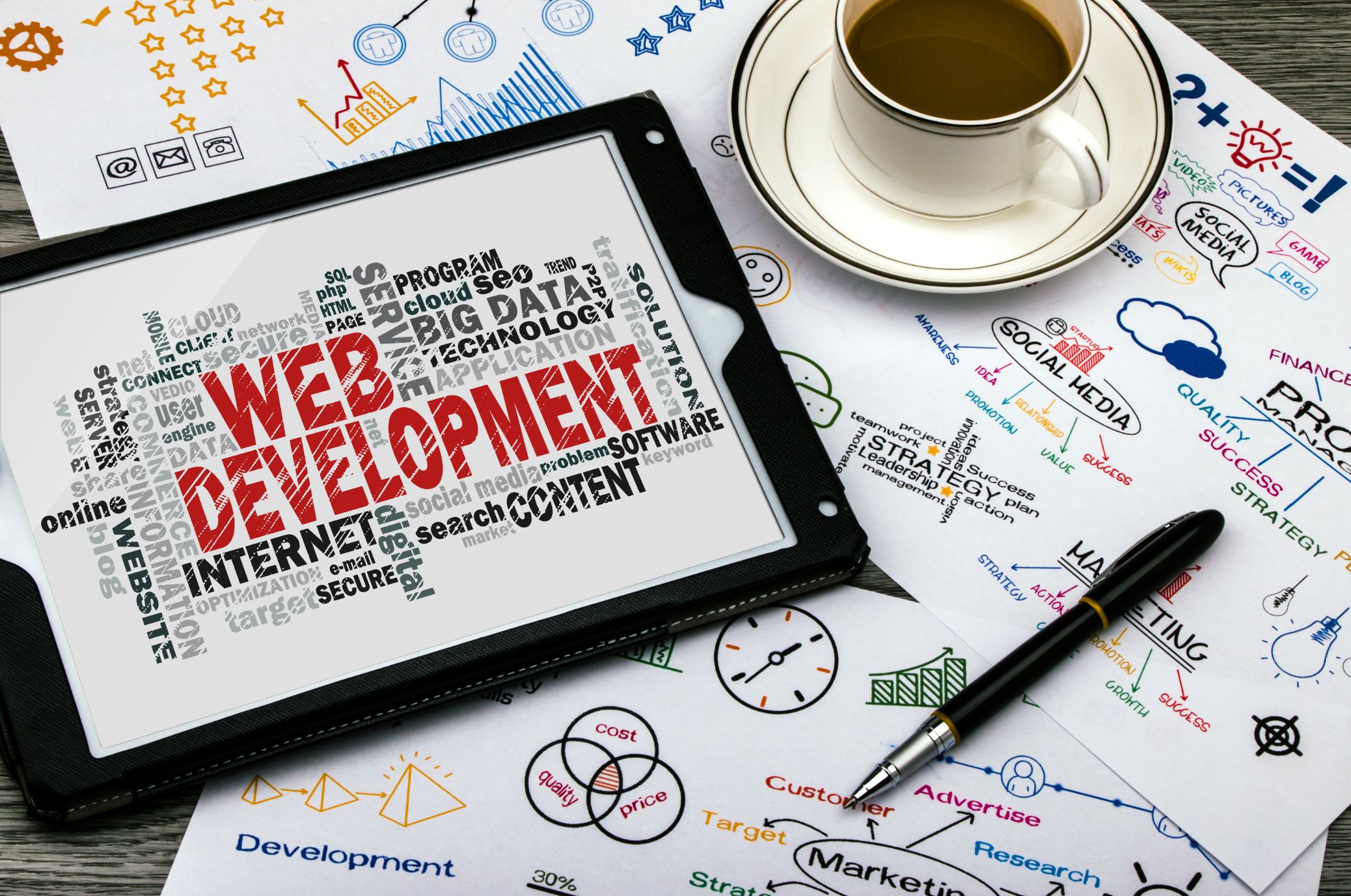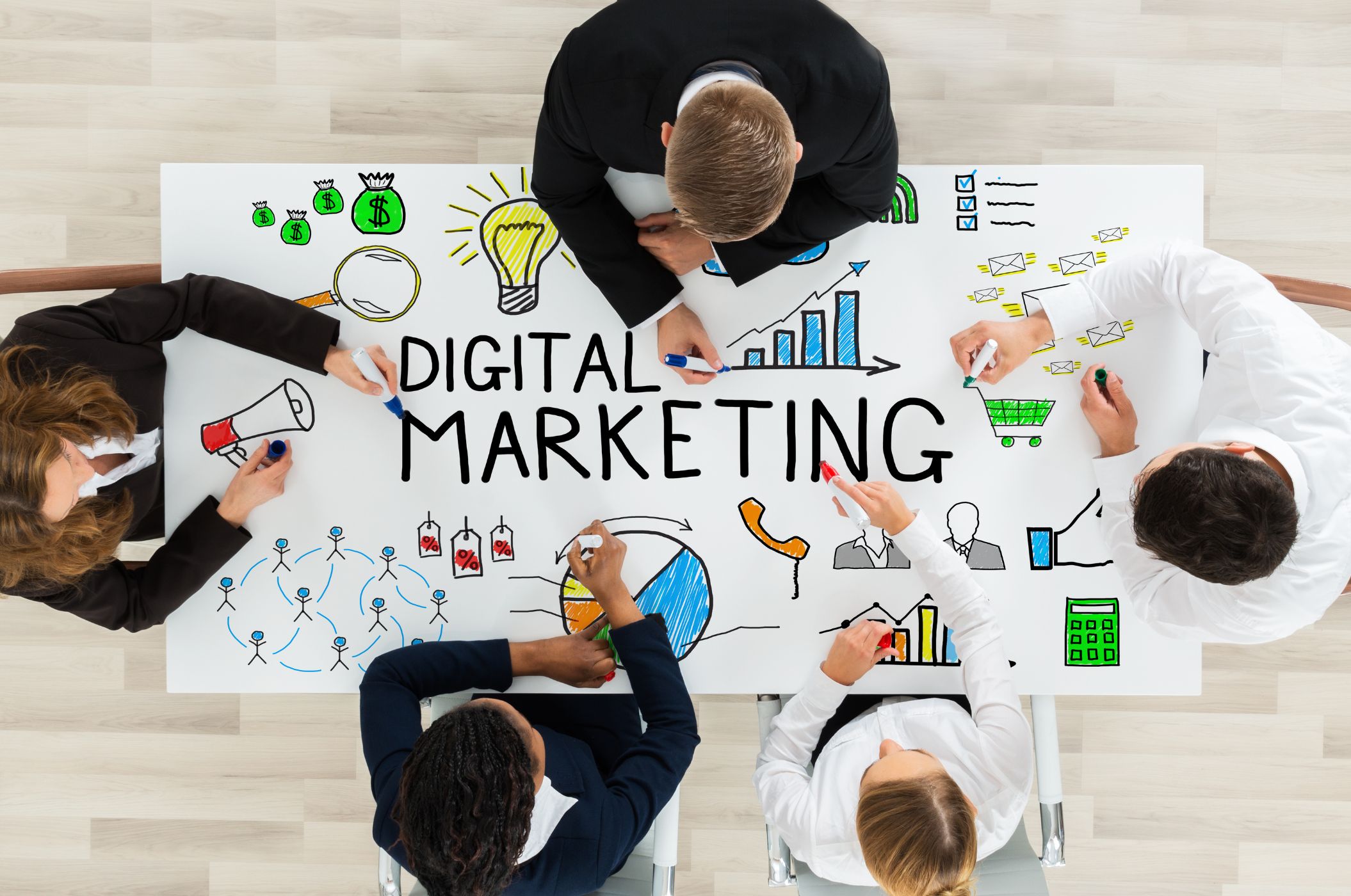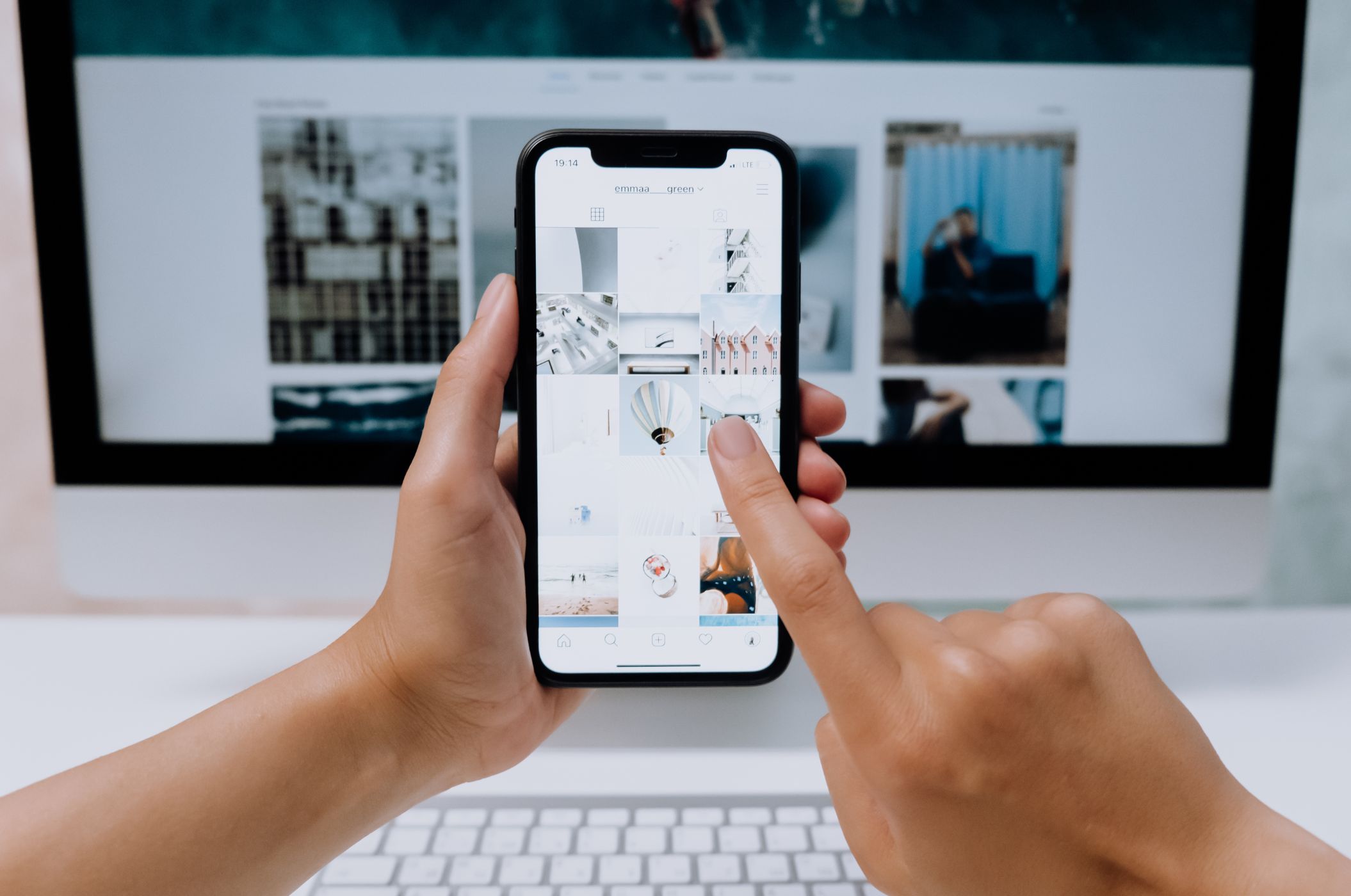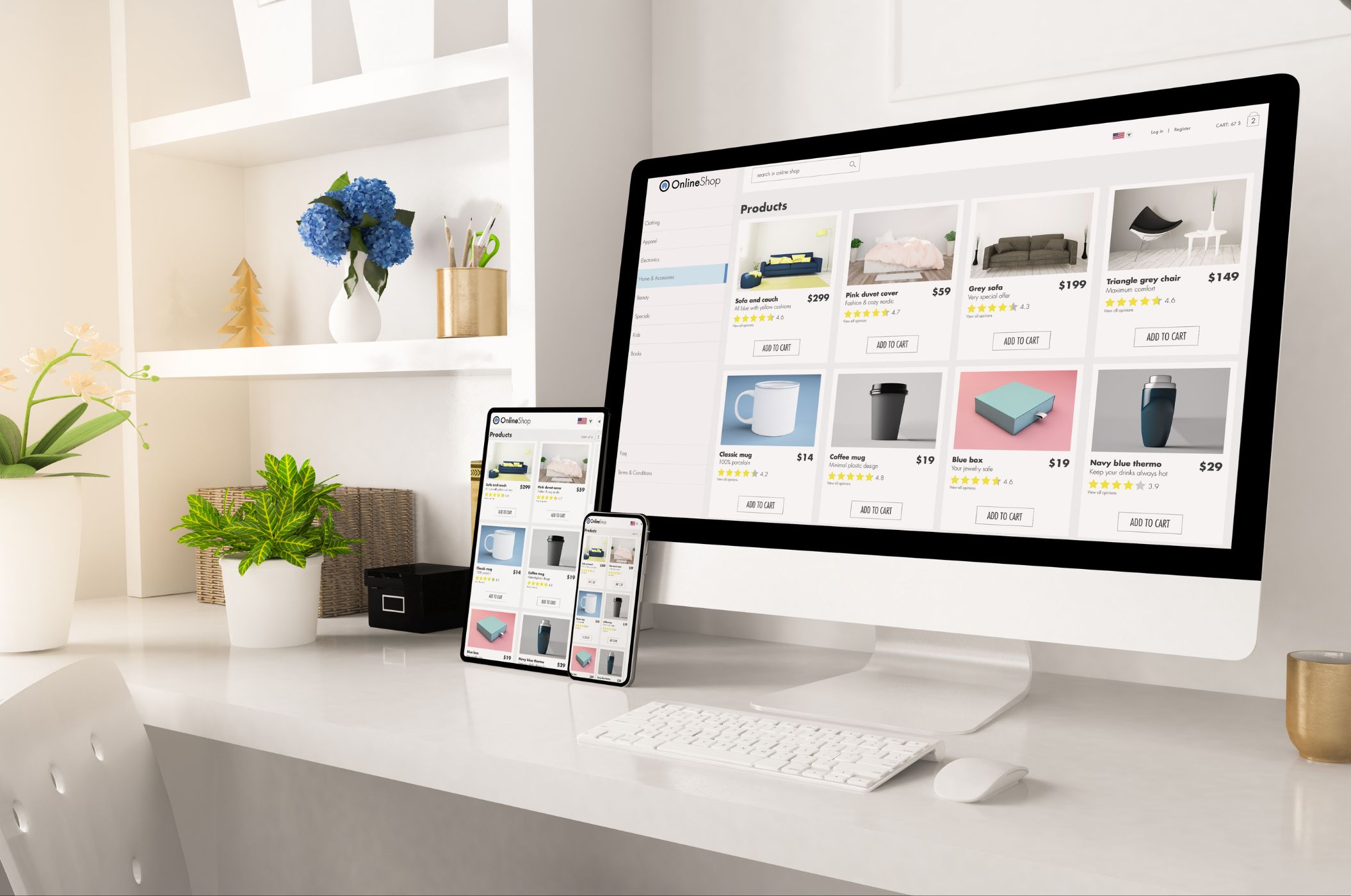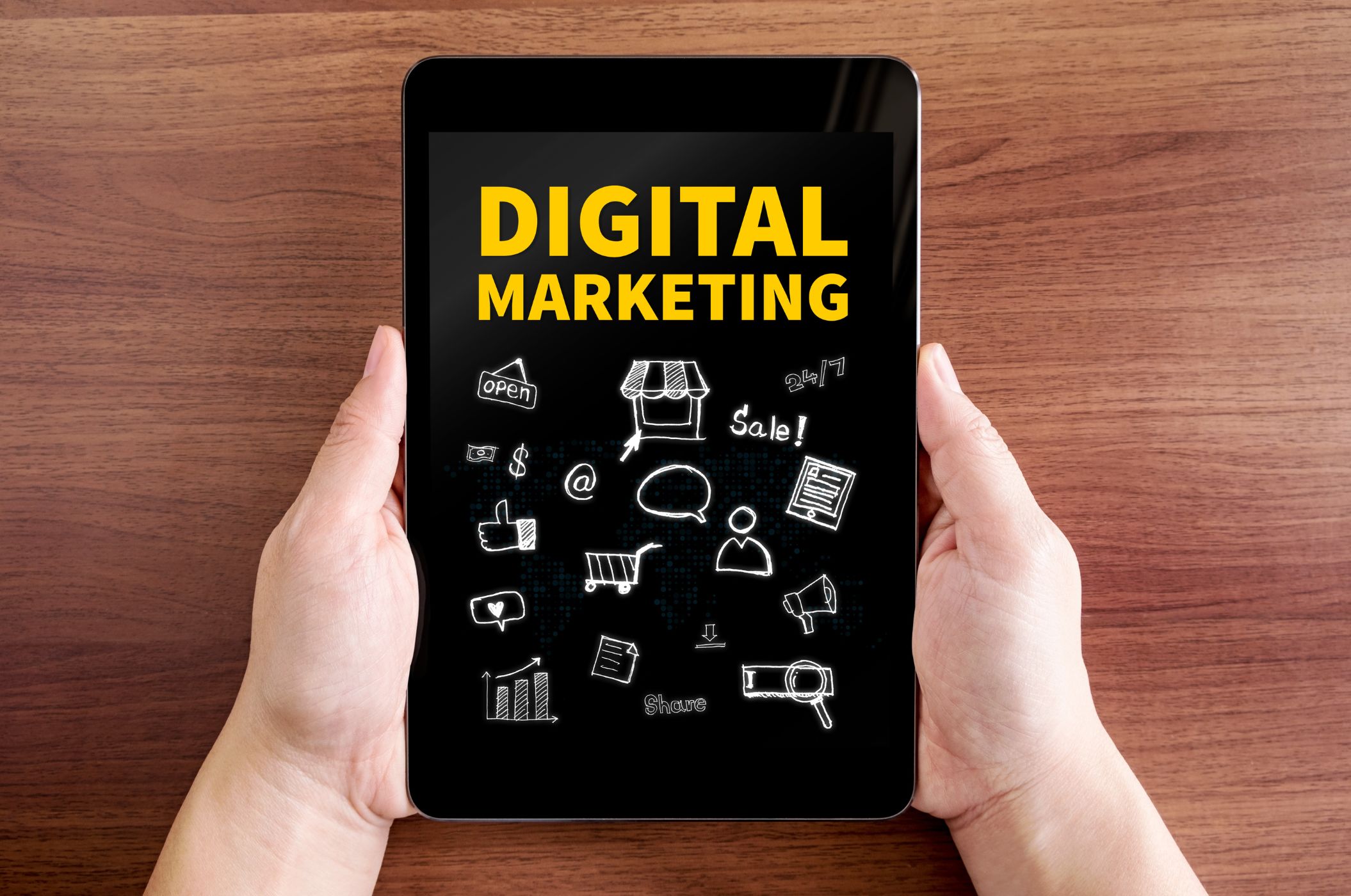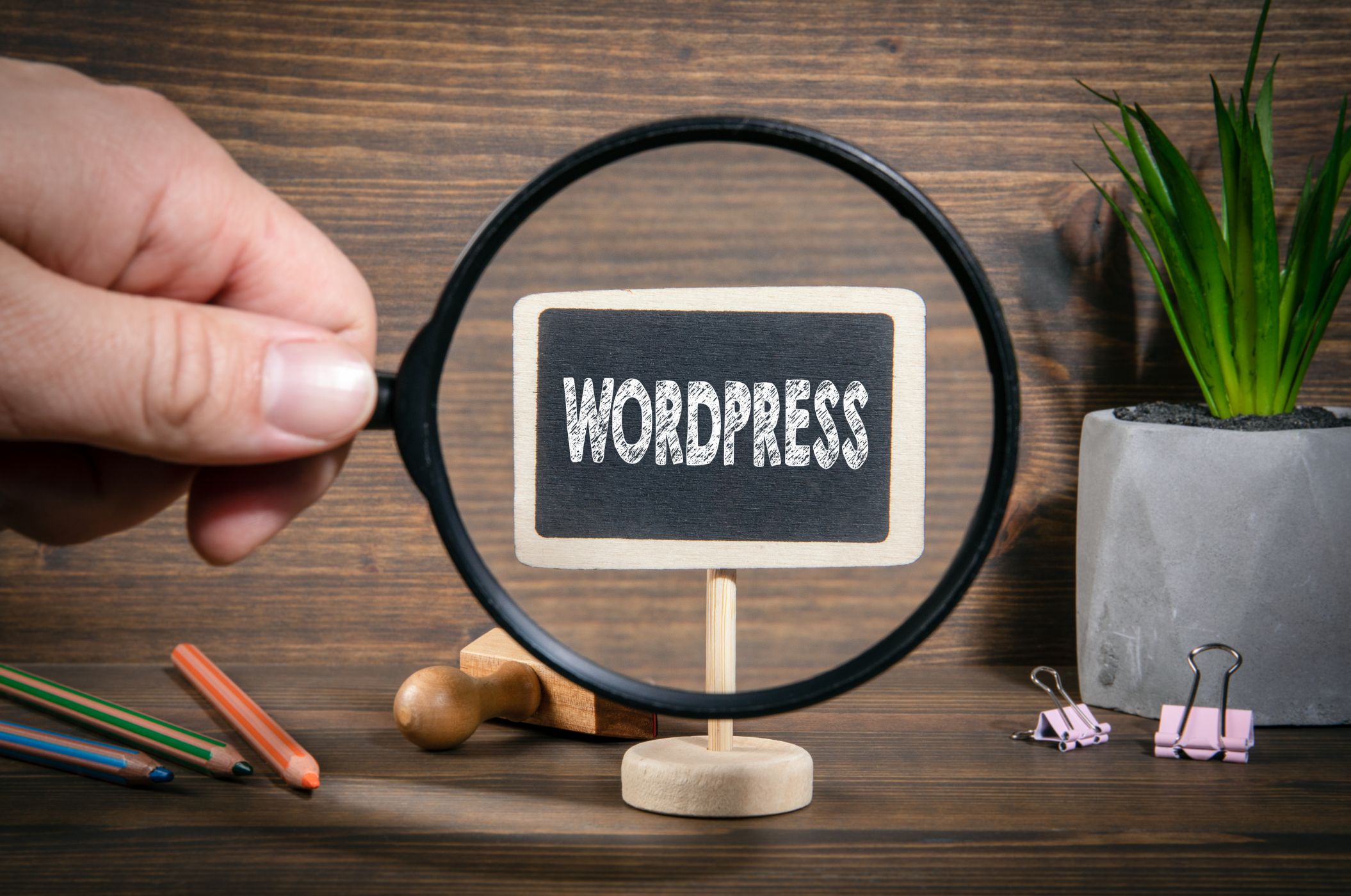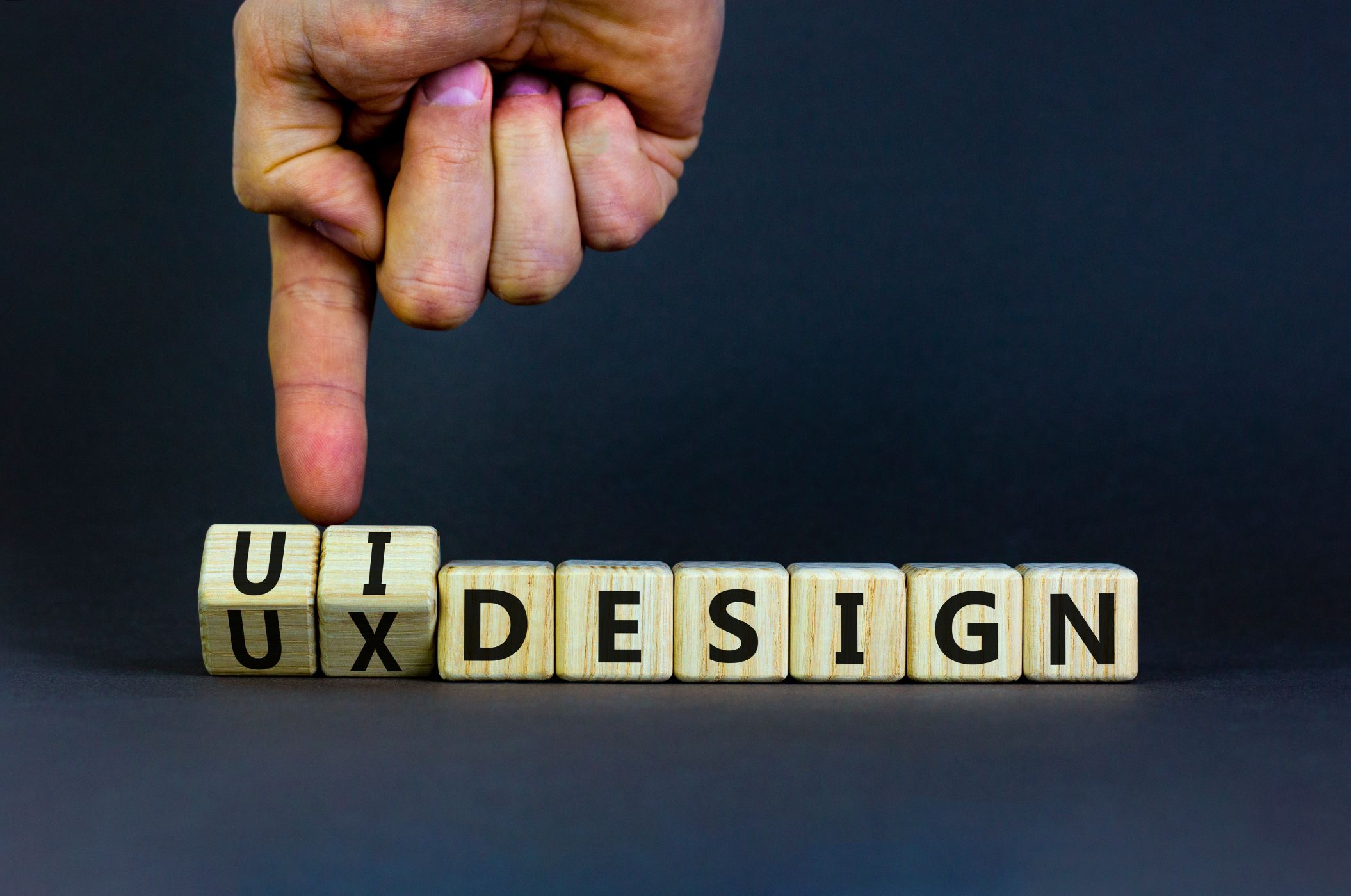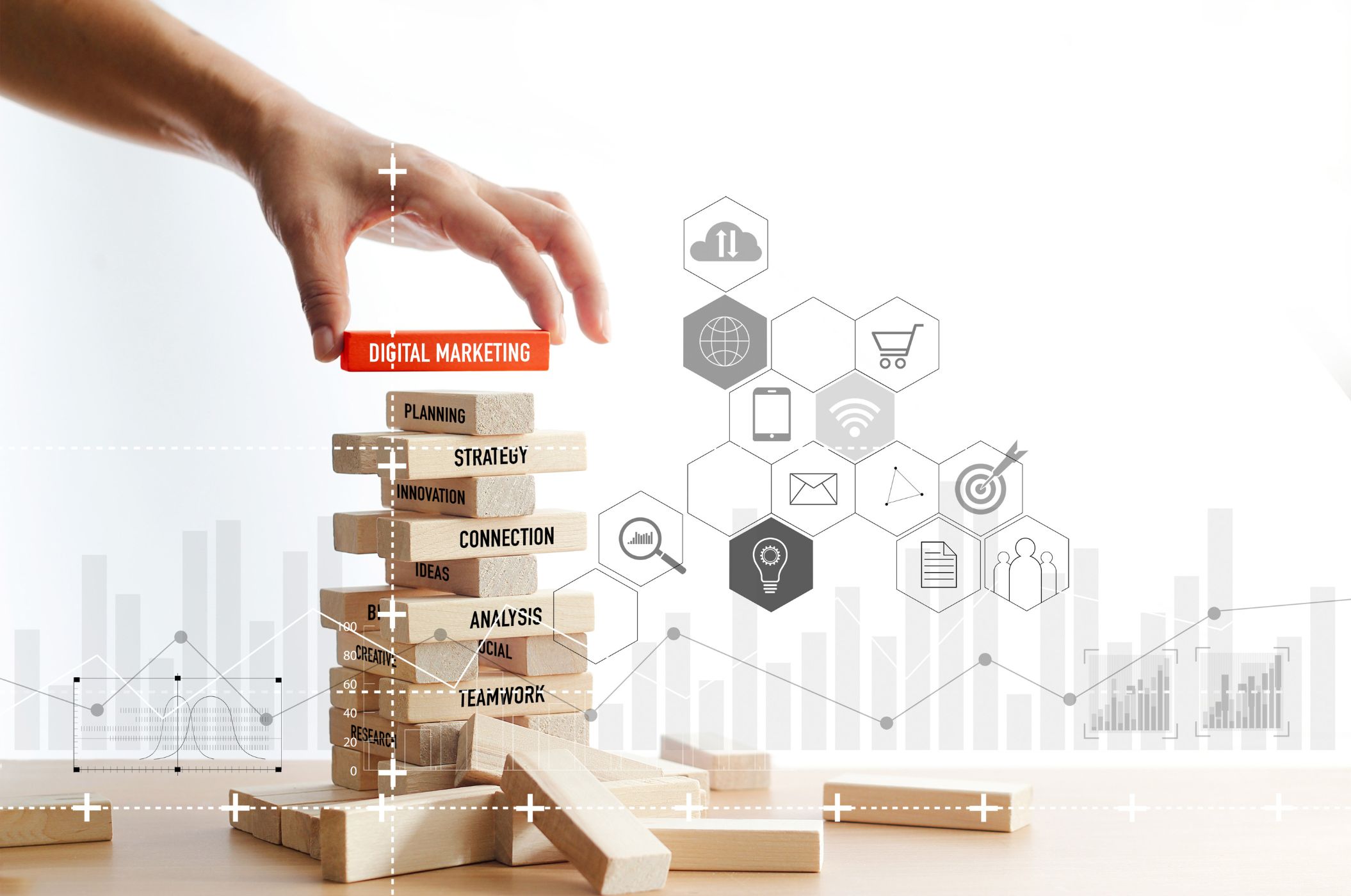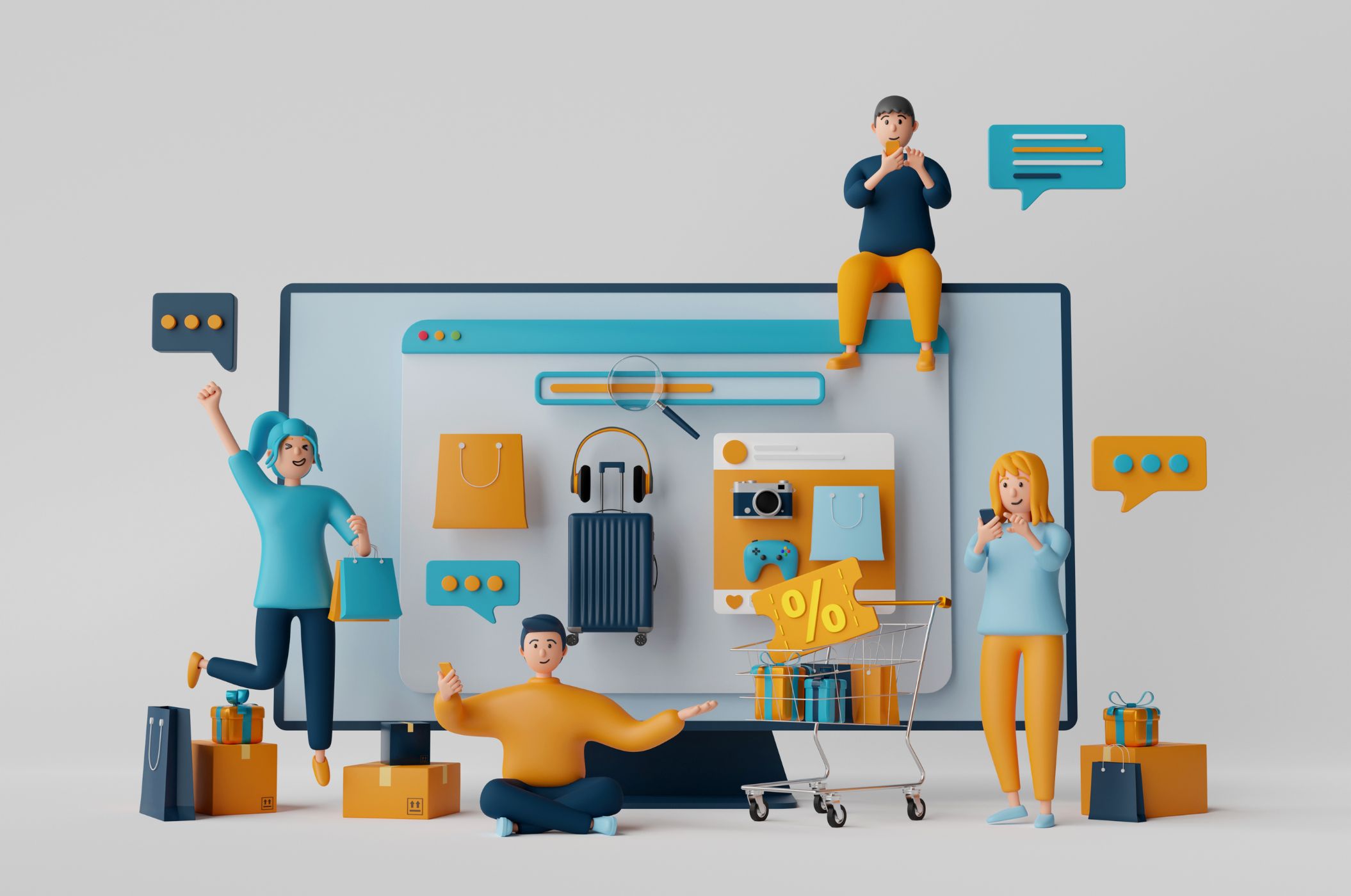Table of Content
- Why Healthcare Apps Are the Future of Medical Services
- Even post-pandemic, demand for digital medical solutions has skyrocketed.
- Benefits of Medical Mobile Apps for Patients & Medical Providers
- Benefits for Patients
- Benefits for Doctors & Hospitals
- Types of Healthcare Apps You Can Build in 2026
- Patient Facing
- Doctor-Focused Apps
- Hospital Management Apps
- Telemedicine Apps
- Fundamental Components of a Contemporary Healthcare App
- The Complete Healthcare App Development Process (Step-by-Step)
- Security & Compliance Standards You Must Follow
- Key Compliance Requirements
- 2026’s Hottest Healthcare App Development Trends
- Challenges in Healthcare App Development Company
- Development Cost of a Healthcare App
- Our expertise is in the following areas:
- Conclusion
Digital Transform with Us
Please feel free to share your thoughts and we can discuss it over a cup of coffee.

The healthcare sector has entered a new digital era, and at the forefront of this change is healthcare app development. The use of mobile health (mHealth) solutions is now commonplace in various activities, such as remote consultations and chronic disease management, to the extent that their functionality is altering the very manner of interaction between patients and caregivers. The coming three years will see the digital revolution push even further, unleashing a wave of innovation, efficiency, and patient-centered care that is unprecedented.
Startups, hospitals, clinics, and medical professionals who are prepared to take the plunge can now take the plunge and make a secure, flexible, and future-proof mobile health solution their first investment. A strong mobile healthcare app should meet industry standards and user needs, and the following blog will help you understand how to build one.
Why Healthcare Apps Are the Future of Medical Services
The COVID-19 pandemic initiated an enormous transformation in the portability and delivery of healthcare services. With viral infections overwhelming hospitals and in-person visits on the decline, mobile health apps became vital resources for patients and healthcare providers. Telemedicine, contactless prescriptions, virtual check-ins, and remote monitoring are becoming mainstream.
Even post-pandemic, demand for digital medical solutions has skyrocketed.
- 43% of U.S. residents use mobile health apps.
- Nearly 70% of Indians are monitoring symptoms, nutrition or medication through apps.
- The global mHealth market is expected to reach USD 4,710+ billion by 2034.
Starting in 2026 and thereafter, patients will expect to receive digital-first healthcare, and providers will utilize technology to improve efficiency, minimize paperwork, and improve patient outcomes.
Benefits of Medical Mobile Apps for Patients & Medical Providers
Healthcare apps are not simply digital instruments. They have become partners that are mandatory for the betterment of life and optimize medical operations. Here’s how:
Benefits for Patients
- Easy Appointment Booking: There are no longer any waiting lines as patients are able to schedule, reschedule, or cancel with a single tap.
- Telemedicine Convenience: Video calls with doctors save time and also cut down on trips to the hospital that are not necessary.
- Medication Reminders: Notifications will make sure that patients will not omit taking their medicine.
- Access to Personal Health Records: Laboratory test reports, medical history, and prescriptions are all kept in a safe place.
- Mental Wellness Support: Therapists, guided meditation, and mood journaling are available.
- Wearable Connectivity: Keep track of your heart rate, sleep patterns, glucose levels, etc.
Benefits for Doctors & Hospitals
- Efficient Patient Management: Patient information, diagrams, prescriptions, and appointments are all available in one location.
- Secure Communication: Confidentiality between physician and patient is ensured through the use of encrypted conversation messages and video calls.
- Automated Reminders: Cut down on missed appointments and at the same time facilitate the clinical workflow.
- Digital Record Keeping: Integration of EHR for quick diagnosis and educated choices.
- Remote Monitoring: Medical professionals are able to monitor chronic patients' lives.
Types of Healthcare Apps You Can Build in 2026
In order to develop a high-value digital product, it is important to recognize the category that your app represents. Here are the most popular app types in the medical technology space:
-
Patient Facing
These apps are designed for the everyday person to help manage their health:
- Symptom checker
- Chronic disease management
- Medication tracker
- Personal health record
- Fitness & wellness apps
- Pregnancy & Women's health apps
-
Doctor-Focused Apps
Created with a goal to assist medical professionals:
- EHR/EPR access applications
- Medical reference guides
- Diagnostic tools and resources
- Apps for team collaboration
- Applications for scheduling & task management
-
Hospital Management Apps
Perfect for health care organizations:
- Handling of stock
- Timetable for personnel
- Medical costing and insurance applications
- Patients intake and release procedure
- Management of the premises systems
-
Telemedicine Apps
One of the fastest growing categories
- video consultations
- e-prescriptions
- remote diagnostics
- telehealth emergency services
- remote patient monitoring (RPM)
Fundamental Components of a Contemporary Healthcare App
A medical app designed for the future must include usability, accuracy, compliance, and security. Below are core features that should be included:
- User Profile Management
- Appointment Booking System
- In-App Chat / Video Calls
- EHR/EMR Access
- Push Notifications
- Prescription Management
- Secure Payment Gateway
- IoT & Wearable Integration
- AI-Based Recommendations
- Emergency Assistance Button
These features will create reliability, usability, and handle complex healthcare workflows.
Related Read: Custom Healthcare Software Development: A Complete Guide
The Complete Healthcare App Development Process (Step-by-Step)
Developing a Healthcare Application is a careful process requiring important details and a STRATEGIC/compliant approach to wear a Uniform.
- Market Research/Requirements: Evaluate what users want; assess competitive applications; Identify critical gaps in the Market; Then determine what your Goals ARE.
- Defining App Functions/Capabilities & Target User(s): To align your Business Goals and User Expectations, Clarify your Target User(s) (i.e., Patient, Provider, Facility).
- Select the Appropriate Technology Stack
The tech stack that is powerful and trustworthy will be the one that guarantees performance:
- Frontend: Flutter, React Native
- Backend: Node.js, Django, .NET
- Database: MongoDB, PostgreSQL
- Cloud: AWS, Azure, Google Cloud
- Security: SSL, OAuth 2.0, JWT
- UX/UI Design
In healthcare, simplicity and clarity matter in UI UX Design:
- Easy-to-read fonts
- Simple navigation
- Minimal screens
- High accessibility
- App Development (Frontend + Backend)
Develop user interfaces, secure APIs, databases and server logic. Make sure it can grow to accommodate heavy traffic.
- Integrations with Third Parties
The majority of healthcare apps need:
- EMR/EHR systems
- SDKs for telemedicine
- Gateways for payments
- APIs for wearables
- Services for cloud storage
- Testing & Quality Assurance
Software Testing for:
- Security vulnerabilities
- Performance & speed
- HIPAA/GDPR compliance
- Usability
- Device compatibility
- App Launch & Ongoing Maintenance
Deployment on Android, iOS, and web platforms followed by continuous monitoring and updates.
Security & Compliance Standards You Must Follow
In the medical sector, security is a must. The application has to comply with the following rules:
Key Compliance Requirements
- HIPAA (USA): Safeguarding delicate medical data
- GDPR (EU): Controls data confidentiality for users in Europe
- FHIR & HL7: Safe data interchange standards
- ISO 27001: Framework for security management in organizations
Security Policies
- Full encryption
- Two-factor login
- Reliable cloud-based system
- Making data untraceable
- Limiting access based on the user role
- Conducting frequent security tests
Security is a major development concern because even one security flaw can lead to fines, breaches, and a decline in user confidence.
2026’s Hottest Healthcare App Development Trends
The future of digital healthcare is going to be highly innovative, smarter, and more personalized, offering solutions that cater to the individual needs of every patient. With rapid advancements in technology, the demand for healthcare app development services is also increasing.
The following are the key trends that will influence the mHealth sector in 2026:
- AI & Machine Learning: Predictive diagnostics, smart health insights, AI chatbots, and automated triage are just a few examples.
- Remote Patient Monitoring: The continuous tracking of vitals through the combination of wearables and mobile apps is the main application of this trend.
- Blockchain in Healthcare: Secure medical record sharing, improved transparency, and data ownership for patients are some of the benefits associated with this technology.
- Voice Recognition & Brain-Computer Interfaces: Users with disabilities or elderly people will have access to hands-free navigating of apps.
The trends are going to change the whole scenario from preventive care to emergency response.
Challenges in Healthcare App Development Company
The industry is quite prosperous, but medical app development has its specific challenges:
- Complicated compliance requirements
- Risks of security breaches
- Difficulties in integration with existing systems
- Expensive development
- Limited technology acceptance by older people
- Problems of interoperability
Working together with a skilled healthcare mobile app development company will allow you to overcome these barriers in an efficient manner.
Development Cost of a Healthcare App
The cost is influenced by the complexity of the app, the required features, the level of regulatory compliance, and the team's skill.
Approximate Cost Range
- Basic App: $30,000 – $50,000
- Mid-Level App: $50,000 – $100,000
- Advanced App: $100,000+
A medical app development company will professionally take care of your needs and give you a solution that can grow with time and be secure at the same time according to global standards.
Why Choose Digisoft Solution for Healthcare App Development?
Digisoft Solution is one of the foremost healthcare mobile application development service providers, delivering comprehensive digital solutions customized to current healthcare requirements. The developers with us having experience in the related field create applications that are loaded with features, comply with regulations, are secure, scalable and meet all medical industry standards.
Our expertise is in the following areas:
- Mobile application development for healthcare
- Telemedicine application solutions
- Apps for doctors and patients customized
- Applications for wellness, fitness, and mental health
- Hospital management systems
Whether you are a physician, healthcare startup, or hospital, we offer unmatched value through advanced app development healthcare.
Conclusion
The healthcare app development already makes a big difference in the way medical care is being delivered, accessed, and managed. Mobile health apps are creating the future of global healthcare alongside telemedicine, wearables, and AI-powered diagnostics. Companies, hospitals, and startups have the chance to buy a secure solution that is ready for the future and meets both patient demands and industry standards at this time.
Join Digisoft Solution to change your concept into a high-performing, effective, and compliant healthcare app. It will not just change the way healthcare is delivered but also empower millions of people to take control of their health. With skilled developers, solid processes, and best healthcare experience, we will make your dream come true.
Digital Transform with Us
Please feel free to share your thoughts and we can discuss it over a cup of coffee.

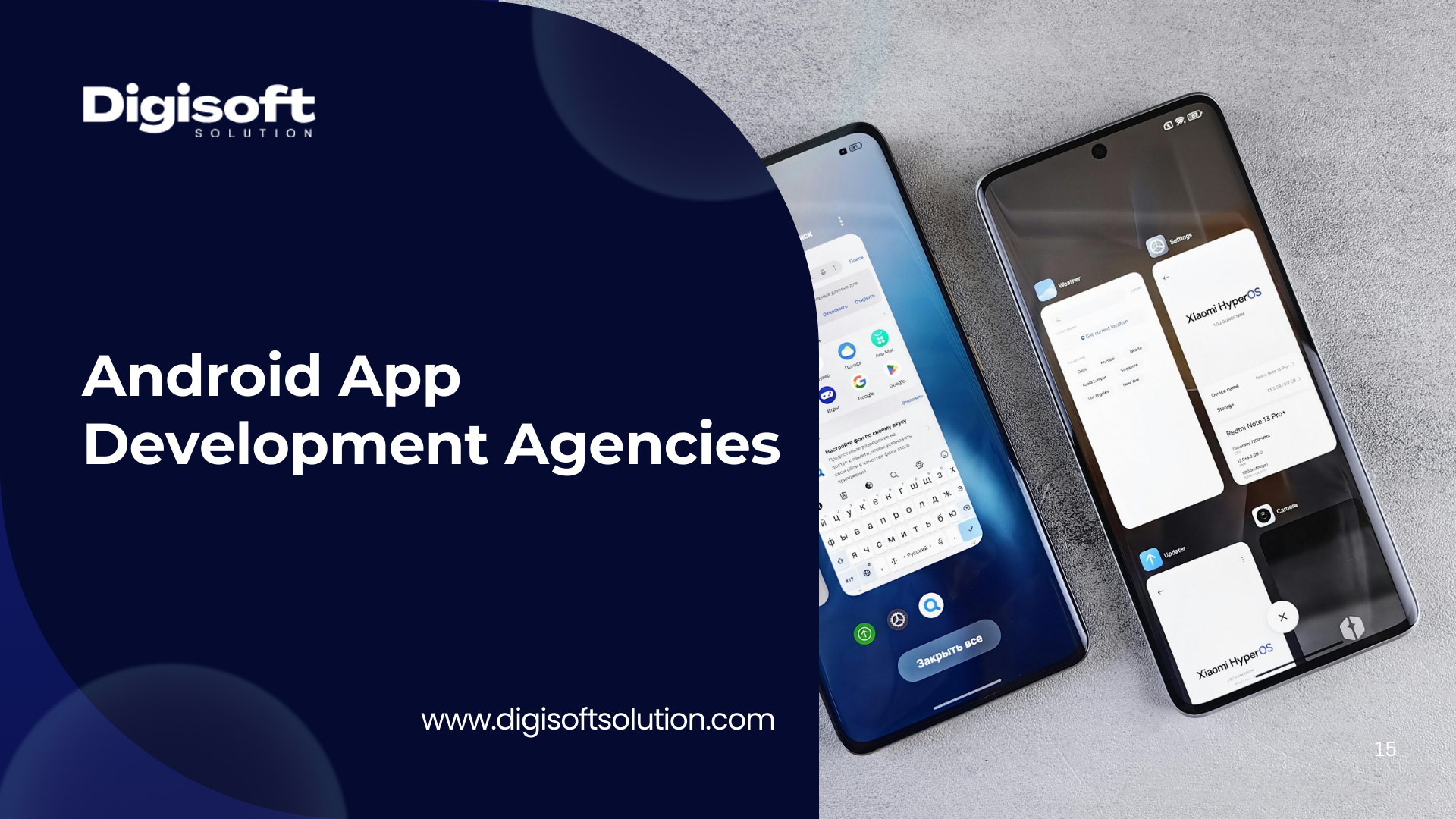

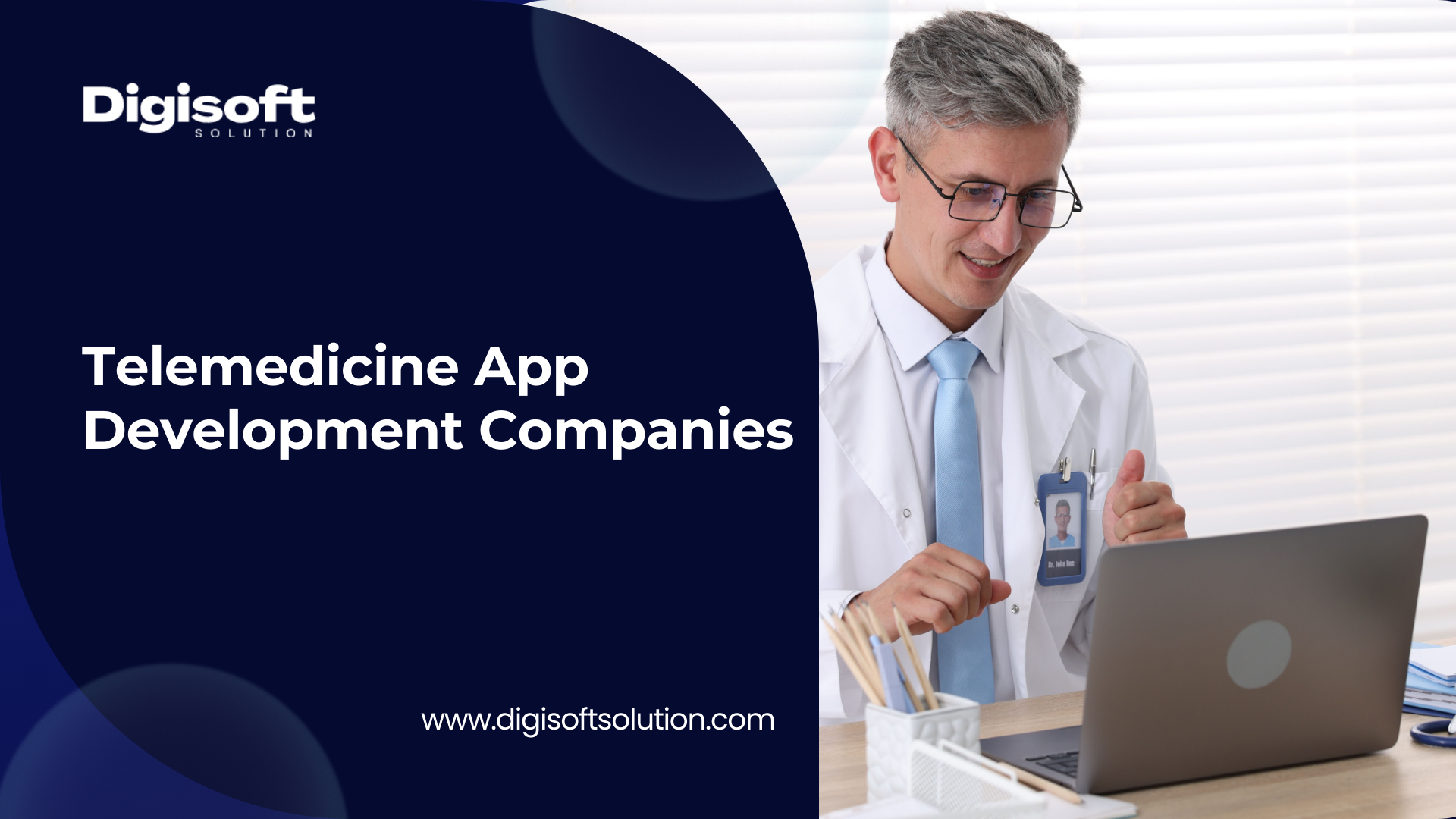

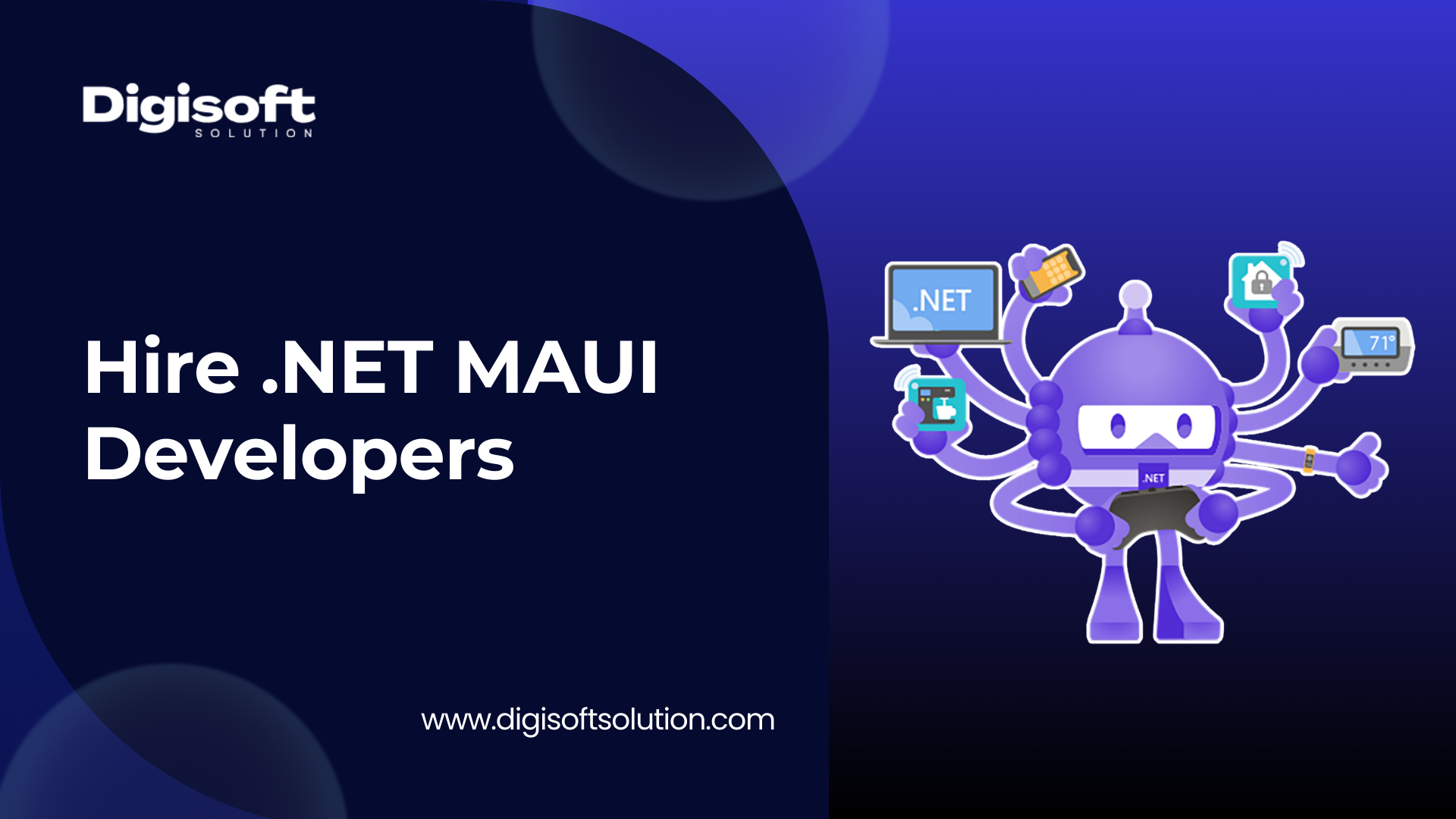

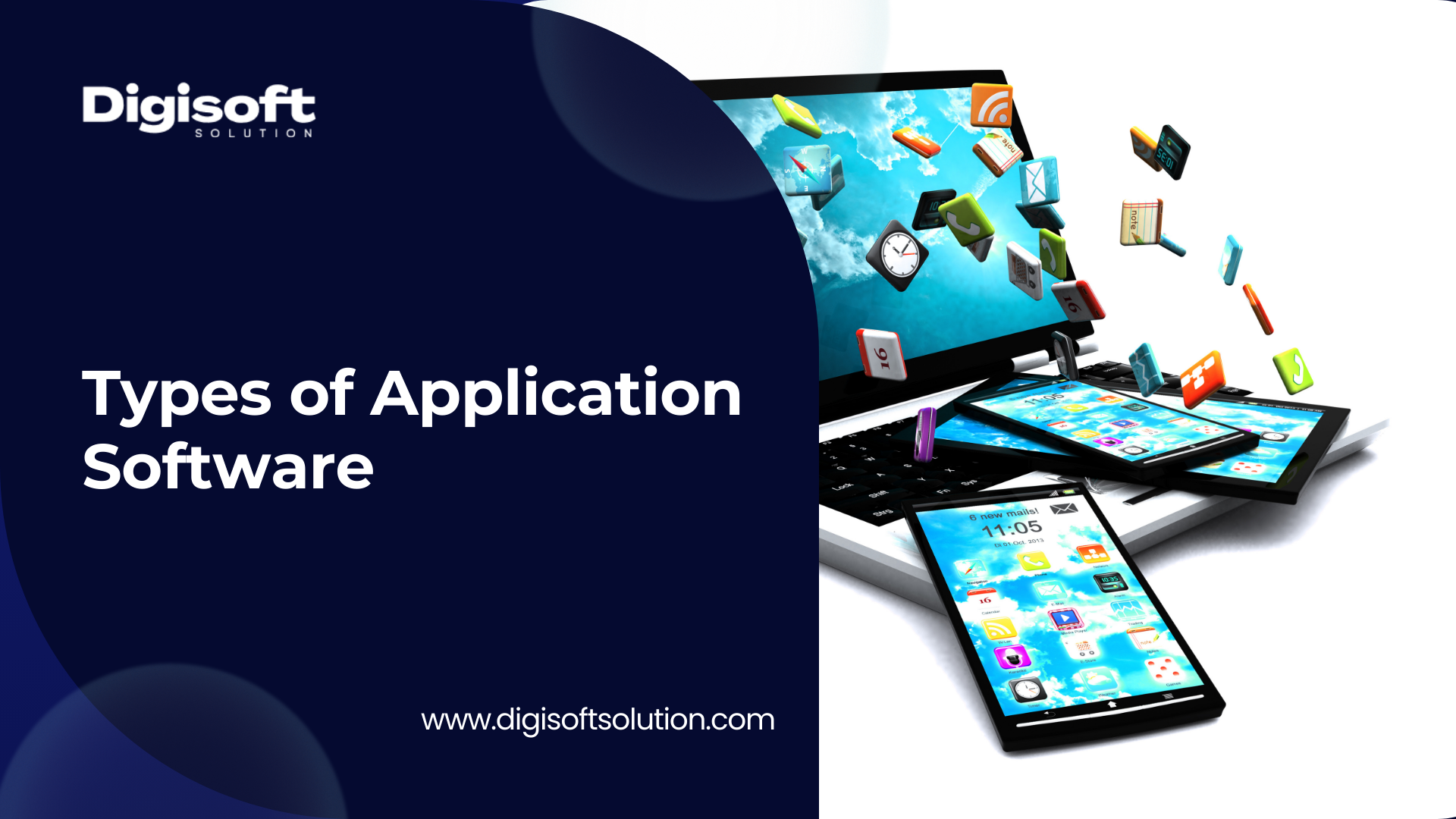
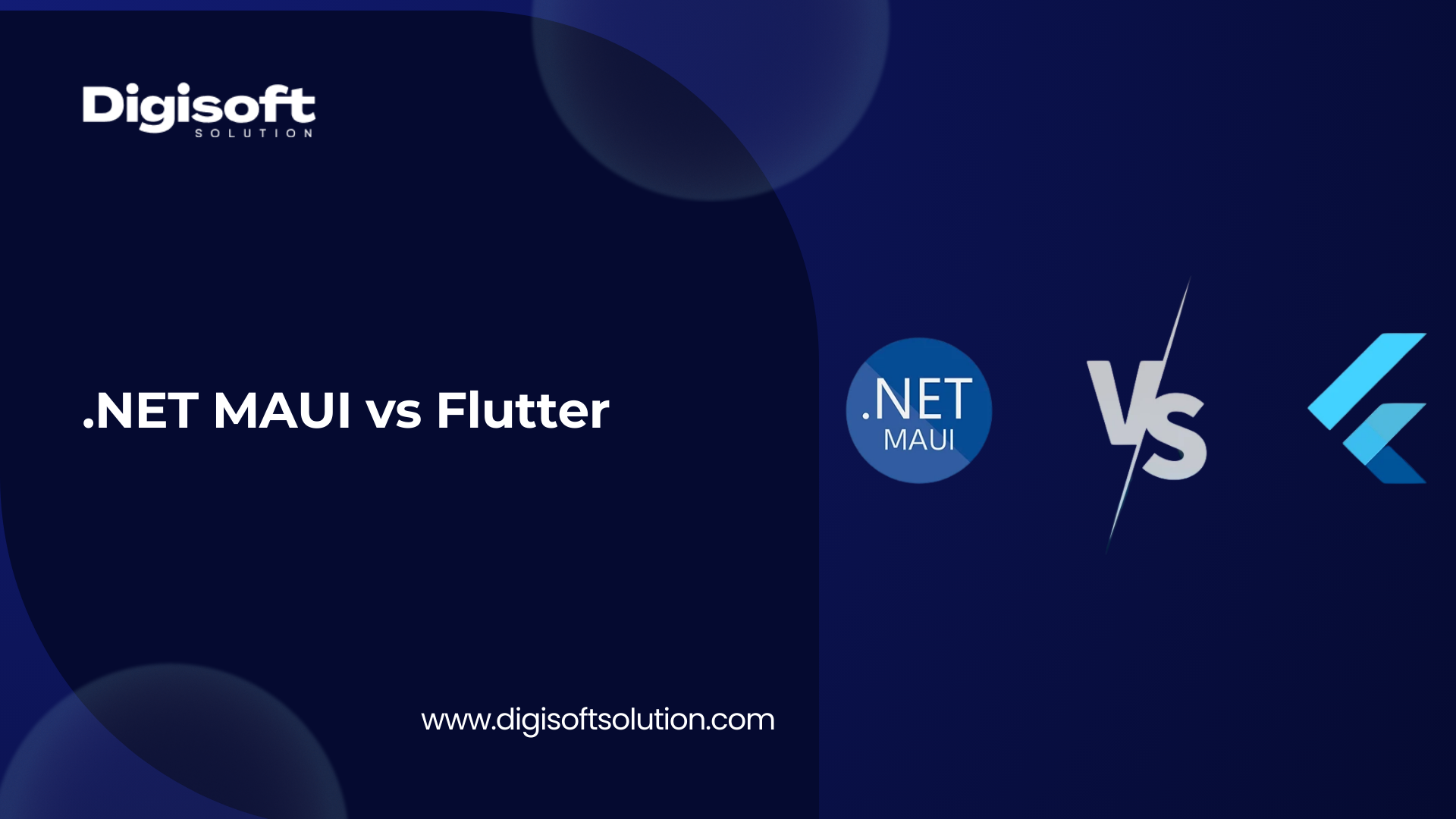

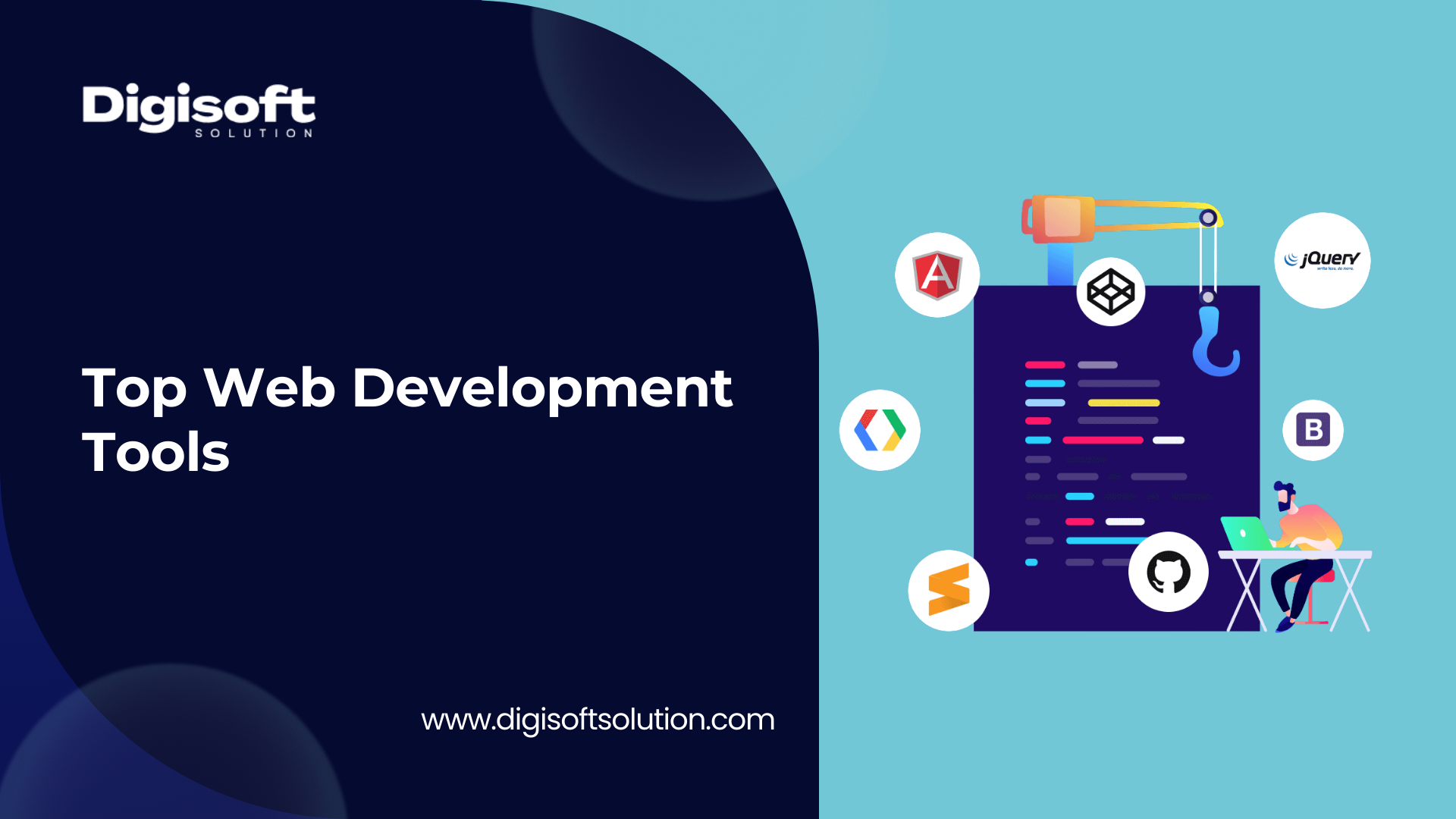

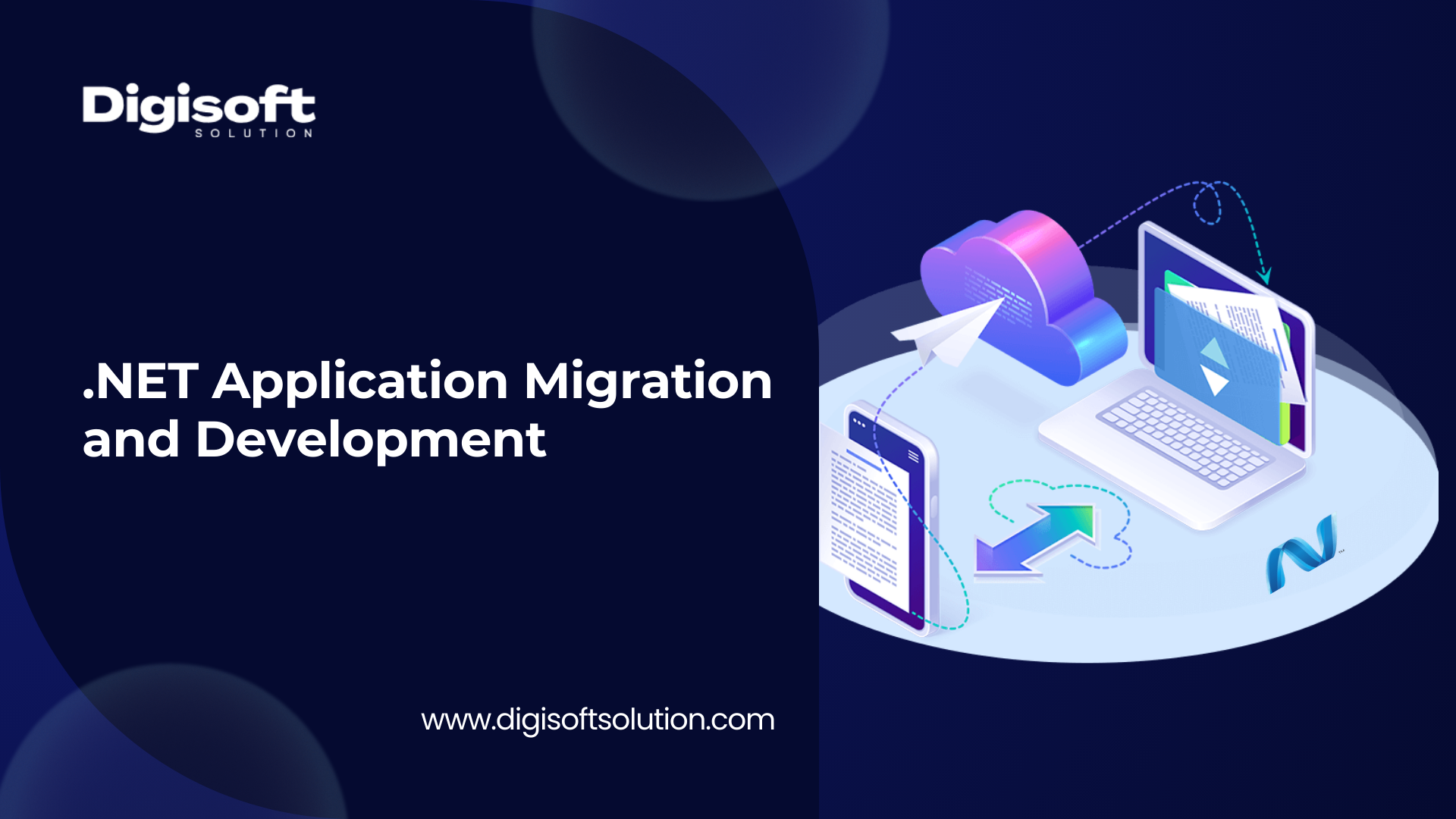

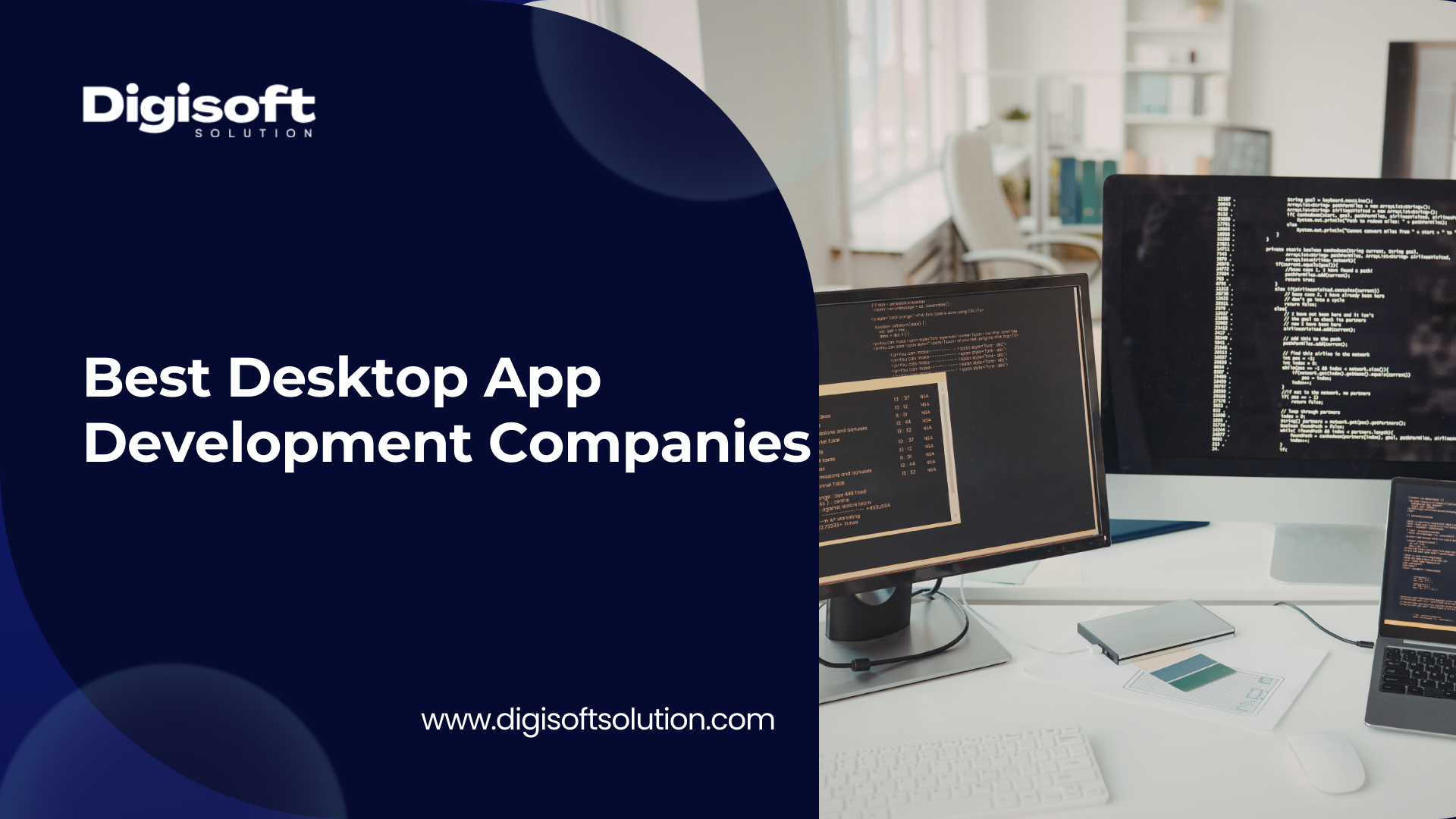
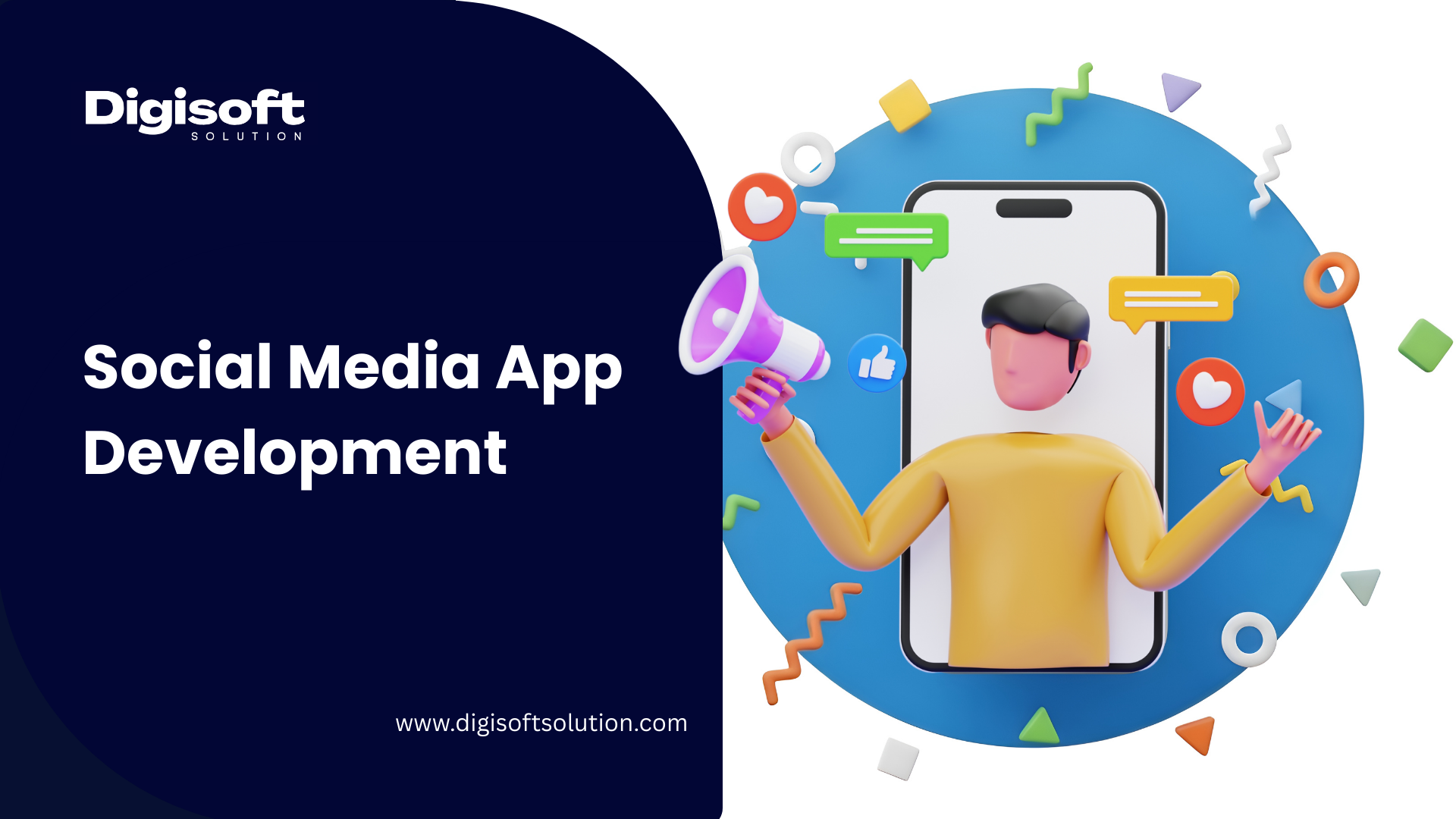
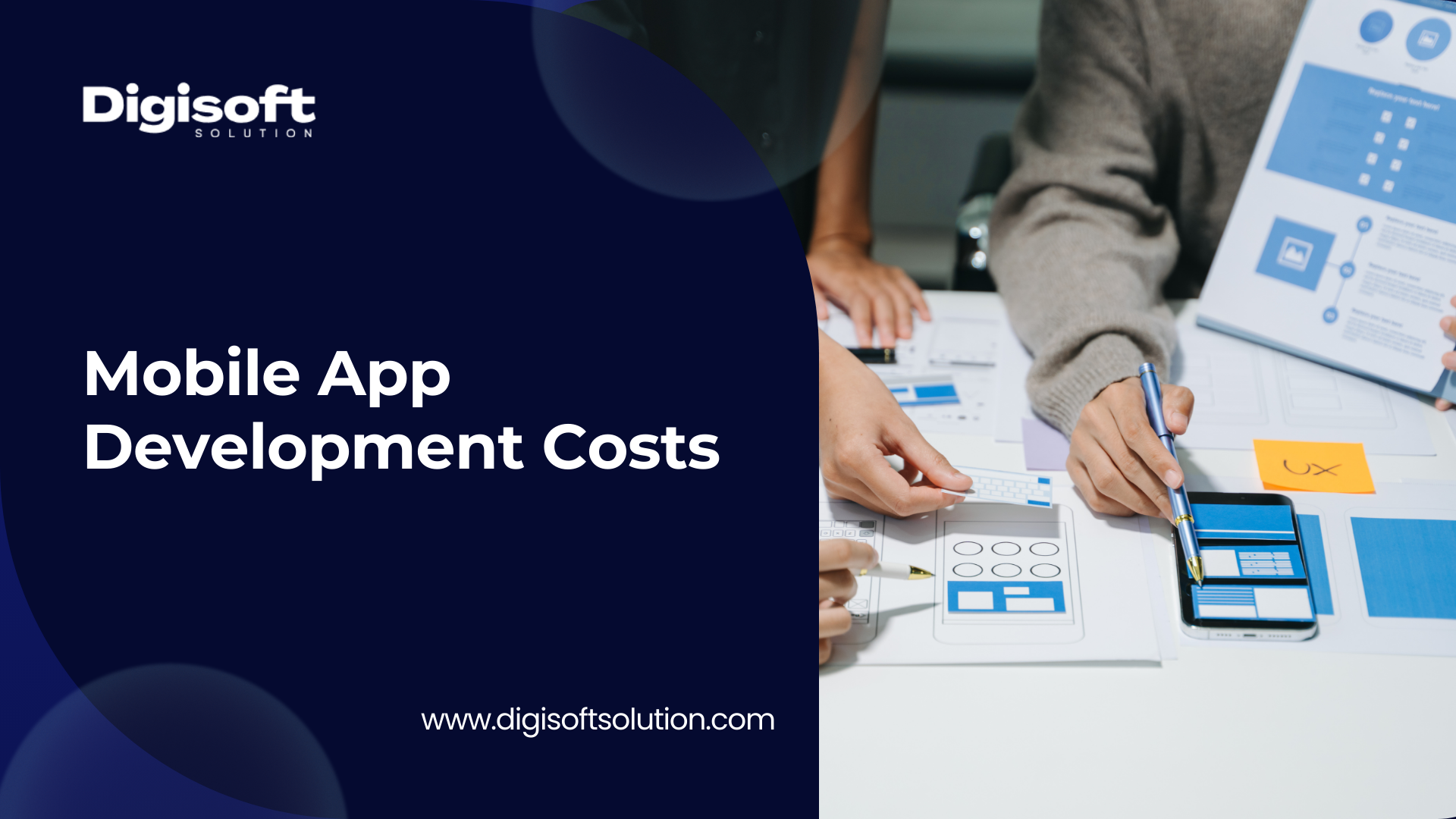

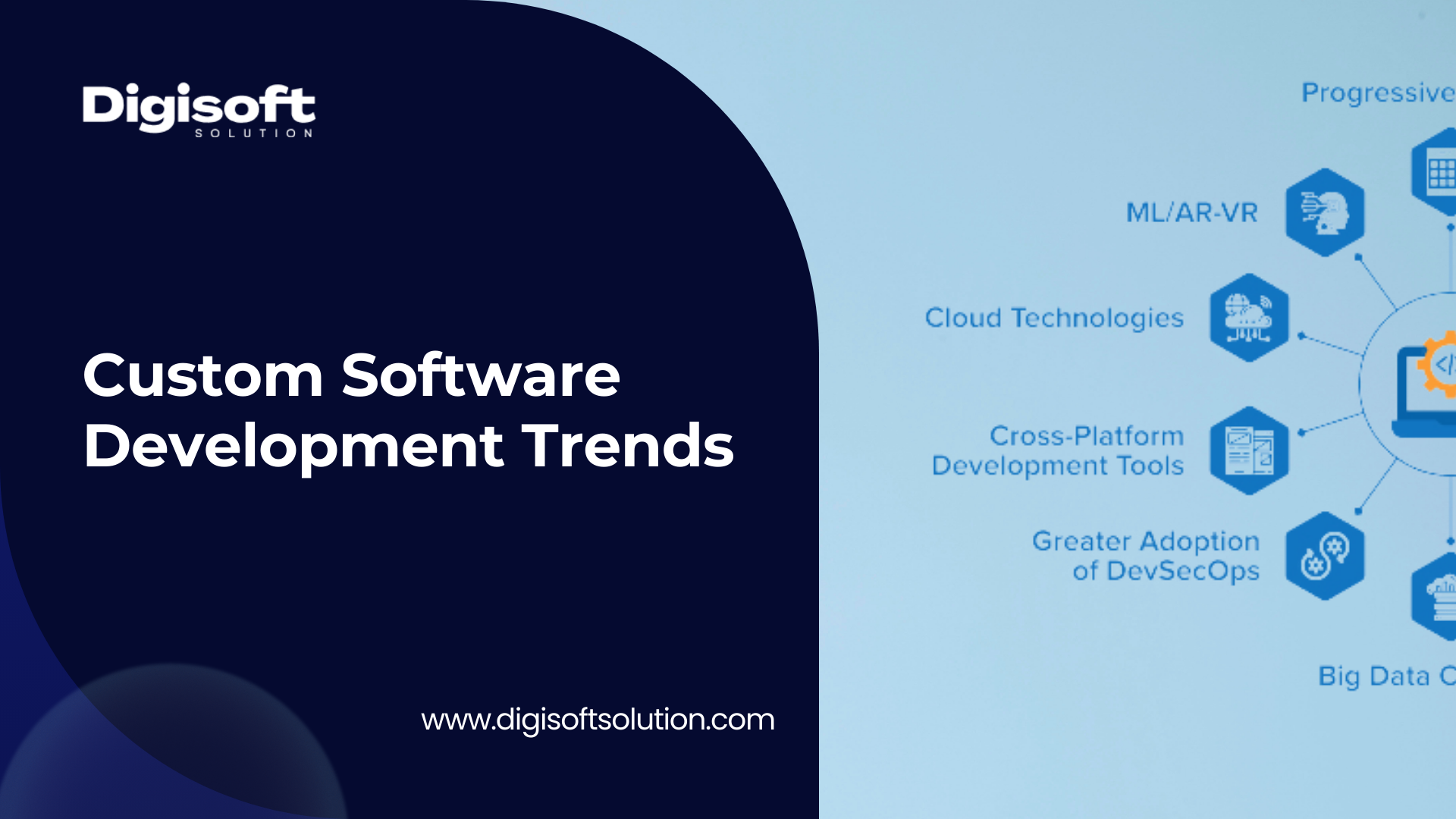





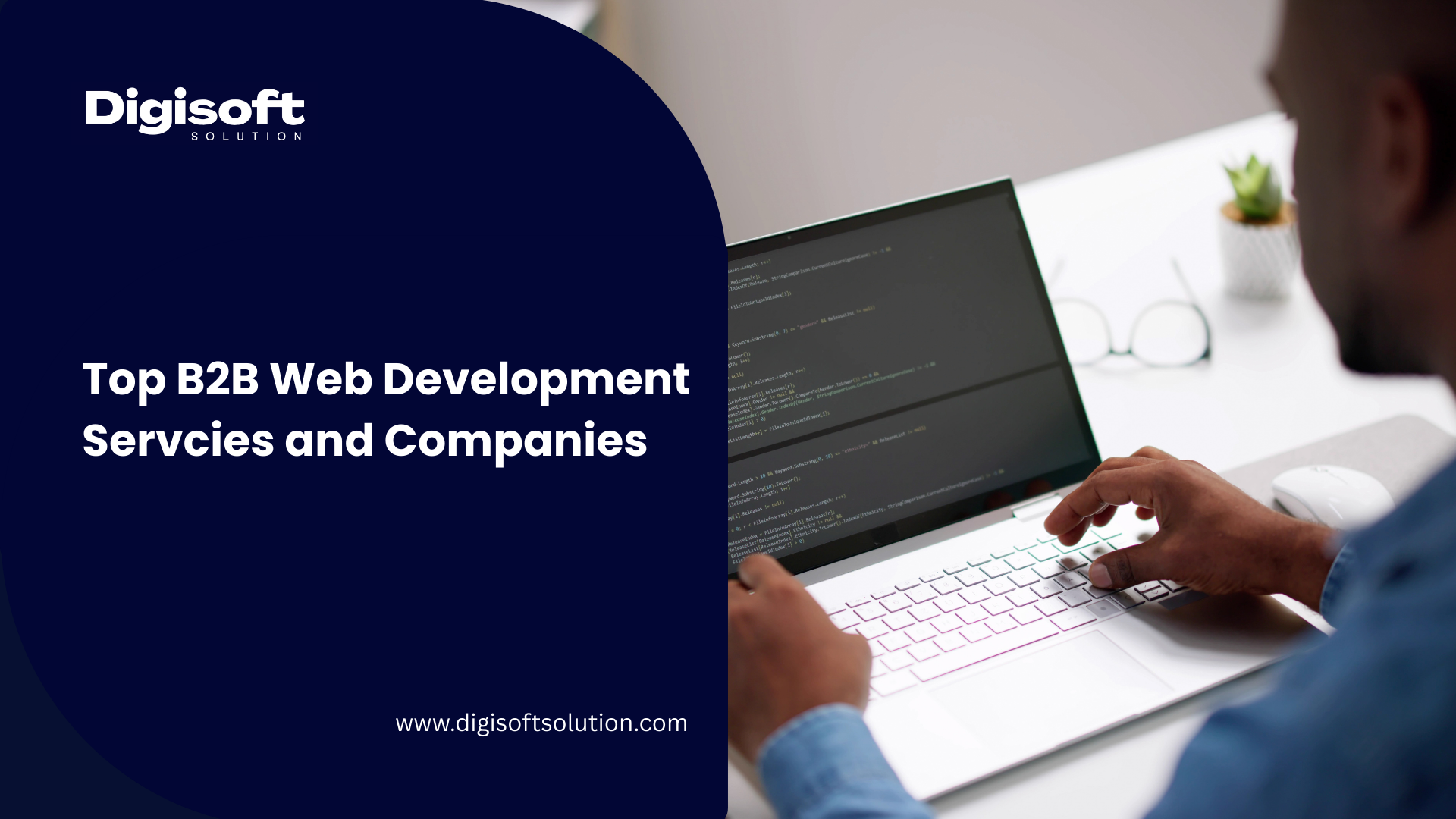

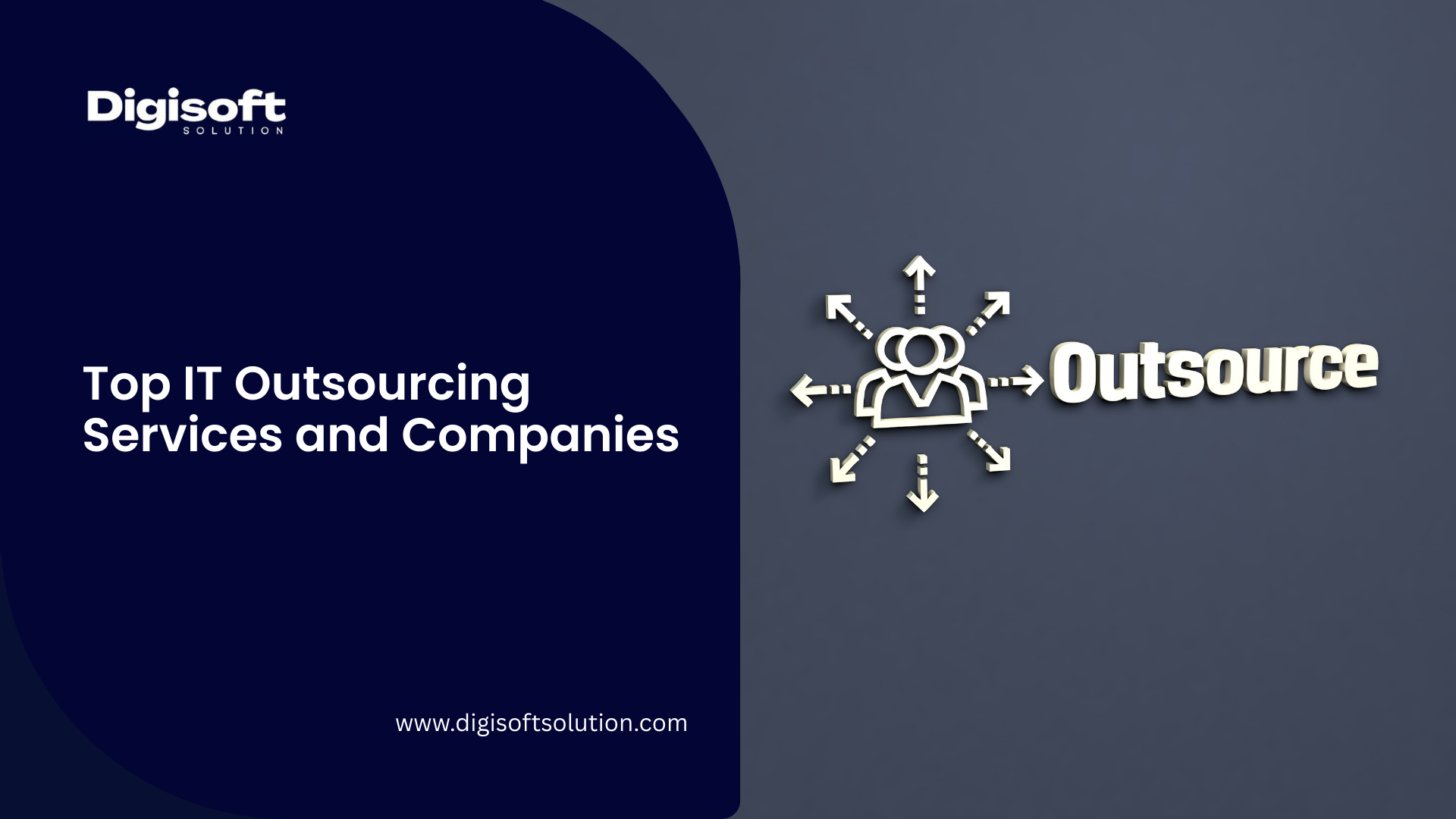


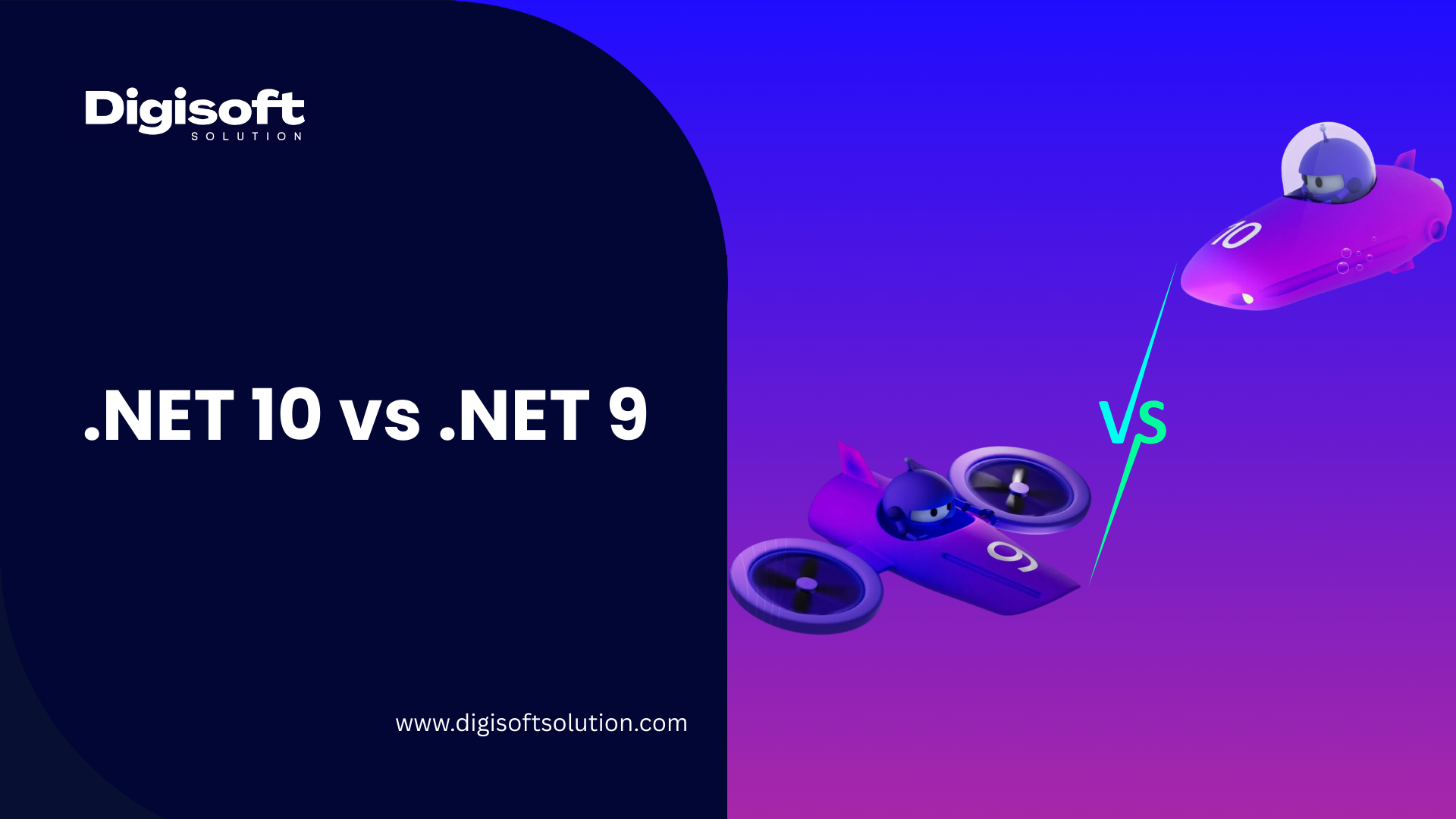


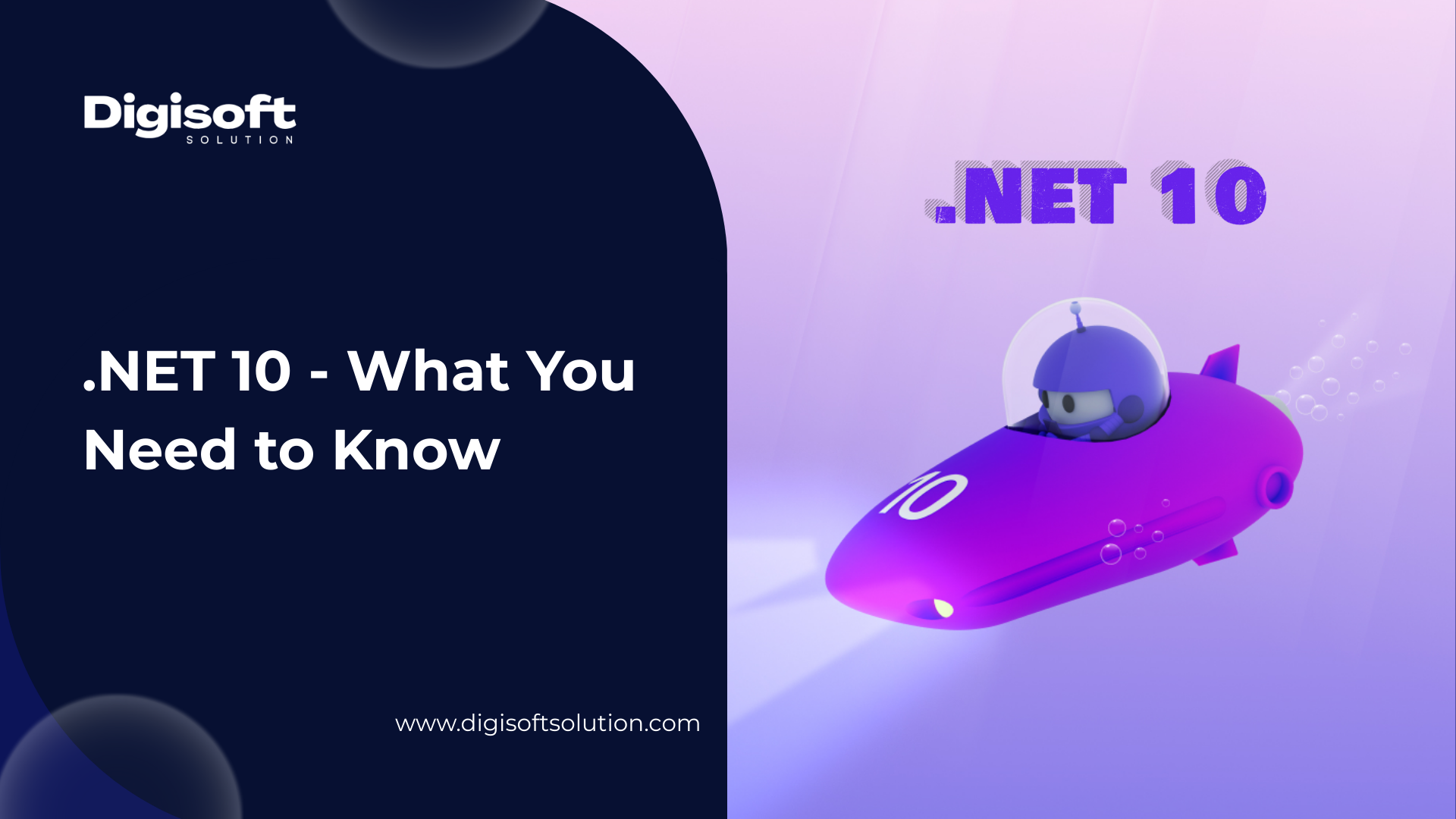


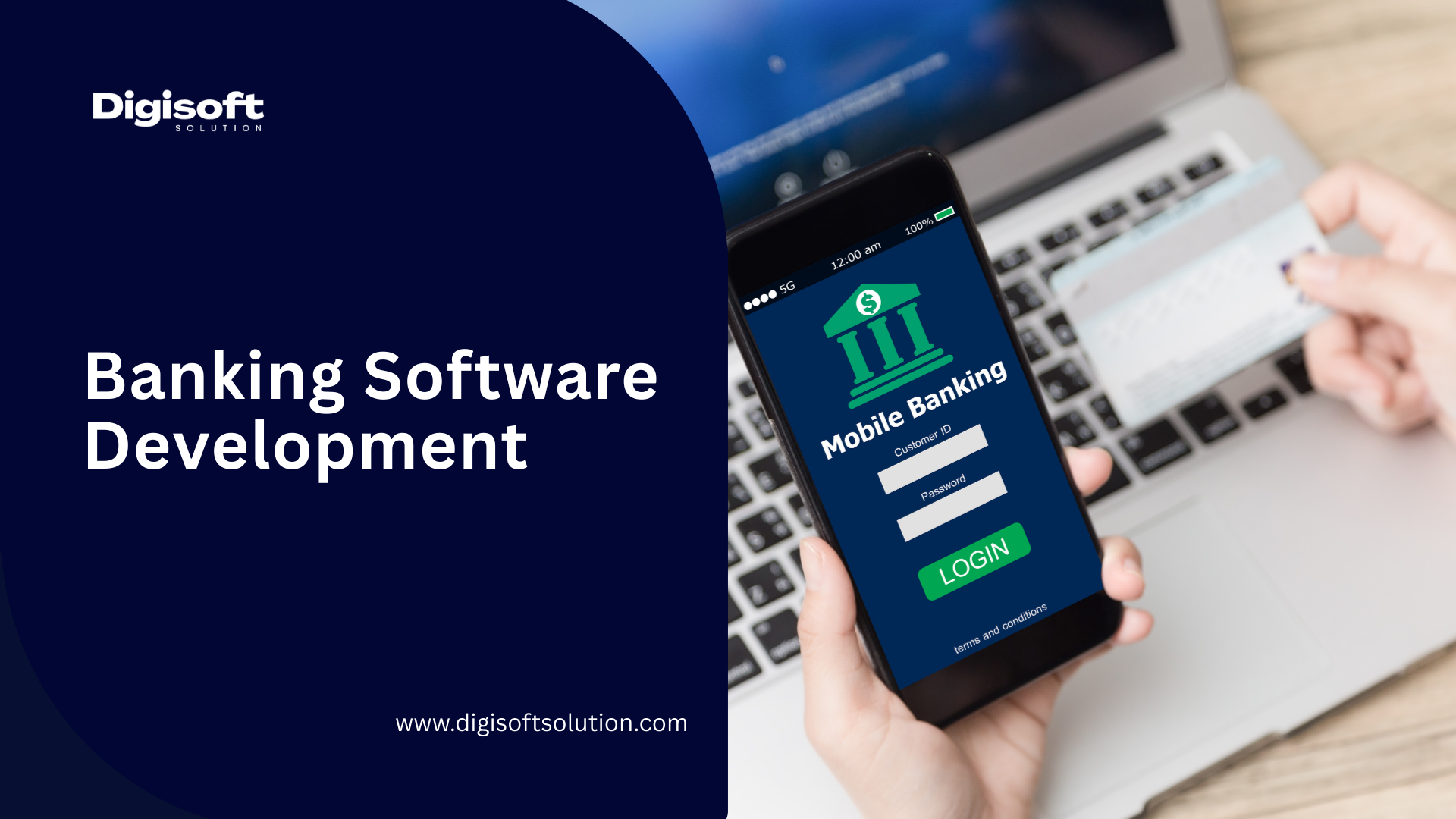



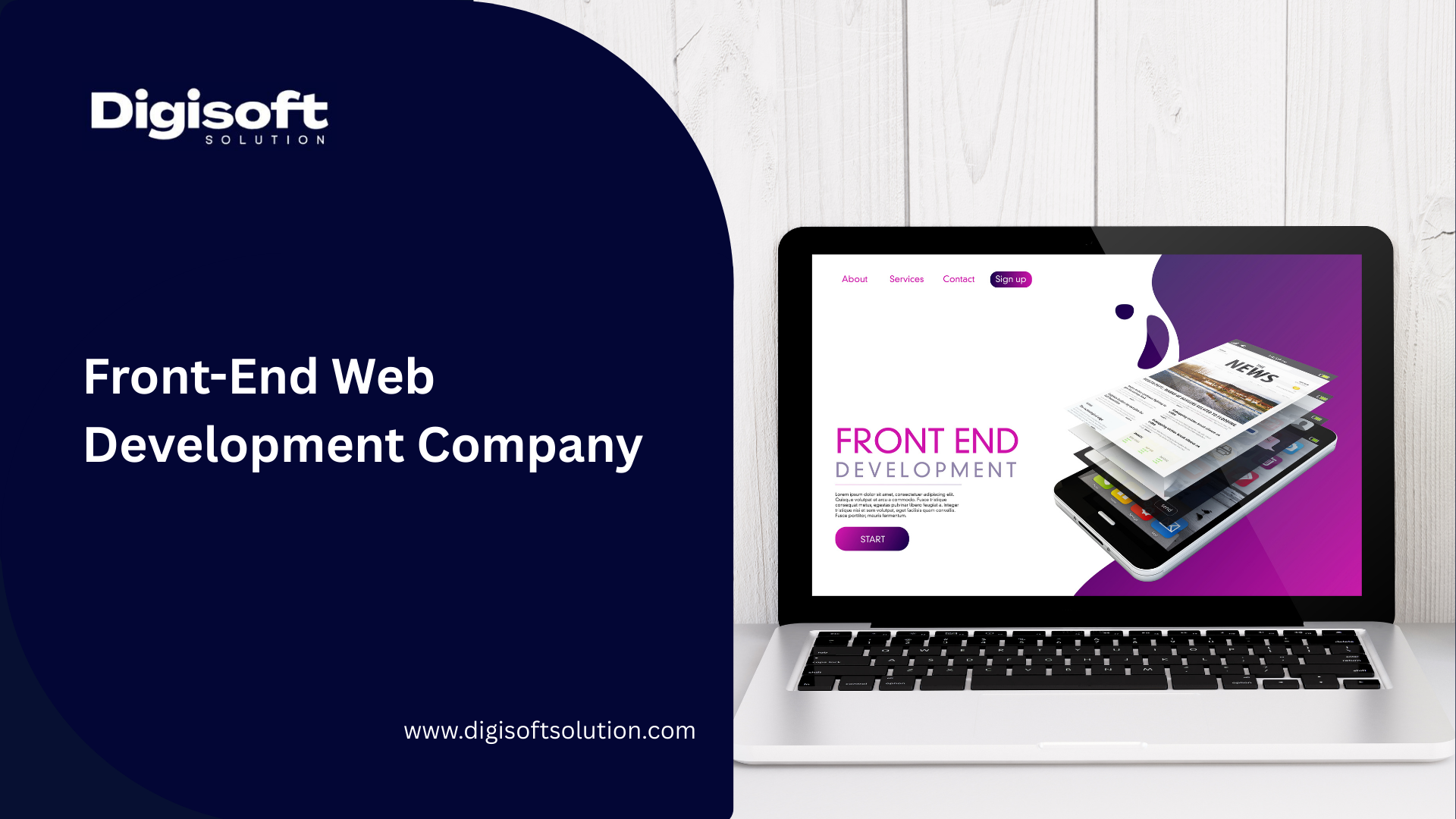



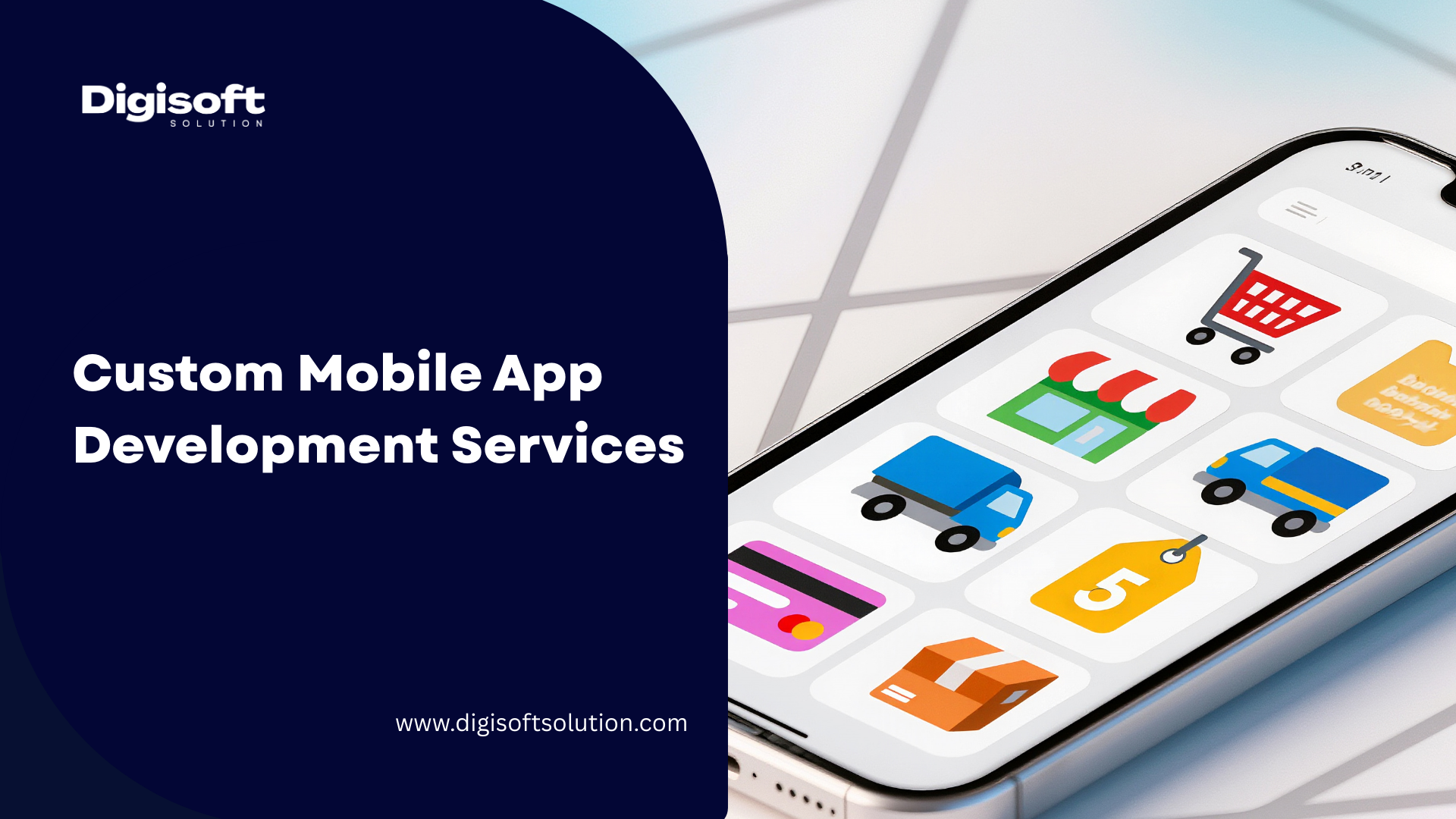


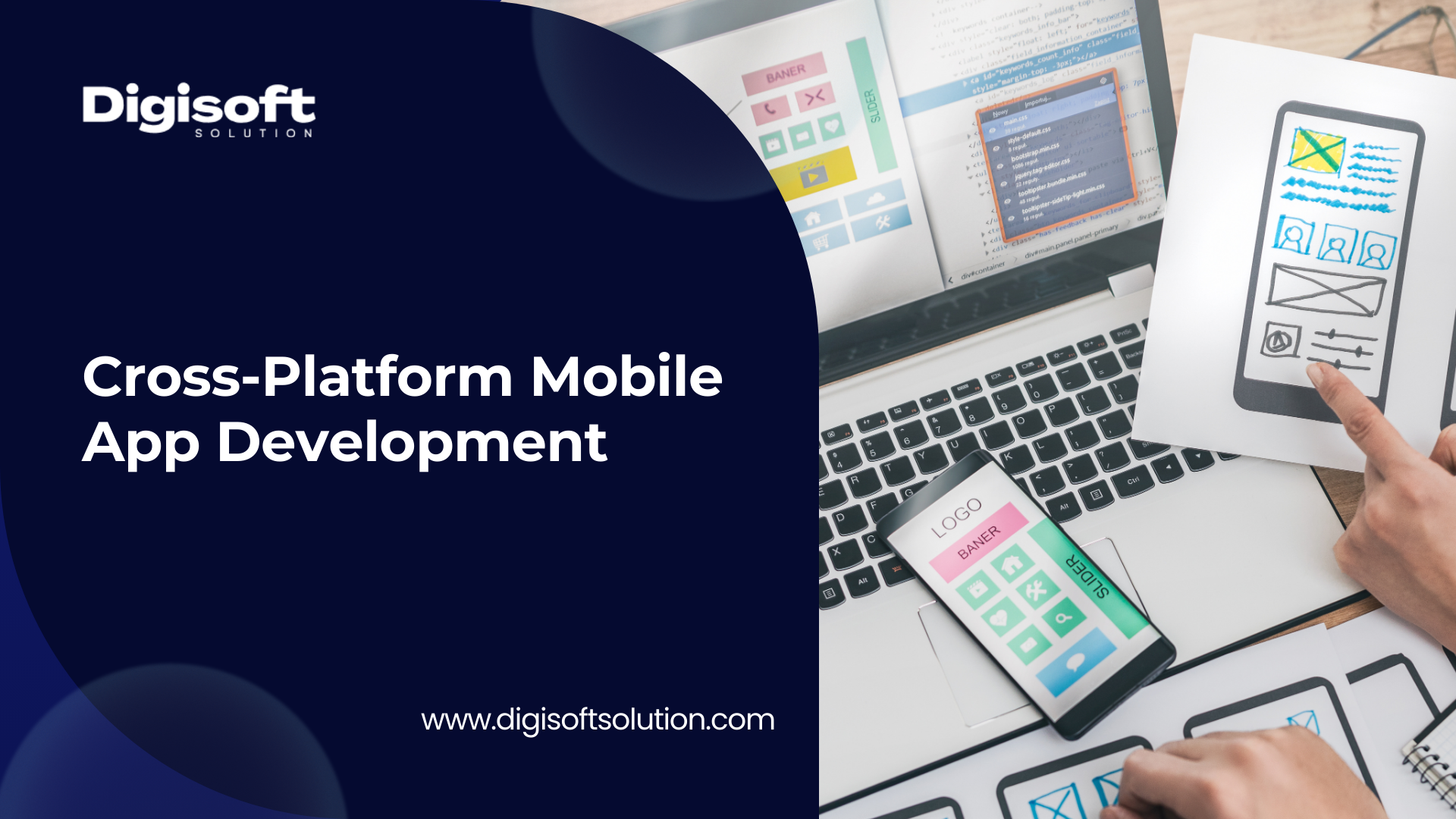



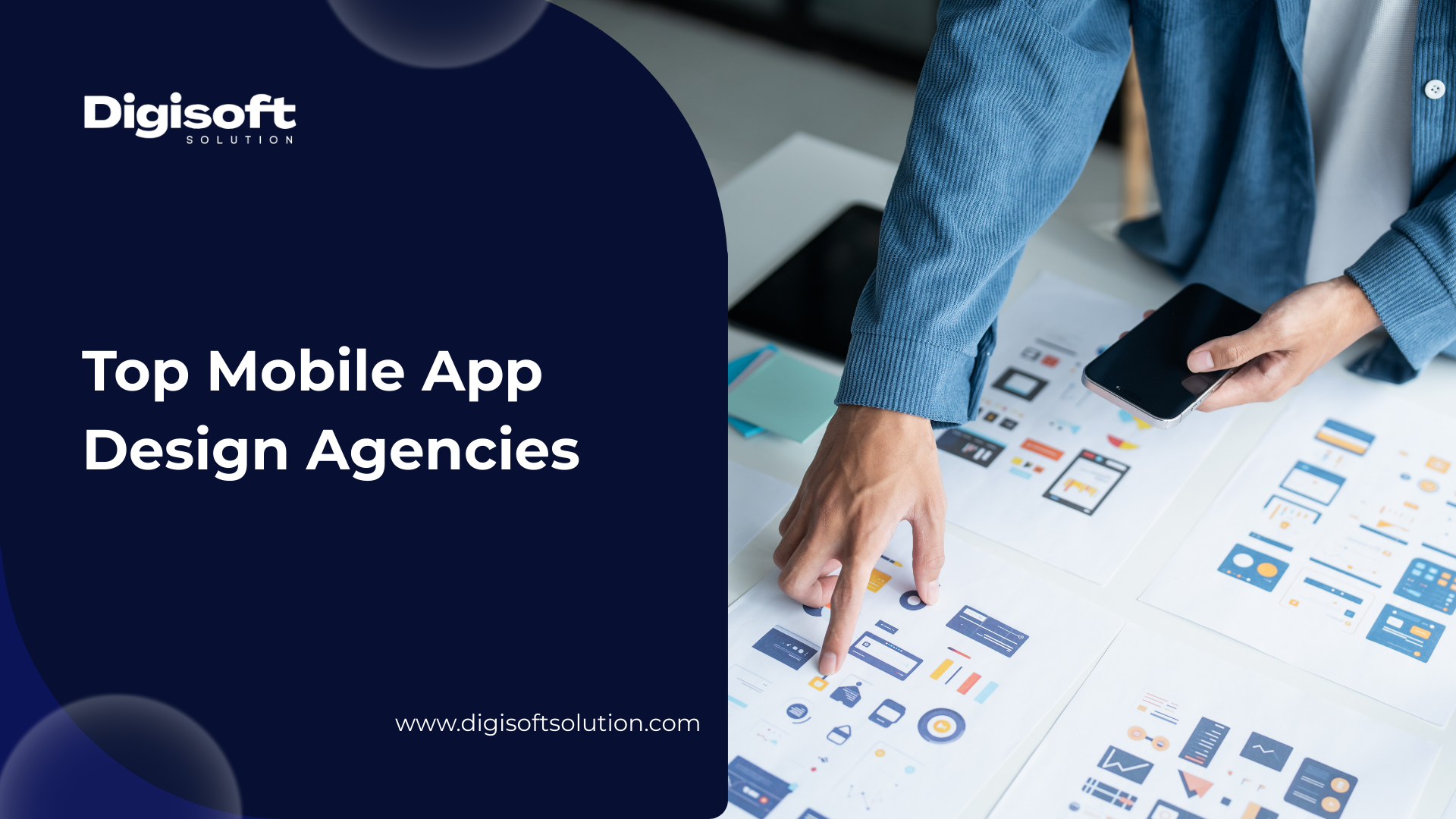



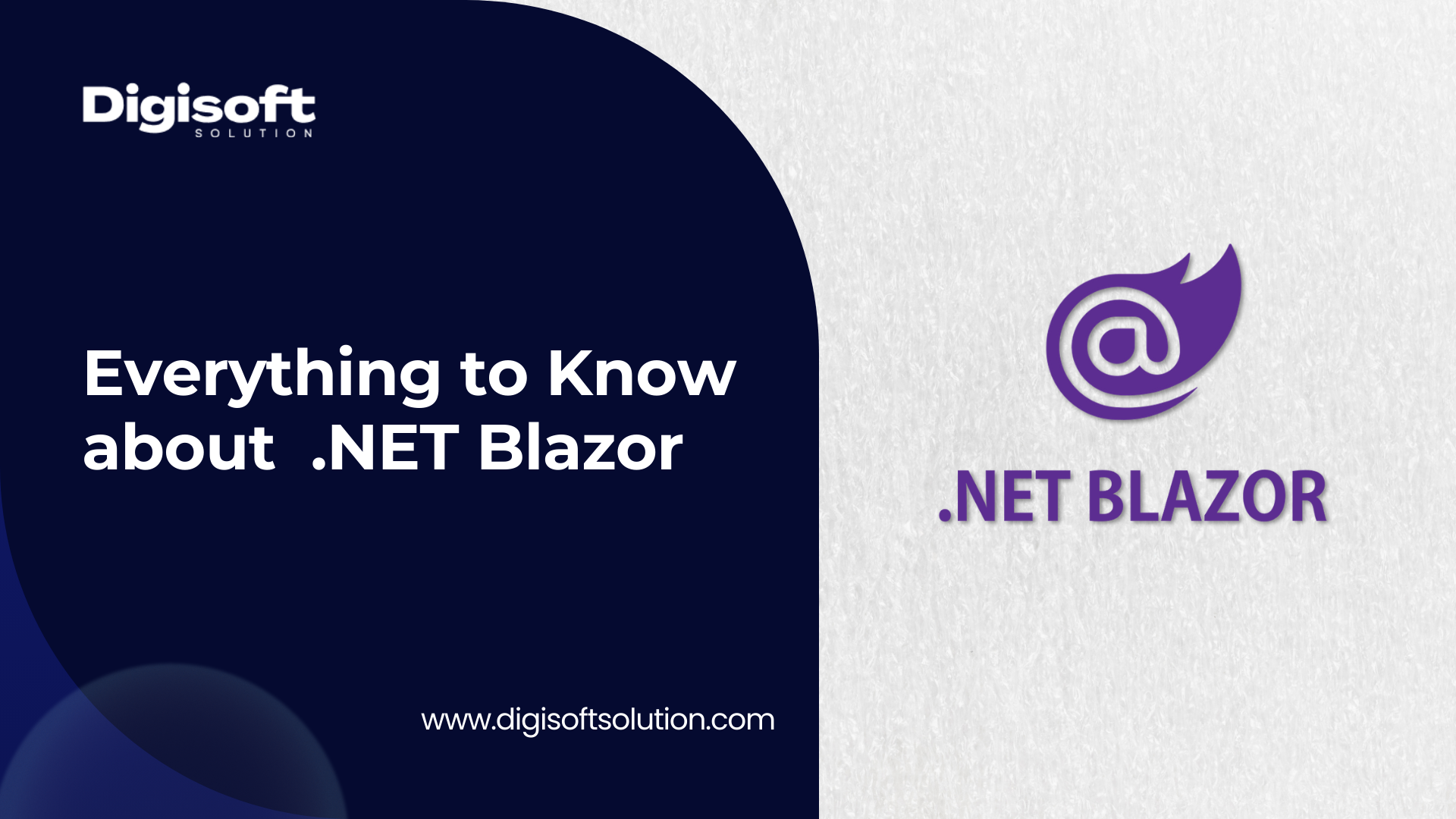








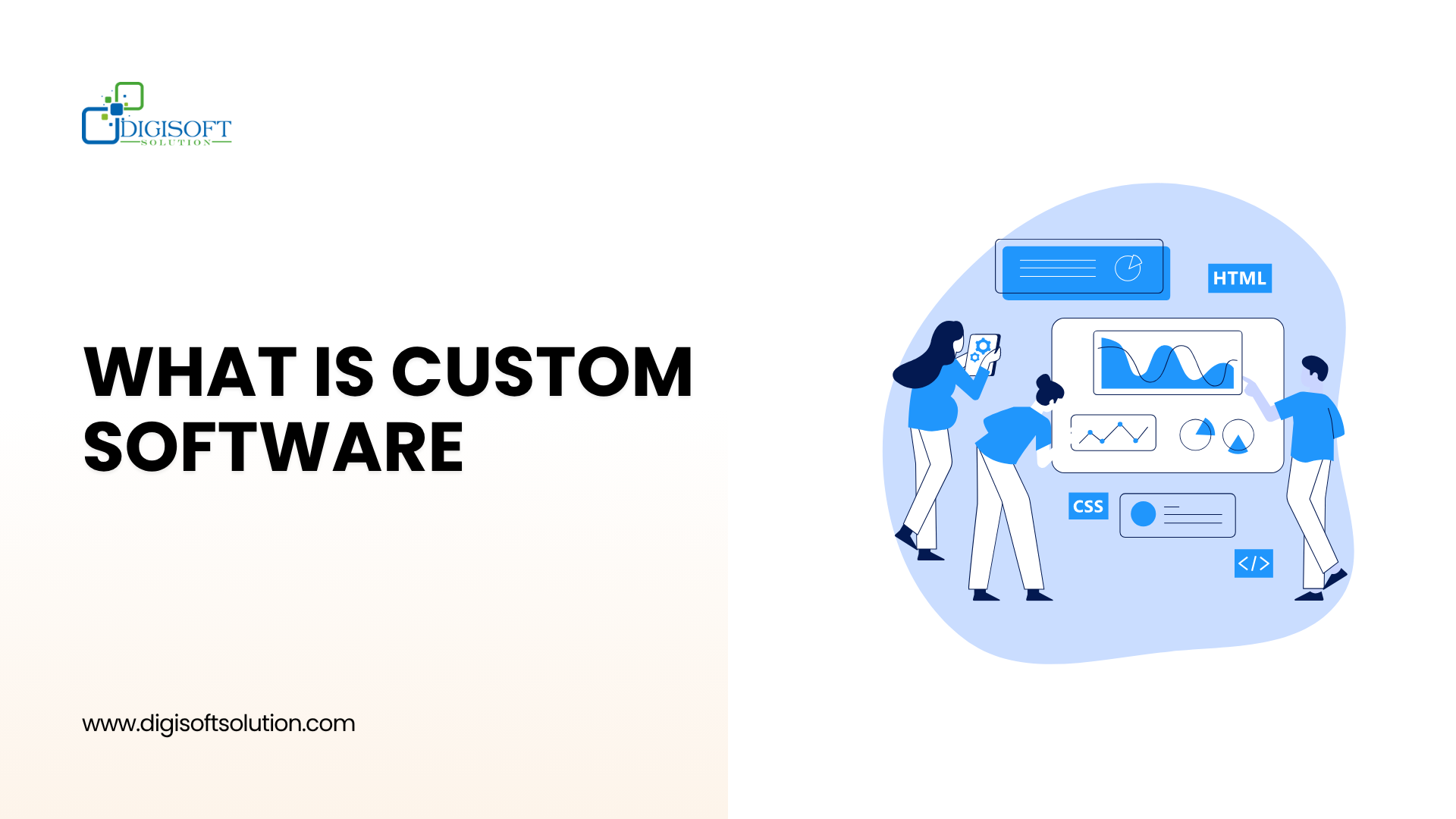







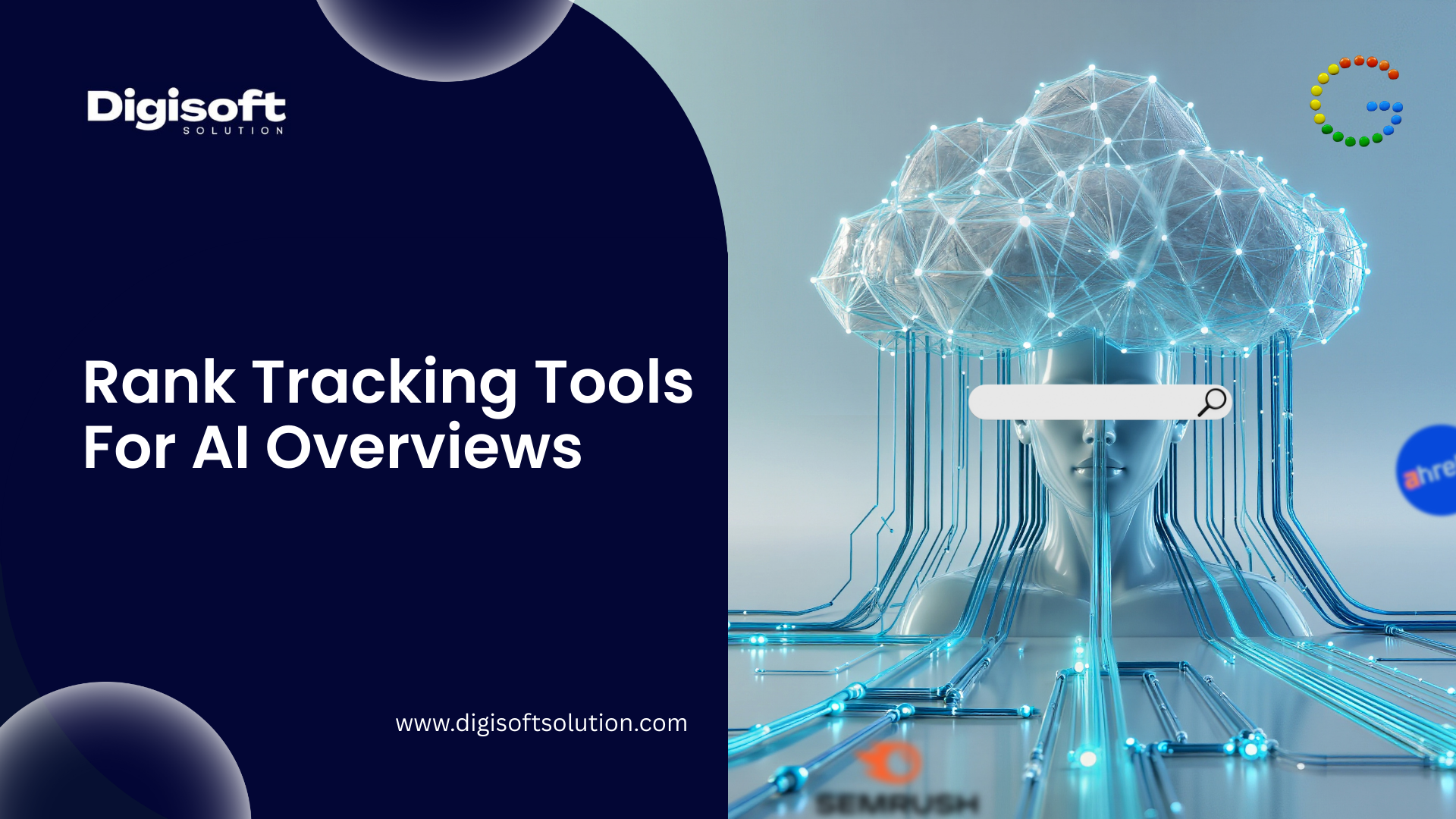

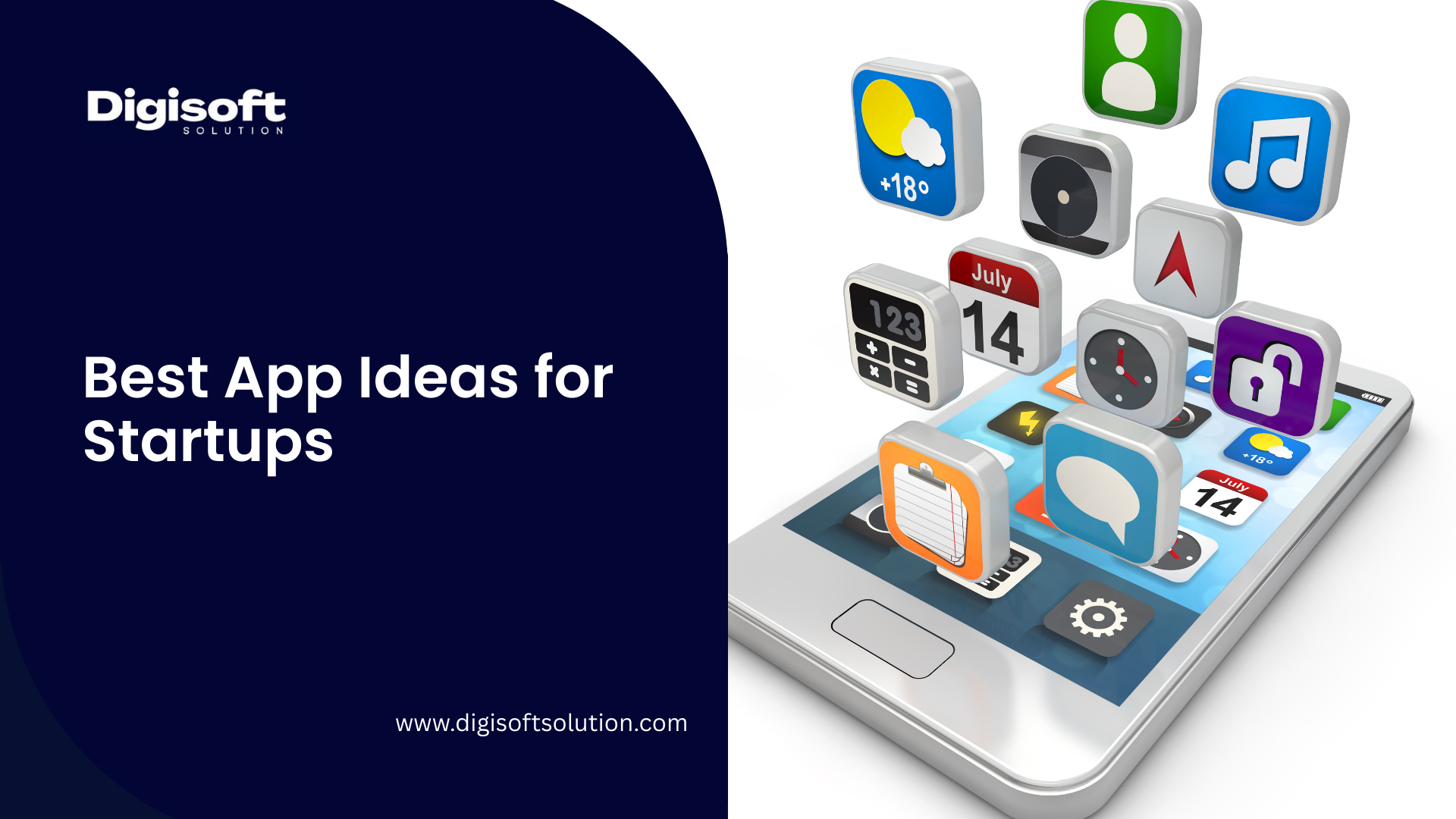



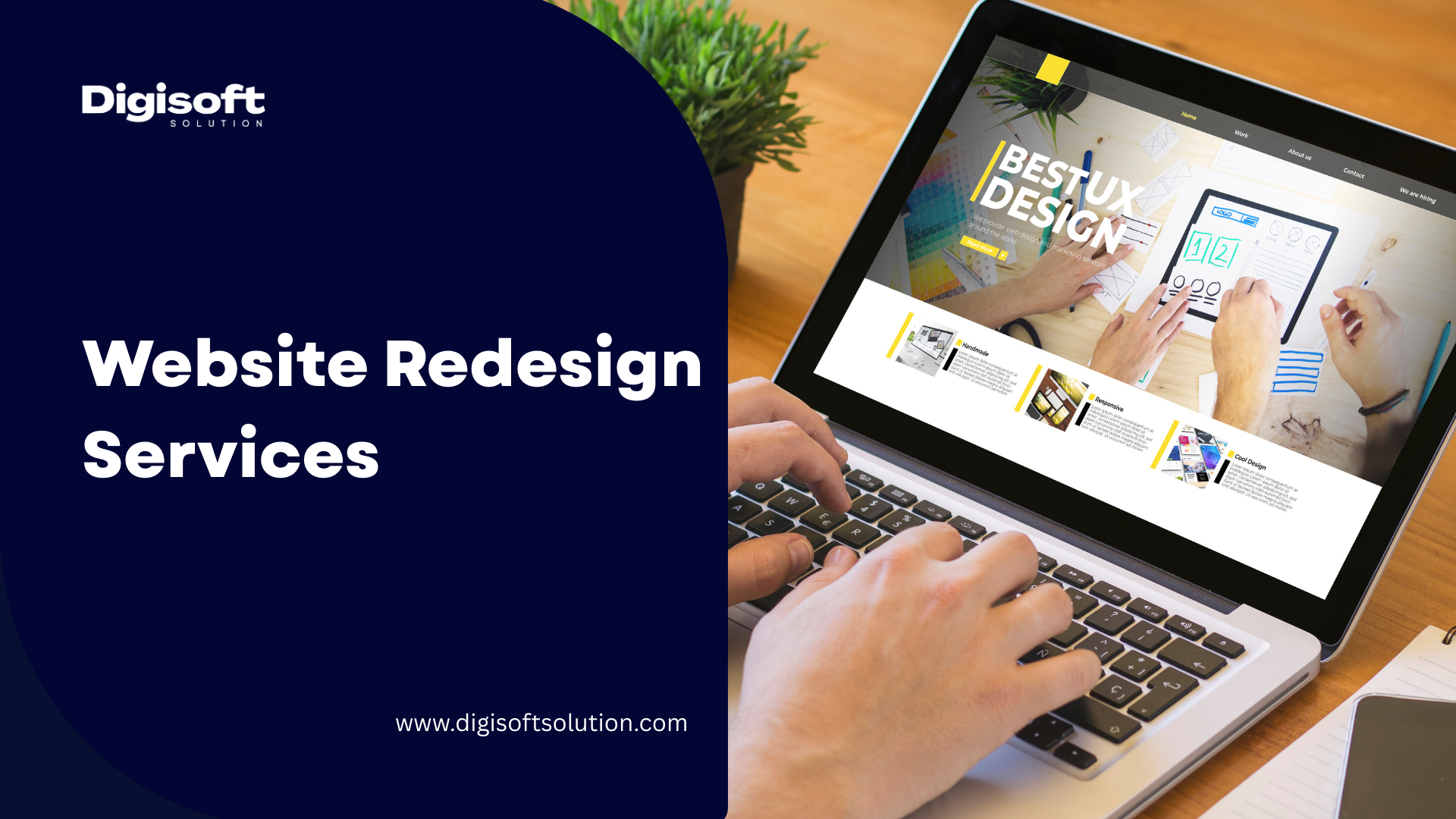
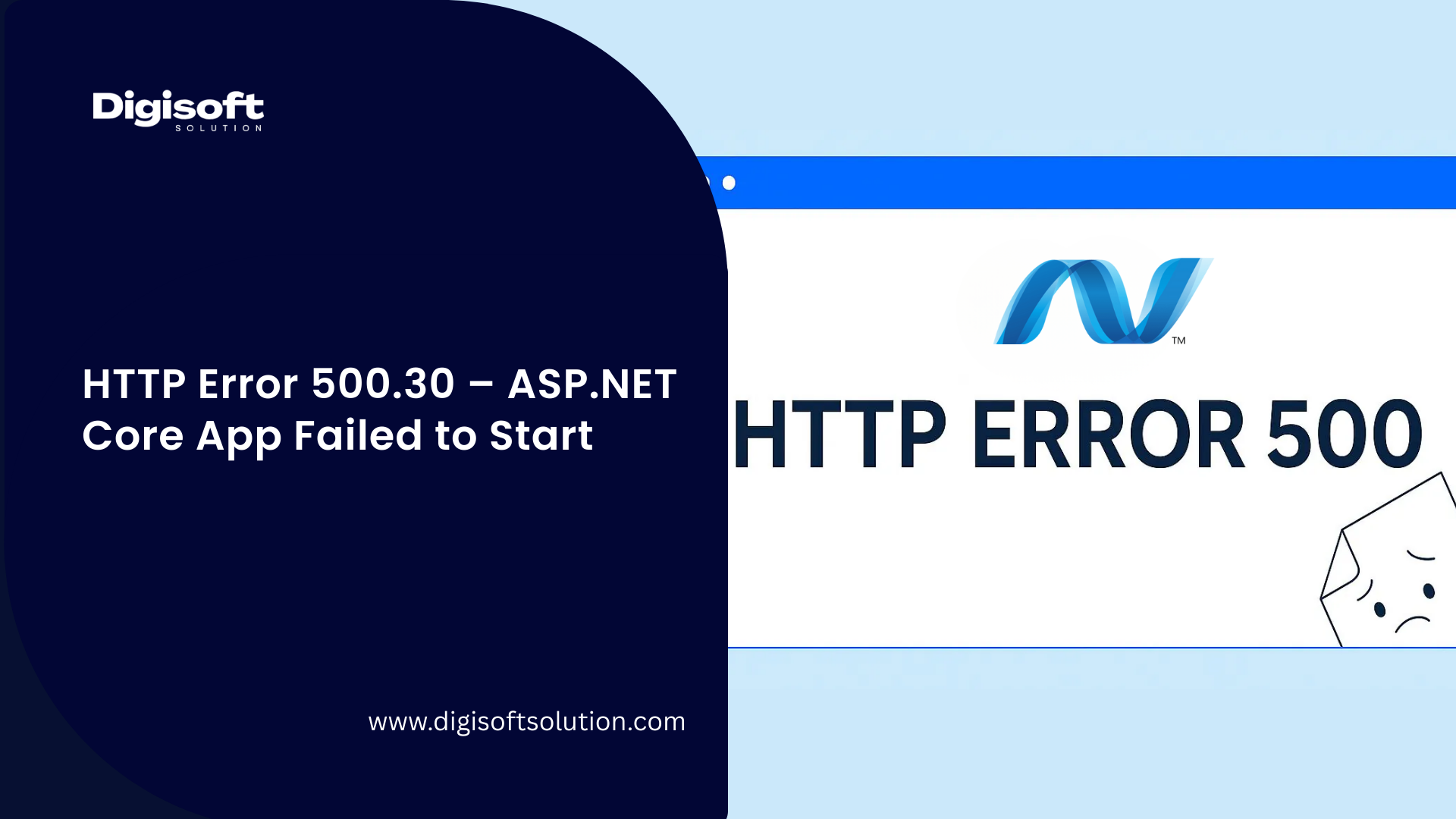
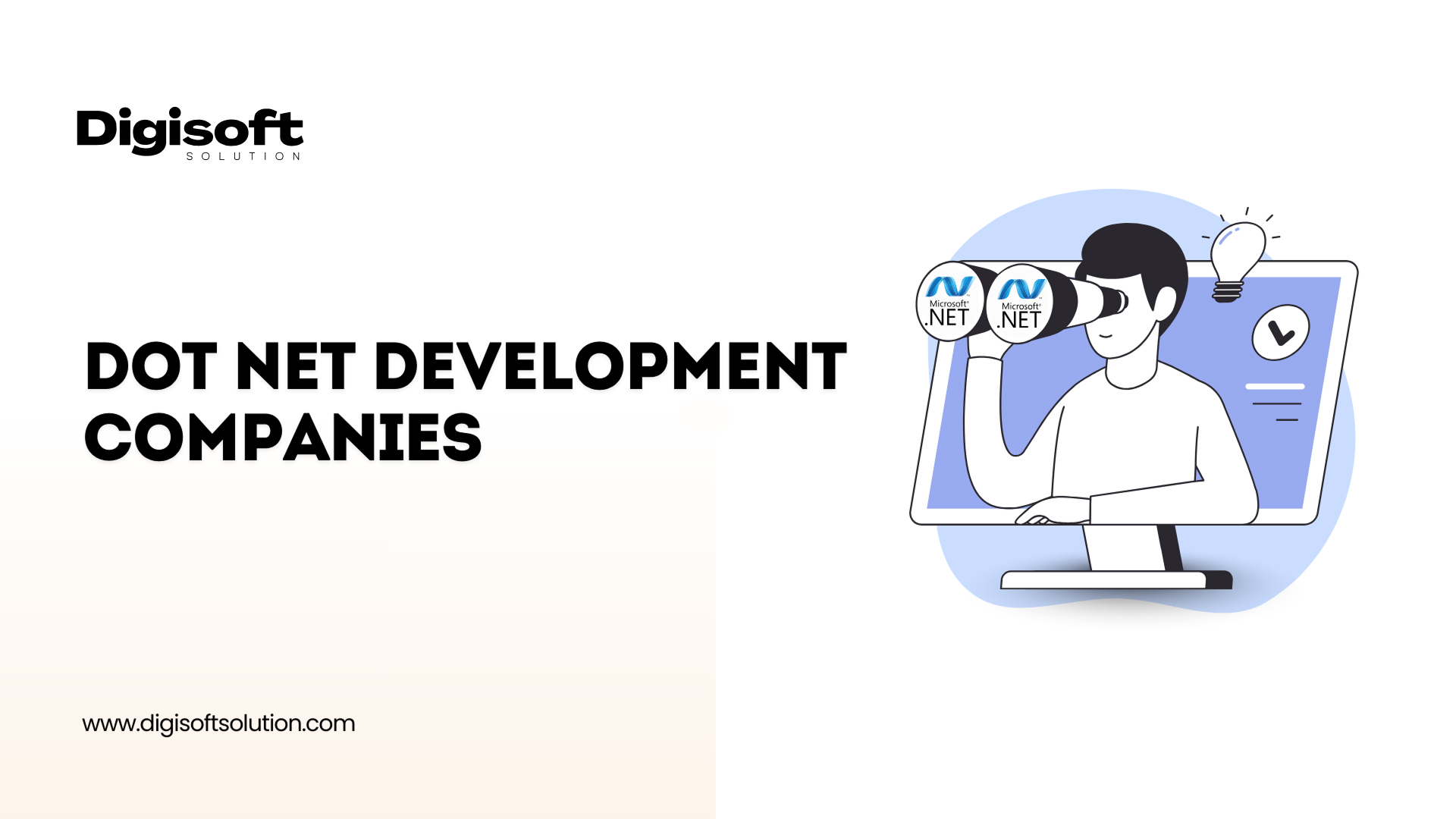
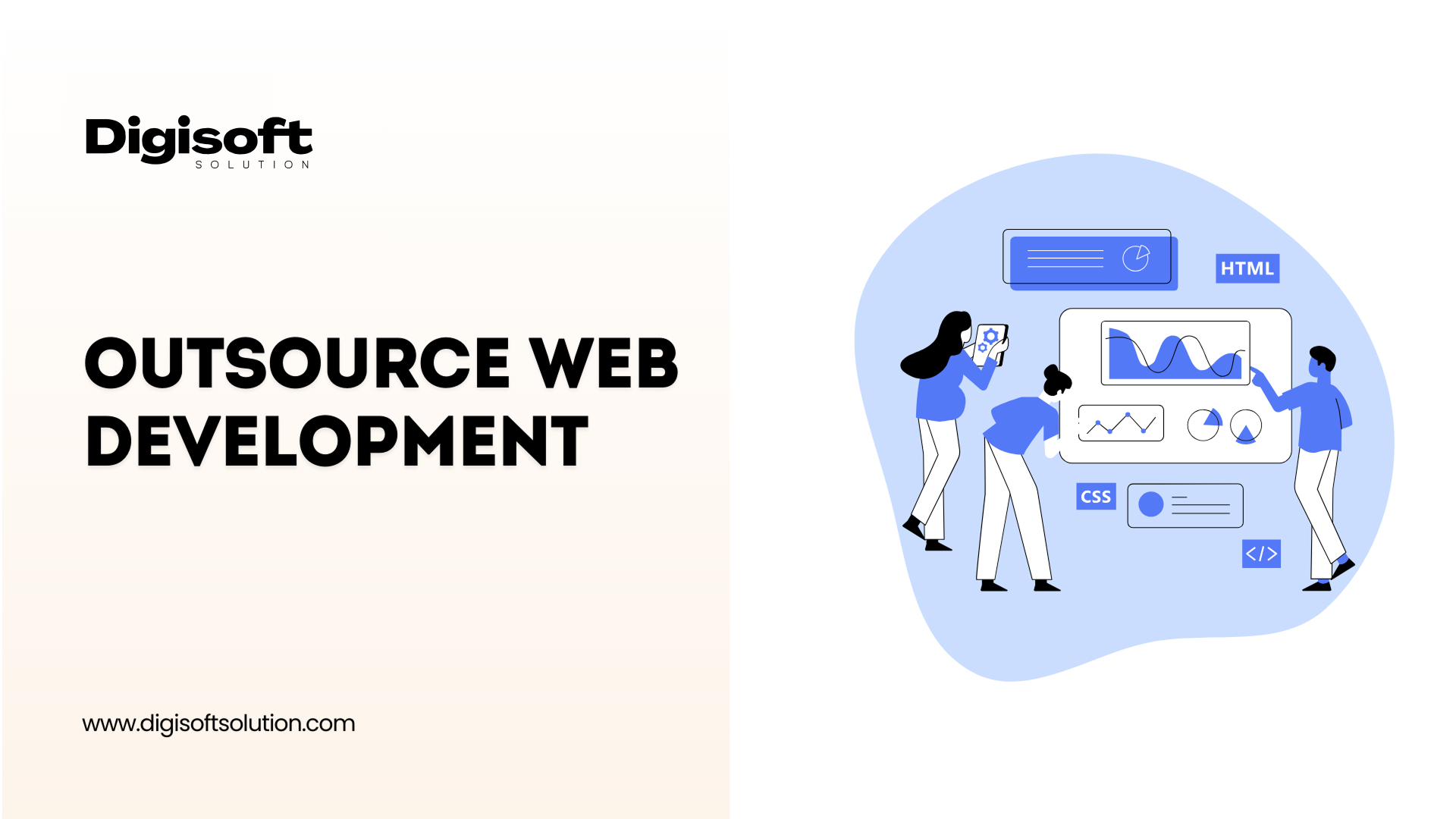
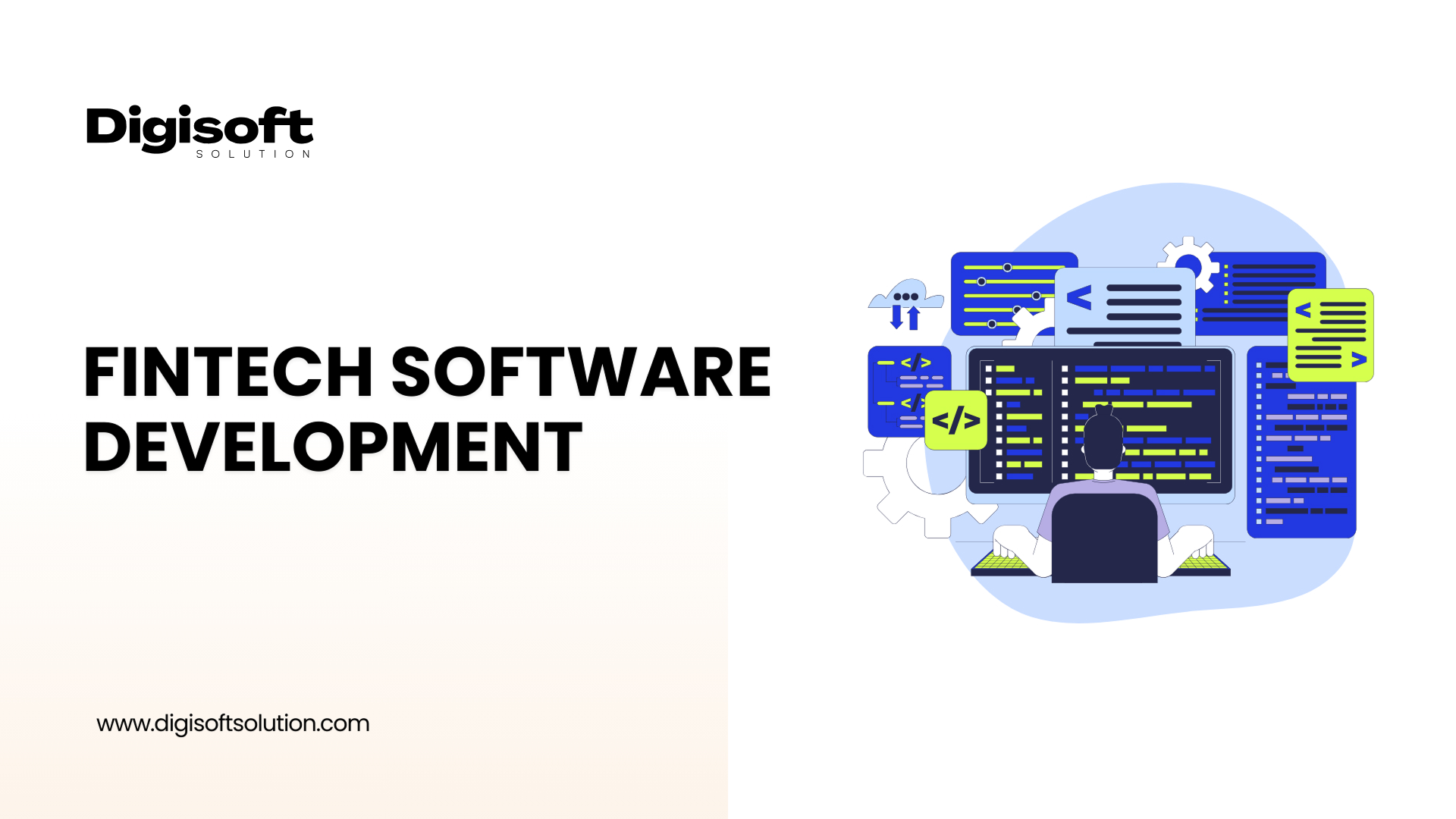
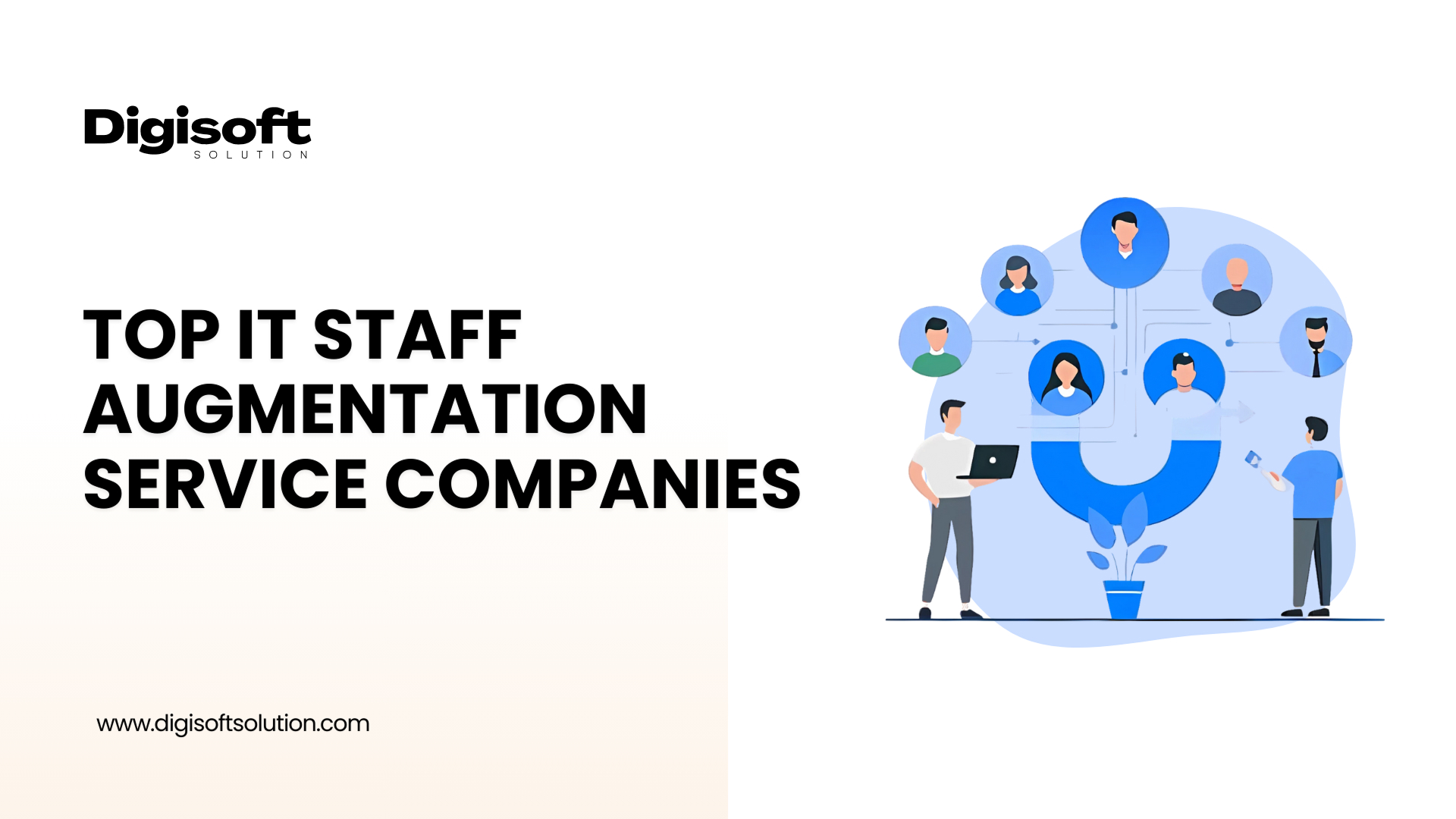
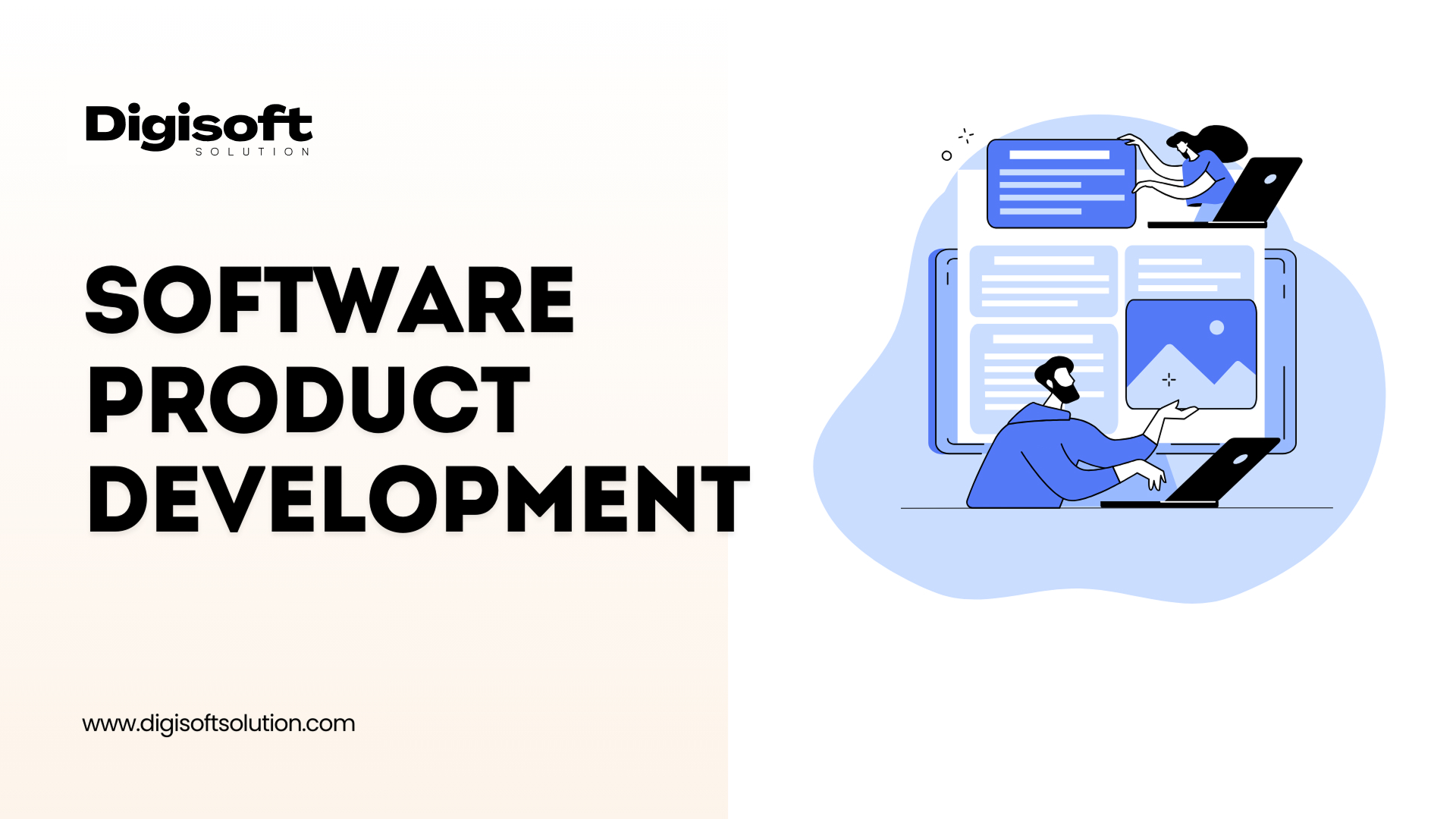
 Kapil Sharma
Kapil Sharma
